The CookieHub blog: your go-to resource for navigating the evolving intersection of data privacy and global privacy regulations, cookie compliance, and consent management.
Whether you seek insights on the latest GDPR, CCPA, LGPD, and other data privacy laws, or looking to understand the intricacies of cookie management and consent management, this blog is the place for you.
Our blog offers coverage of privacy laws and information on the latest regulations, including the GDPR, CCPA, LGPD, and CNIL. Stay informed on the latest developments in cookie compliance right here.
We empower marketers, developers and business leaders to stay compliant, build trust, and future-proof digital experiences for users everywhere.
CookieHub now fully supports IAB TCF v2.3
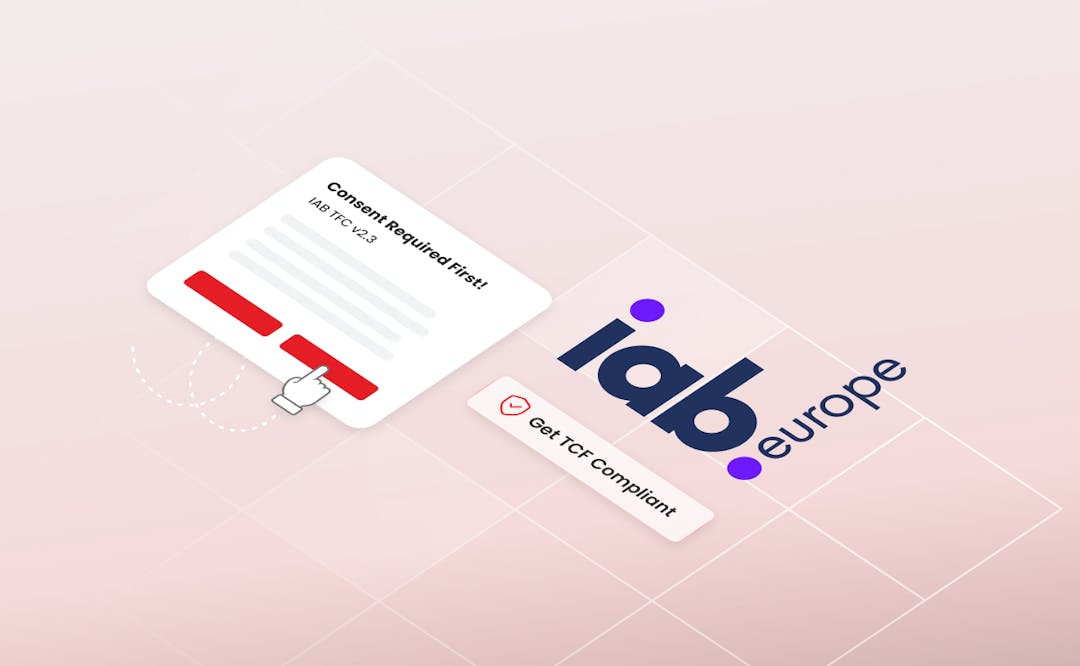
CookieHub version 2.8.15 now fully supports IAB TCF v2.3, introducing an explicit "disclosed vendors" signal for improved legal clarity. This backward-compatible update ensures alignment with the latest IAB Europe standards without requiring UI changes. Users can easily upgrade via the CookieHub dashboard to maintain seamless, up-to-date compliance.
Blockchain, Consent, and GDPR: Navigating the Privacy Maze in a Decentralized World
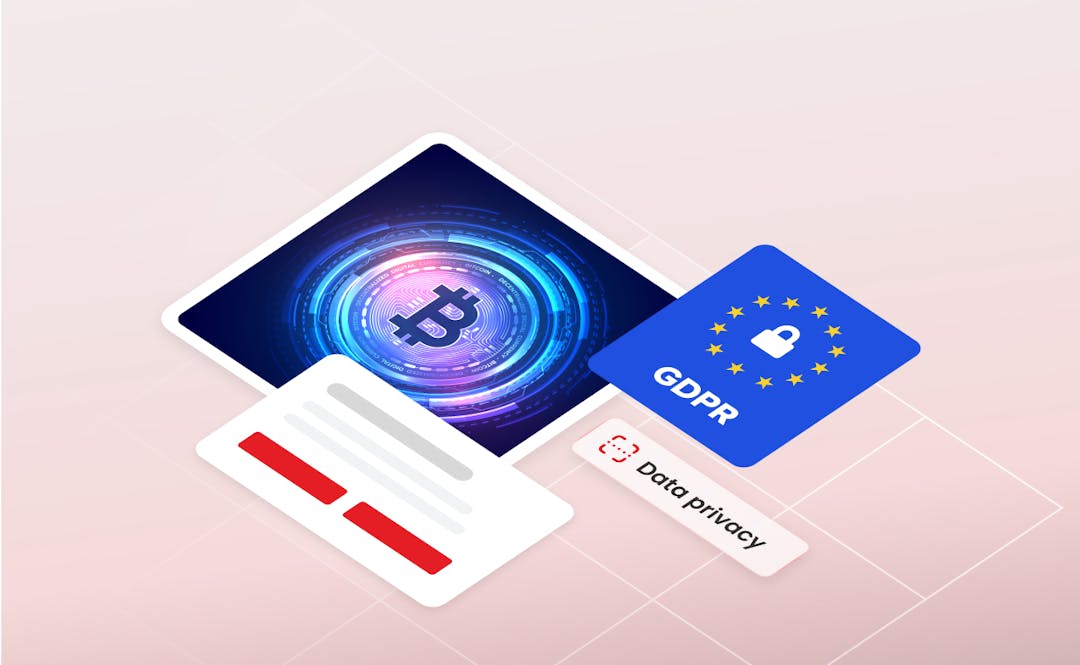
This blog explores the tension between blockchain’s immutable nature and GDPR’s privacy requirements. It highlights how decentralization clashes with the "right to be forgotten," while detailing EDPB guidelines for compliance. By using off-chain storage, encryption, and robust consent gateways, developers can innovate responsibly while protecting fundamental user data rights.
When Legacy Meets Privacy: Non-Digital Industries Struggle with Data Governance and Consent
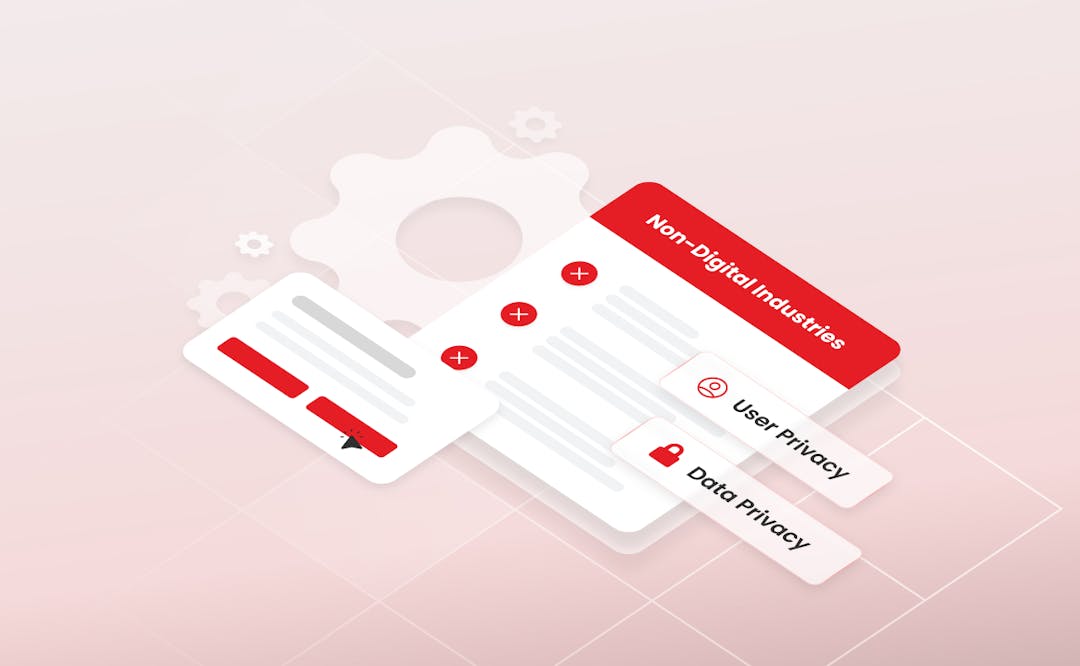
Non-digital industries like manufacturing and construction struggle with data privacy due to fragmented legacy systems and cultural resistance. Facing complex regulations and rising cyberattacks, these "analog" firms must prioritize leadership buy-in and modern consent management platforms to transform compliance burdens into a foundation for trust and operational resilience.
When data goes where consent hasn’t
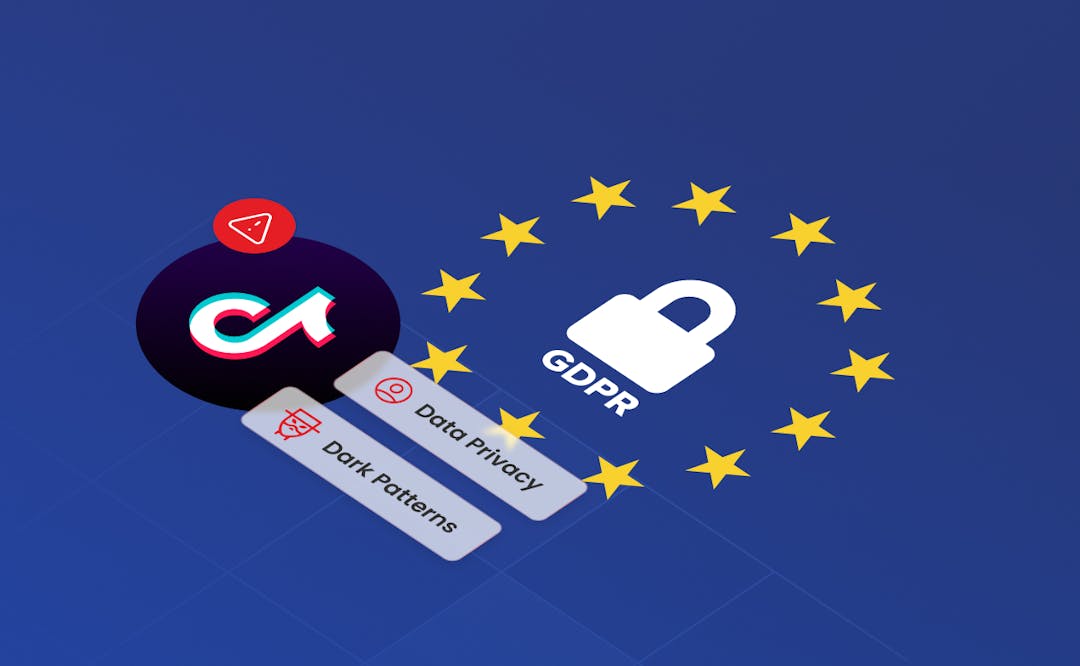
A massive €530 million GDPR fine hit TikTok for illegally transferring EU user data to China without adequate consent or protection, highlighting a critical privacy issue. Weak consent, dark patterns, and vague notices erode trust. Solutions mandate enhanced transparency, flexible design, and strict legal enforcement to ensure data only goes where permission is explicitly given.
What is the future of targeted ads in a consent-first world?
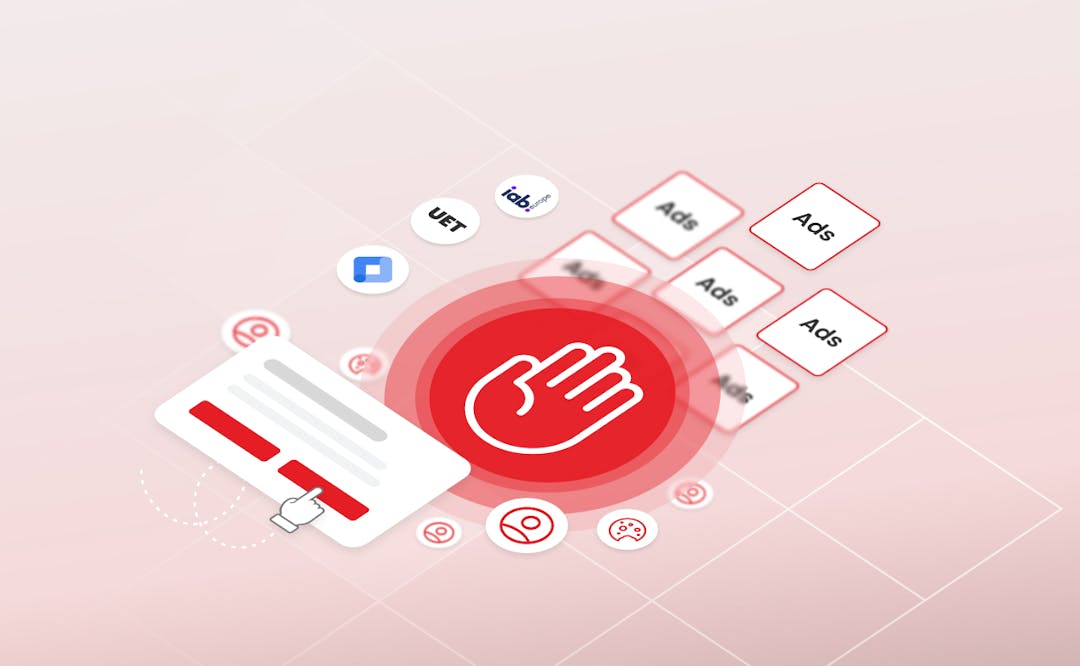
The O’Carroll v. Meta case highlights growing regulatory focus on user consent and targeted advertising. Regulators, like the ICO, affirm targeted ads are direct marketing and subject to GDPR. Companies must honor opt-outs, avoid dark patterns, and secure genuine, informed consent to build consumer trust and ensure compliance.
Are Privacy Regulations and Consent Mechanisms Keeping Pace with Emerging Tech?
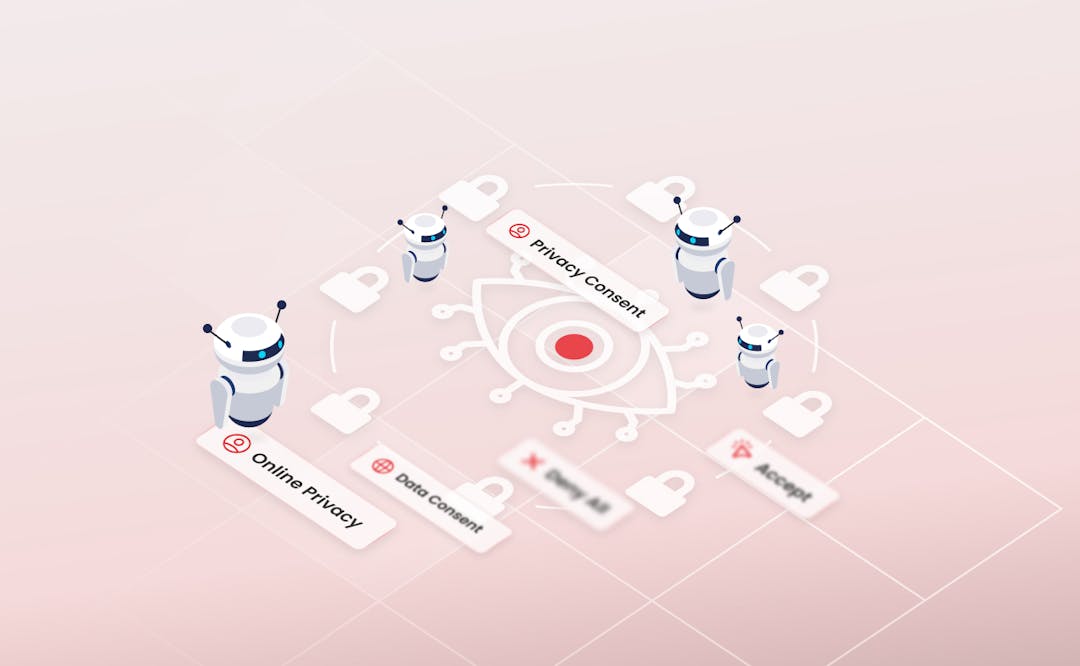
Patchwork privacy laws and slow, outdated consent models are no match for accelerating AI, neurotech, and surveillance. Regulation expands unevenly, leaving gaps in neural data, profiling, and encryption. Static consent remains inadequate. Without unified, dynamic, privacy-by-design frameworks, organizations risk falling behind and exposing users to unchecked data exploitation.
Privacy: the most valuable right of all
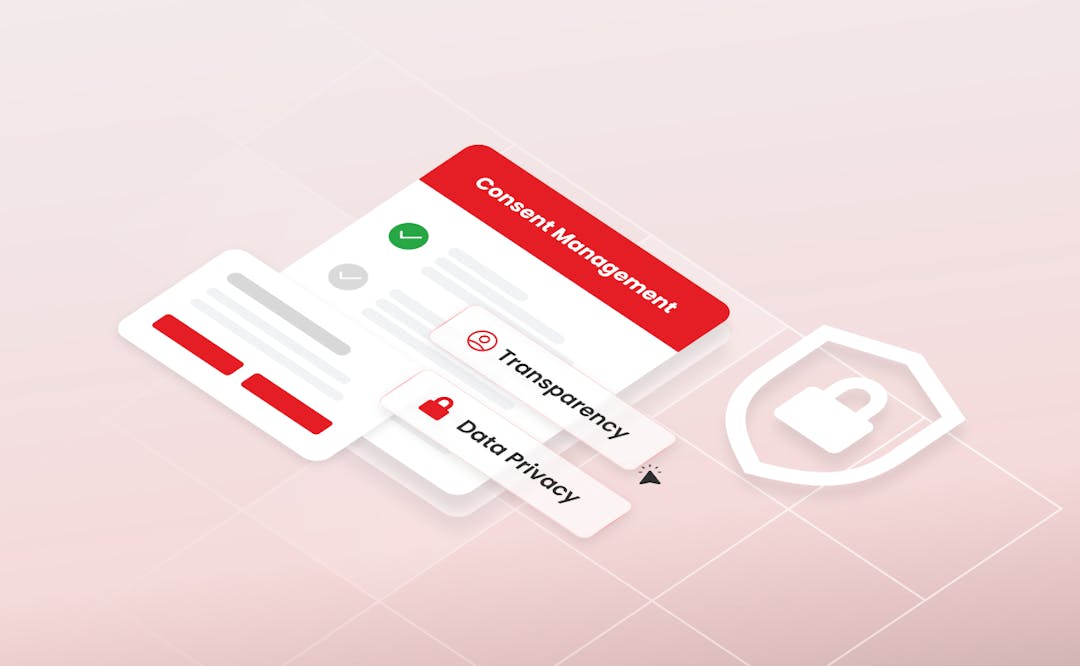
Privacy is collapsing under pervasive data collection, dark patterns, and weak consent practices. Individuals lose autonomy while businesses court legal and reputational risk. True, transparent consent management is non-negotiable—providing control, compliance, and trust. Ethical, purpose-based data use and strong CMPs are now the minimum standard for responsible digital operations.
Where are tracking cookies and cookie consent headed?
Regulators are tightening expectations around cookie consent, exposing how tracking persists through supercookies and loopholes. With third-party cookies lingering, enforcement focuses on real user choice, not banners. New UK rules ease low-risk uses while AI reshapes consent operations. The future demands adaptive, accountable, risk-based data practices across global digital ecosystems.
When “no cookies” isn’t enough: How browsers still track you
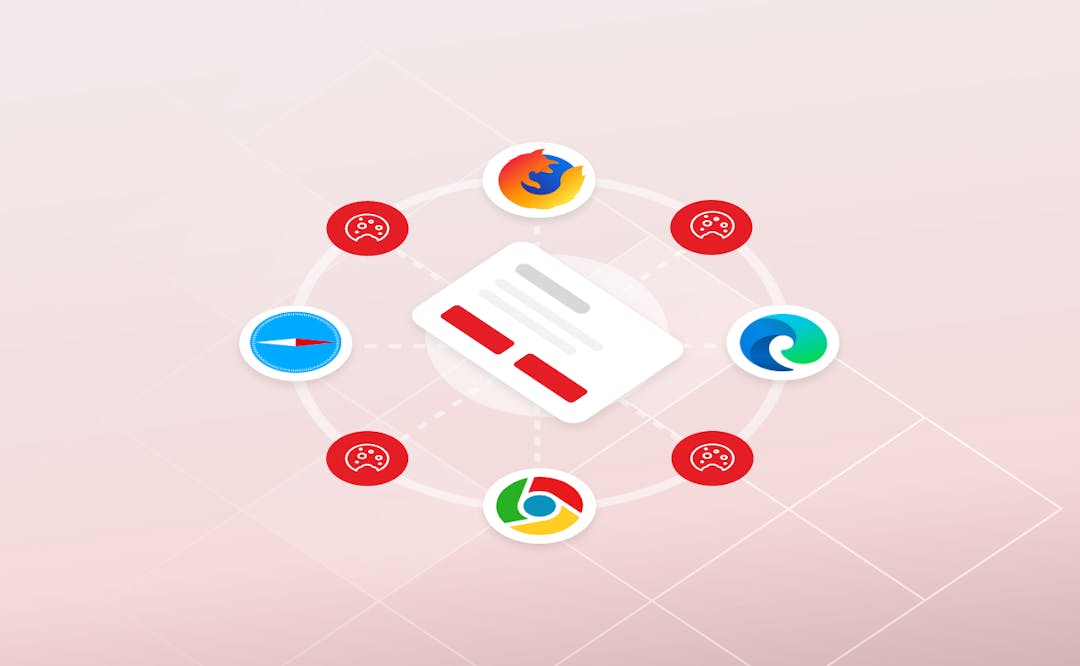
Rejecting cookies doesn’t stop tracking. Many sites use undeletable or “intractable” cookies, fingerprinting, and evercookies to identify users. Apps and browsers like Chrome also enable cross-device tracking. True privacy needs stricter consent and awareness—cookie banners alone can’t protect against today’s hidden, persistent tracking methods.
Expanding frontiers in consent and data privacy: Class actions without a data breach
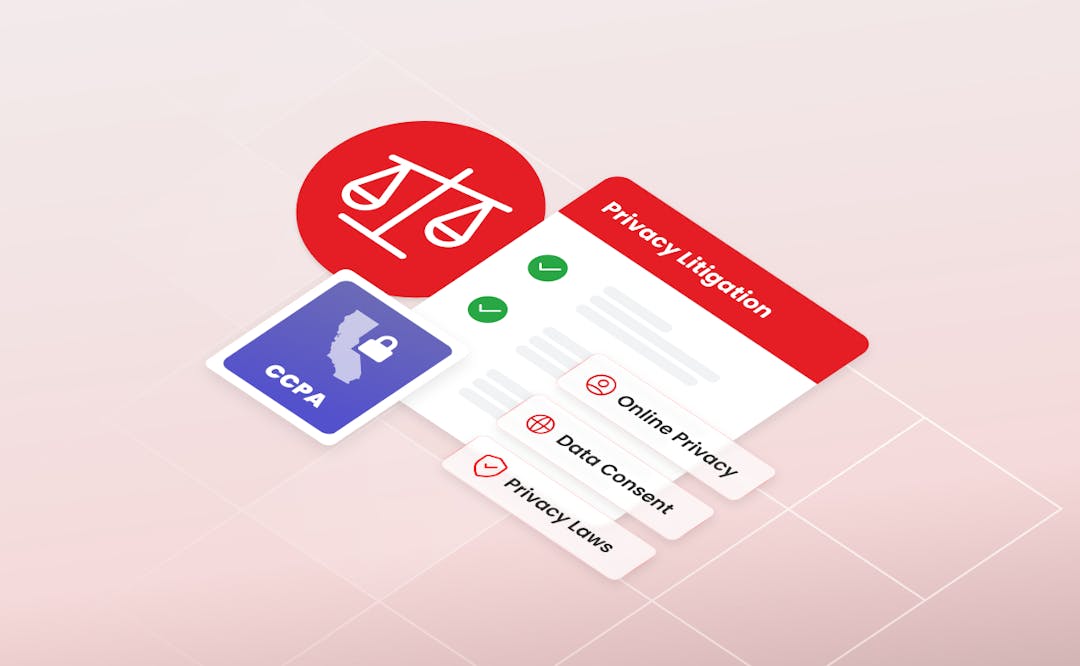
Privacy litigation is expanding beyond data breaches to include routine data use, tracking technologies, and insufficient consent. New interpretations of laws like the CCPA and BIPA, plus wiretapping and video privacy statutes, are fueling class actions. Companies now face liability for consent failures—even without breaches—underscoring the need for robust consent mechanisms.
Relieve consent fatigue: How a CMP can help
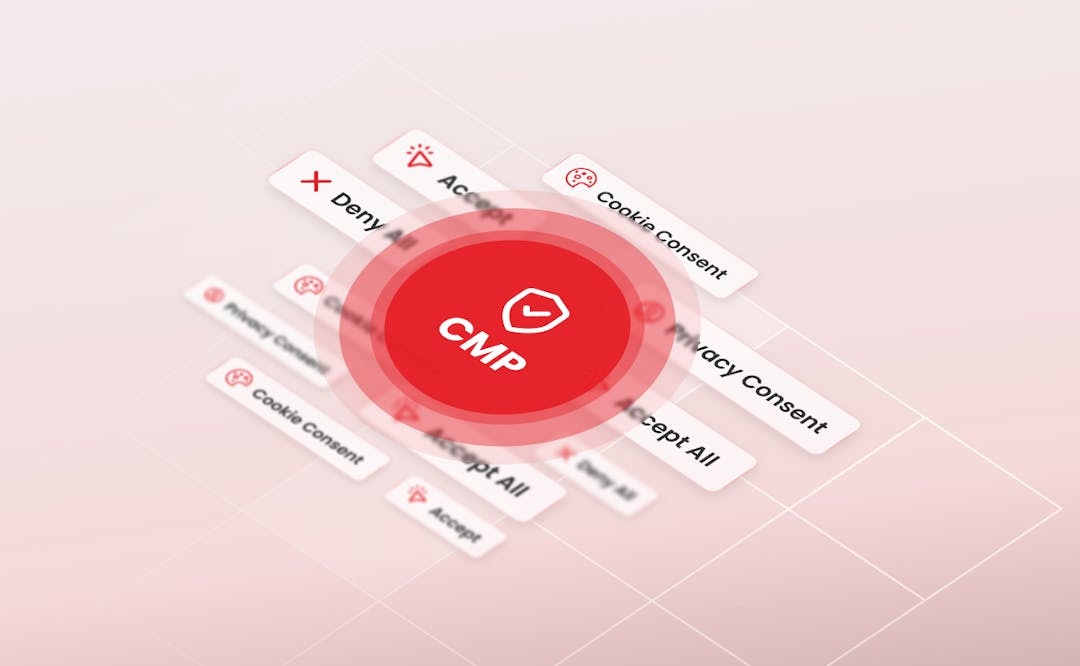
Consent fatigue is rising as users face constant cookie prompts and fragmented privacy laws. Regulators demand fair, simple consent choices, while businesses must balance compliance and marketing. Modern consent management platforms (CMPs) can reduce fatigue by honoring opt-out signals, designing ethical banners, minimizing repetition, and integrating trust-focused privacy practices.
Security and data privacy compliance are not the same thing
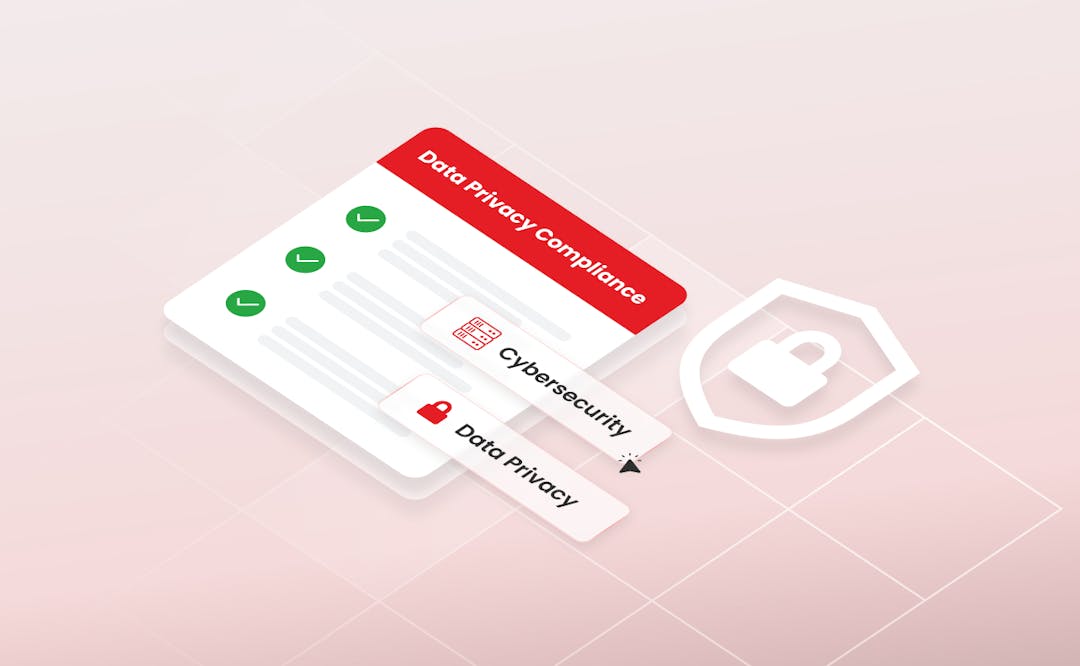
Cybersecurity and data privacy compliance are distinct yet interdependent. Cybersecurity protects systems from threats, while privacy ensures lawful data handling. Confusing the two creates risk. Integrated strategies—combining governance, privacy-by-design, and consent management—are essential for compliance, trust, and resilience. A Consent Management Platform like CookieHub unifies both domains effectively.
Don’t Lose Your Clarity Data: Get Ready for Microsoft’s October 31 Consent Signal Deadline
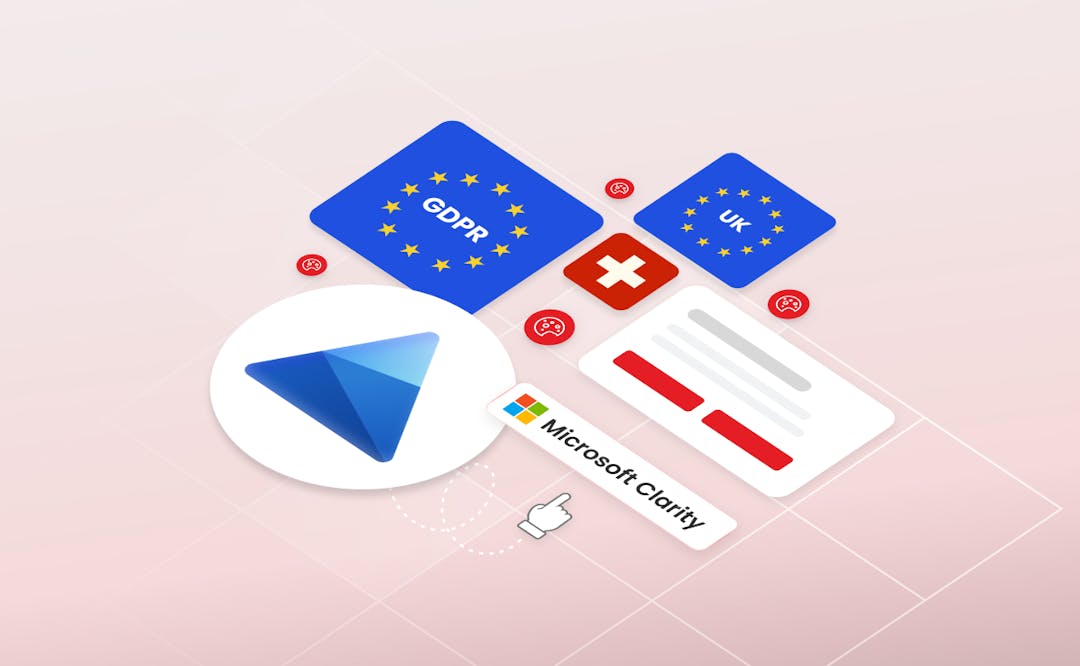
Starting October 31, 2025, Microsoft Clarity will require valid consent signals from visitors in the EEA, UK, and Switzerland before collecting analytics data. Without them, key features like session replays and funnels may be lost. Using a consent management platform such as CookieHub ensures compliance, preserves analytics quality, and maintains user trust.
EU digital advertising under scrutiny: From consent frameworks to surveillance-based ads
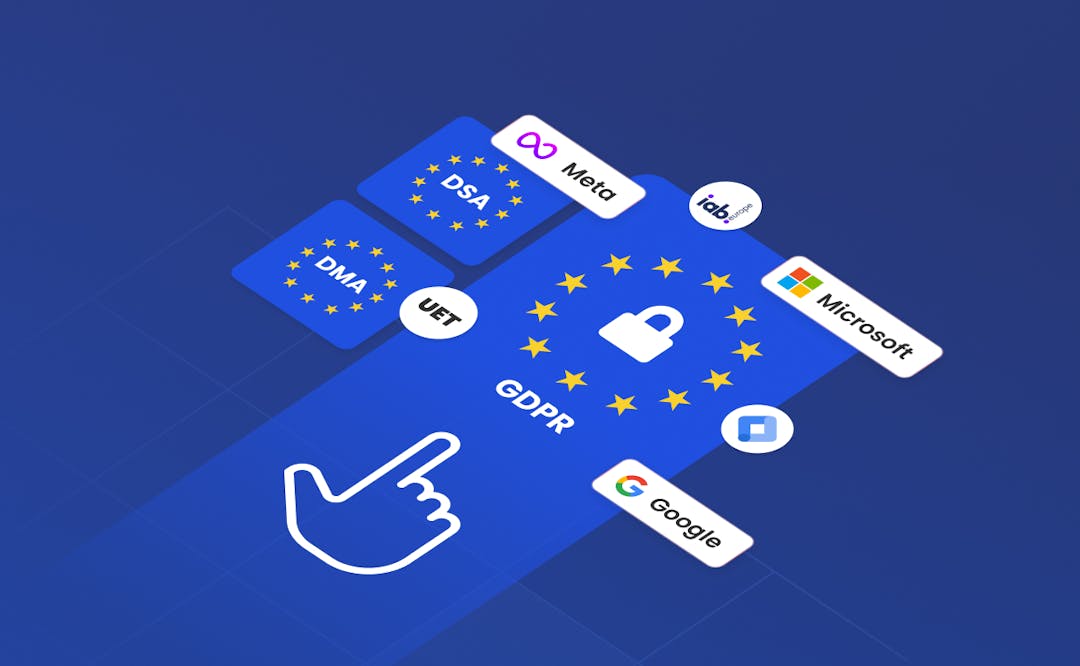
The EU is intensifying scrutiny of digital advertising, targeting tracking-based models and redefining personal data. Legal rulings challenge IAB Europe's TCF, confirm shared GDPR liability, and outlaw key consent practices. With the DSA and DMA adding pressure, the shift toward privacy-first, consent-driven, and less intrusive ad models is accelerating across Europe.
Web session hijacking via cookies and how a CMP can help

Kaspersky warns that session hijacking via cookies poses serious security risks, allowing attackers to impersonate users or steal data. The report highlights threats like XSS, session fixation, and insecure cookie settings. Strong defenses include HTTPS, Secure/HttpOnly flags, MFA, and consent management platforms (CMPs) like CookieHub to minimize cookie-based vulnerabilities.
When Consent Fails: Real-World Privacy Violations and the Need for Adaptive Consent Management
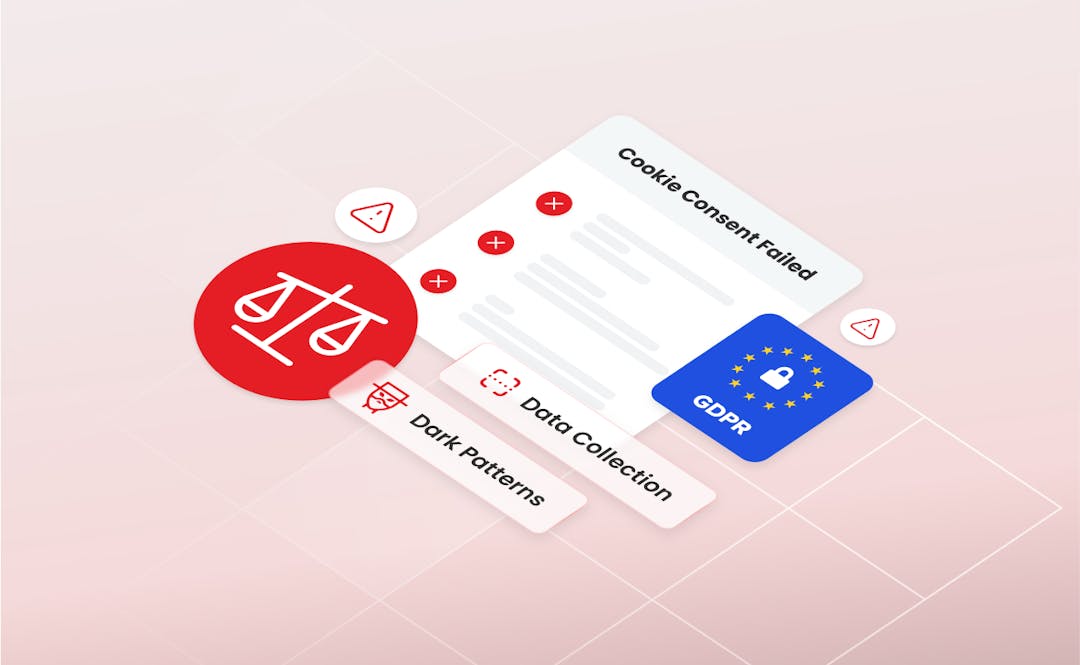
The blog examines real-world privacy violations that expose the shortcomings of traditional consent systems. It argues that static, one-size-fits-all consent models can erode trust and user rights, calling instead for adaptive consent management—flexible, transparent, and responsive to evolving technologies, regulations, and user expectations.
Data privacy and consent: Not just a siloed IT or tool issue
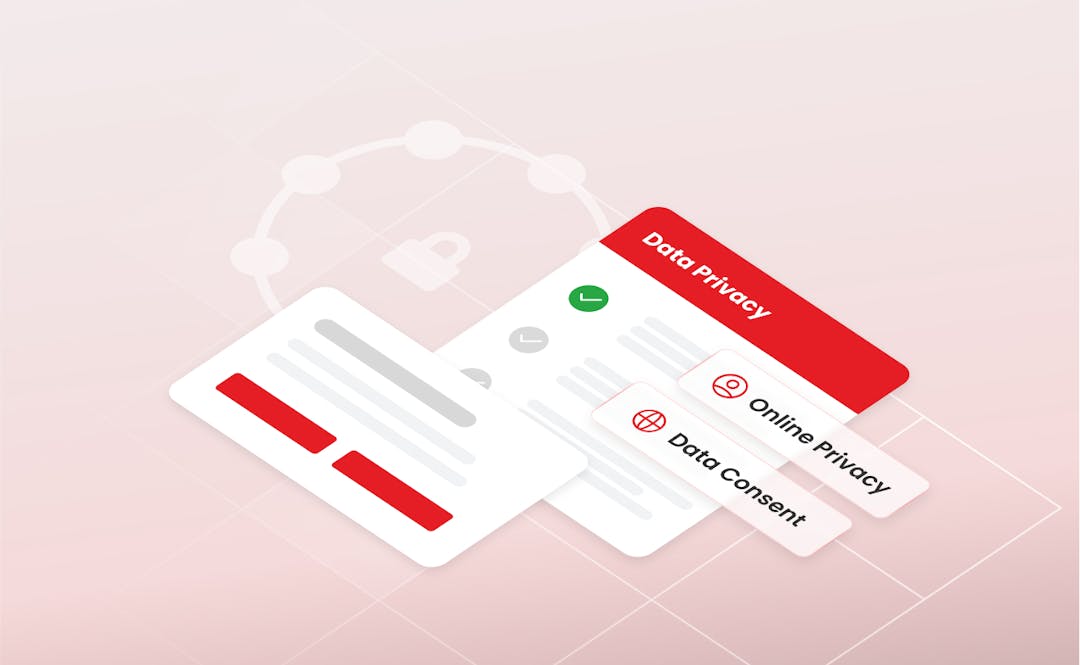
Modern data privacy goes far beyond compliance and cookie banners. It’s a strategic, enterprise-wide priority that blends technology, culture, and trust. Businesses that embed privacy into operations—through leadership, employee awareness, and transparent practices—build resilience, strengthen customer loyalty, and turn privacy from a legal obligation into a competitive advantage.
Do consent management and data privacy systems work in the real world?
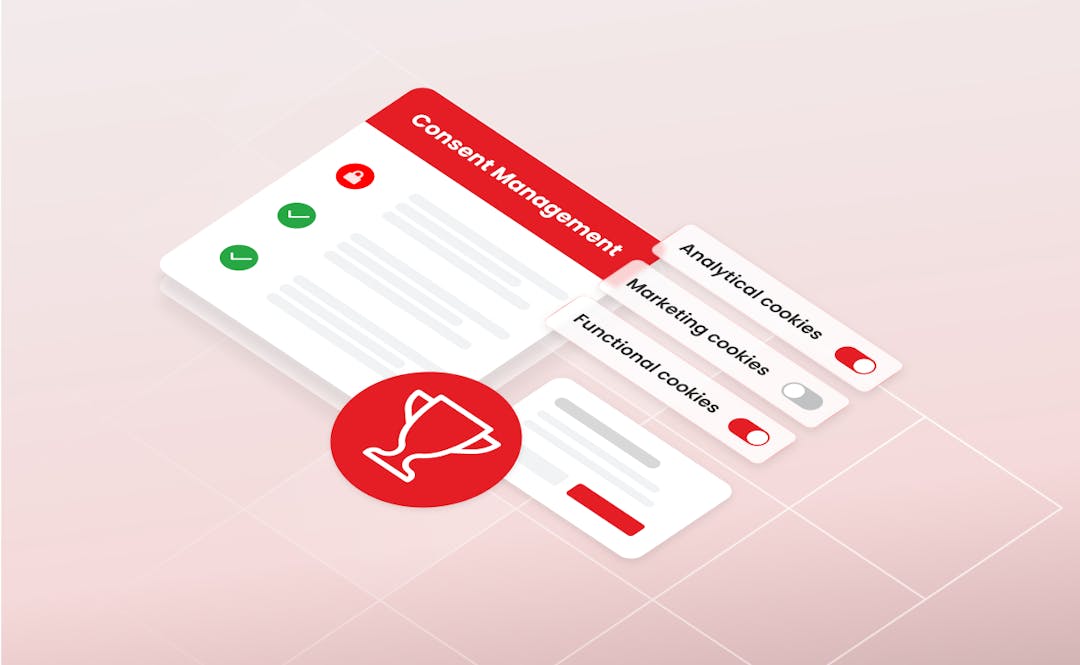
Consent management platforms (CMPs) promise real privacy and compliance but often fall short in practice. Studies reveal manipulative designs, broken revocation, and ignored opt-outs undermine user trust. True compliance requires continuous auditing, integration, and user-centered design. When done right, CMPs evolve from checkbox compliance to genuine, trust-building data governance systems.
Reducing consent fatigue in the EU … Easier for whom and at what cost?
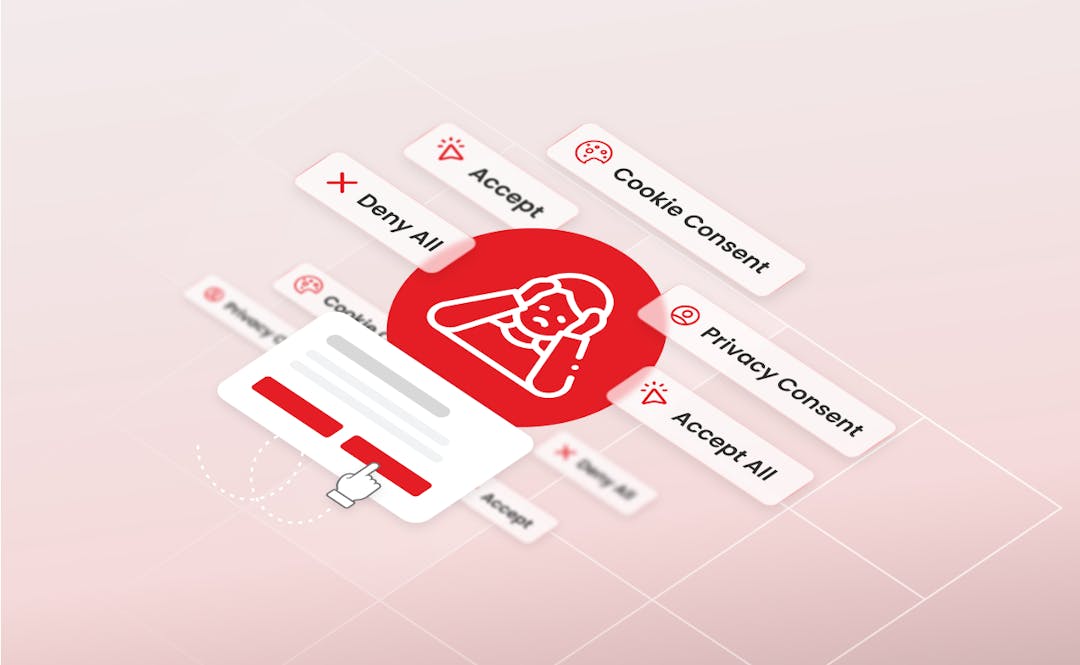
The EU seeks to simplify cookie consent to combat user “consent fatigue,” but easier consent risks weakening privacy protections. Proposals include standardized settings, exemptions, and browser-level consent tools. Reforms must preserve transparency, meaningful choice, and accountability to prevent usability improvements from eroding the EU’s core data protection and user autonomy principles.
Defend your right to delete your data
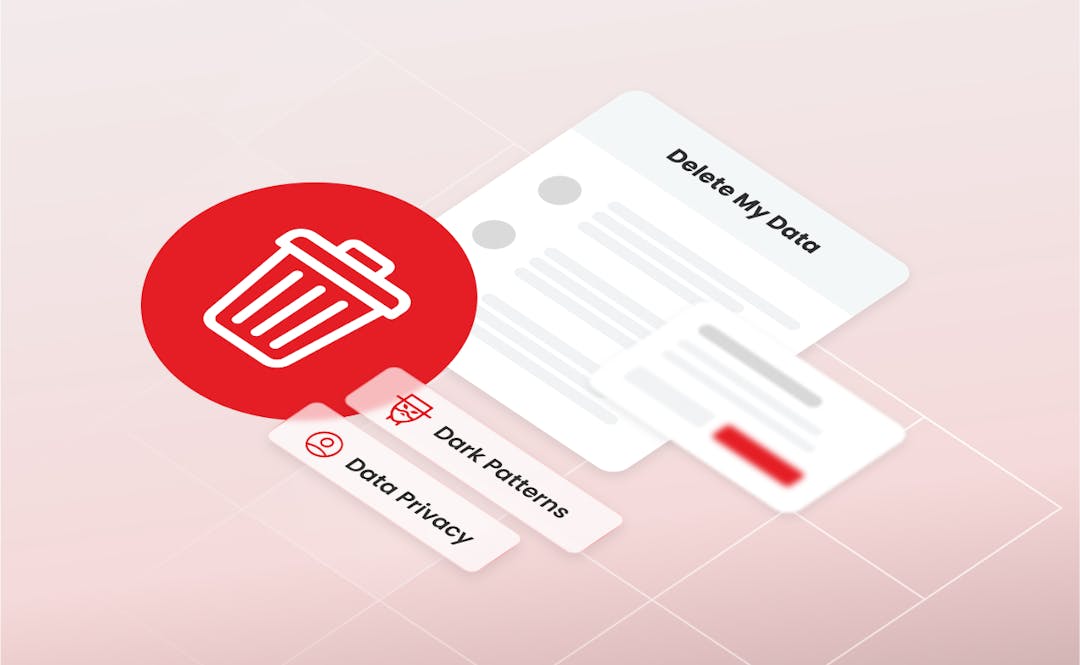
Data brokers profit from selling personal information and often obstruct deletion requests using “dark patterns.” Despite privacy laws like GDPR and CCPA granting deletion rights, brokers hide opt-out pages and complicate processes. Weak enforcement, fragmented regulations, and deceptive designs undermine true consent, leaving consumers powerless to protect their digital privacy.
Is AI-Powered Cookie Consent Management the future?
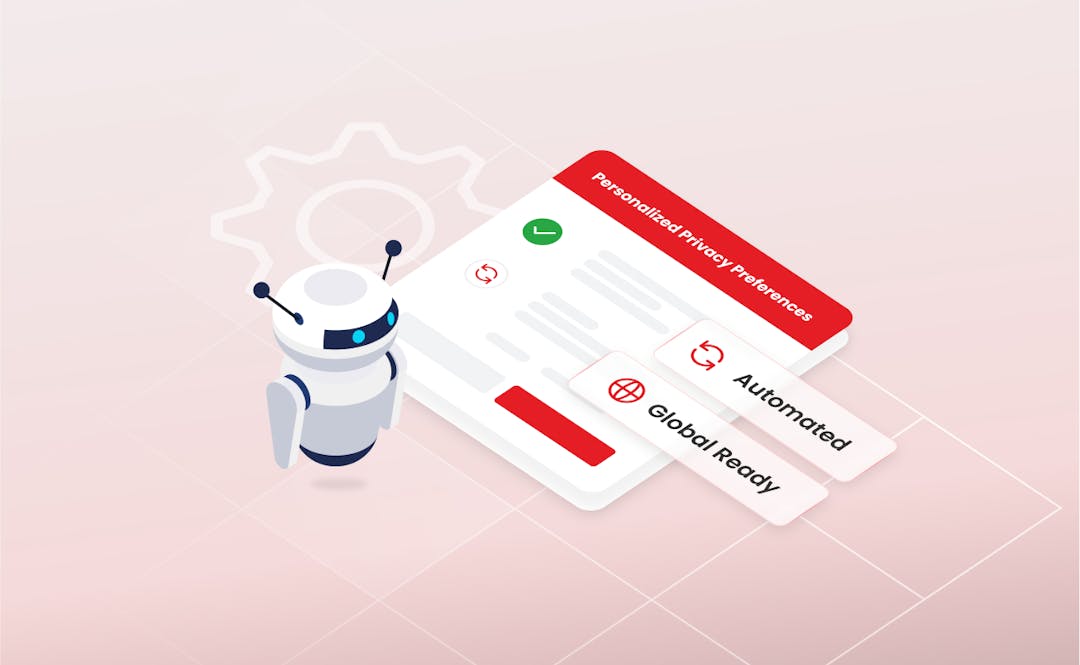
AI-powered cookie consent management is transforming compliance by automating detection, categorization, and banner personalization while adapting to global regulations. It enhances efficiency and user experience but raises transparency, bias, and trust concerns. Future success requires ethical oversight, accountability, and regulatory alignment, ensuring AI enables trustworthy, adaptable, and user-centric consent solutions.
When automated AI decision-making violates data privacy and consent rules
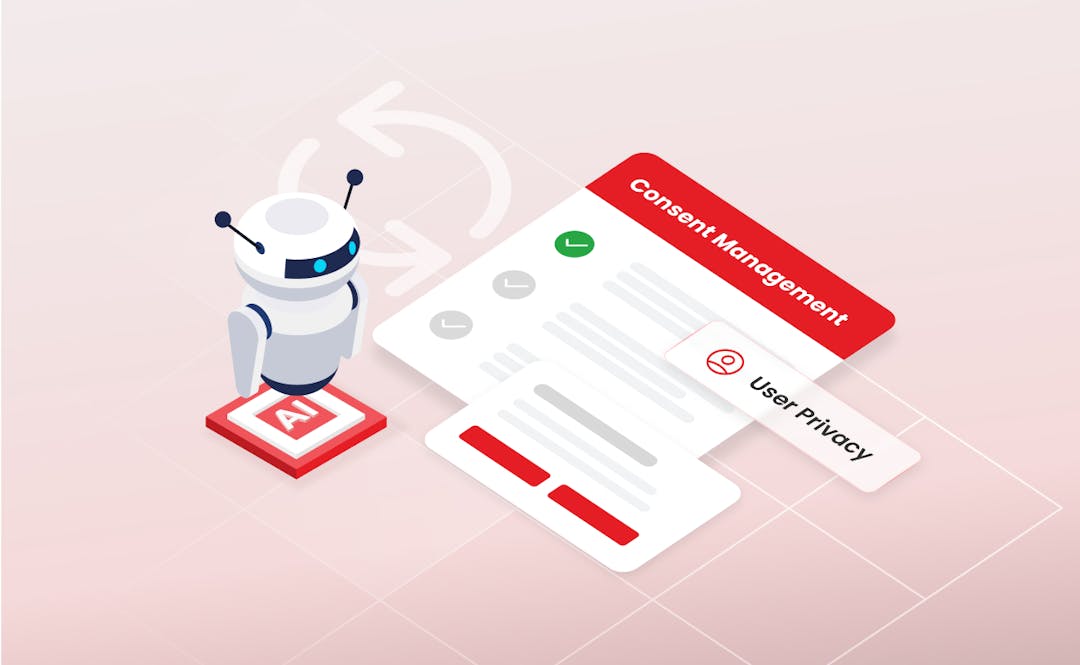
AI-driven decision-making increasingly clashes with data privacy and consent rules, exposing risks of bias, opacity, and legal violations. Global regulators, led by the EU, mandate transparency, explainability, and human oversight for high-risk AI. Organizations must adopt proactive governance, privacy-by-design, and meaningful consent to ensure accountability, fairness, and trust.
The EU Data act is coming
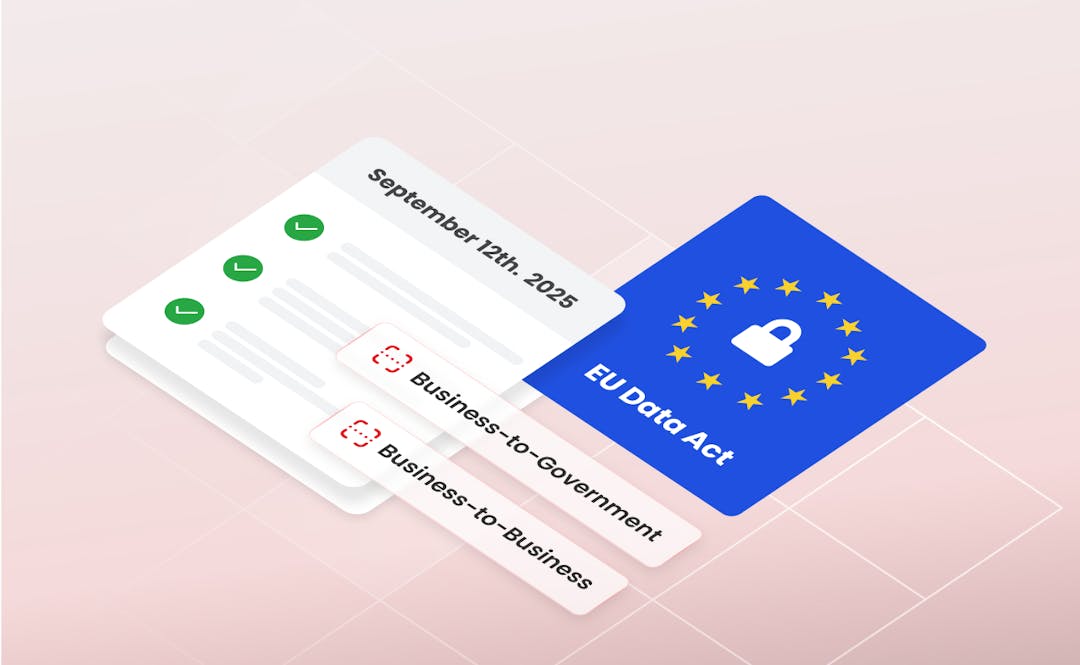
Effective September 2025, the EU Data Act aims to unlock industrial data and boost innovation. It empowers users to access and share data from connected devices, reducing vendor lock-in. Businesses must align data sharing with GDPR standards, updating cookie consent and technical frameworks to ensure transparency or face significant fines.
Europe’s AI Act and what it means for data privacy, consent and the developers that build tech
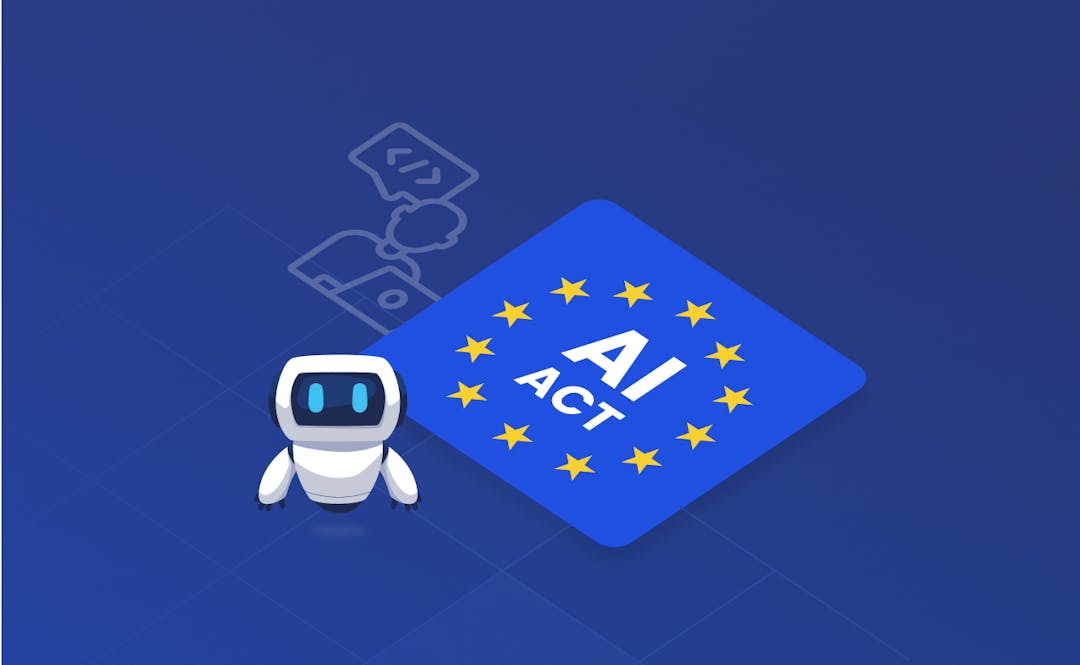
Europe’s AI Act introduces the first global legal AI framework, balancing innovation with privacy and consent. Its phased rollout, Code of Practice, and GDPR intersections challenge developers and tech companies. Compliance requires risk categorization, transparency, AI literacy, and valid cookie consent, shaping the future of trustworthy, rights-respecting AI in Europe.
Digital Services Act (DSA) Compliance for Marketers — Leveling the Playing Field in Digital Trust
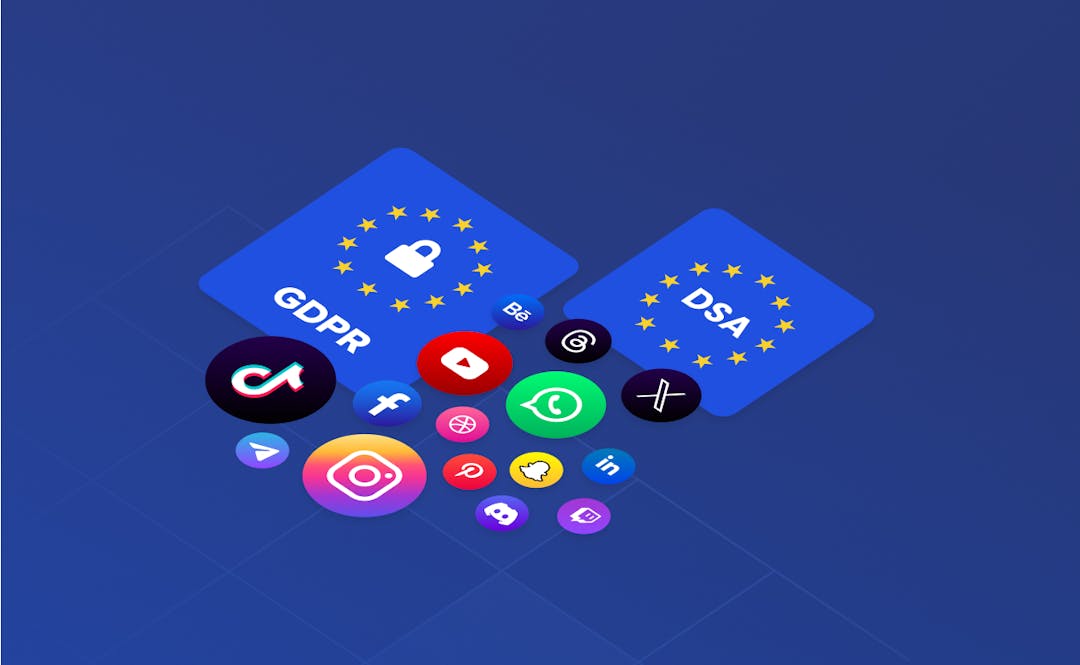
The EDPB’s new Guidelines 3/2025 clarify how the DSA and GDPR work together, reshaping marketing practices around transparency, profiling, recommender systems, and protection of minors. For marketers, compliance is not only about risk avoidance — it’s a competitive advantage that builds trust, loyalty, and reputational strength through ethical data use.
Hidden cookies & the future of digital consent: A world of dark patterns a symmetrical shift
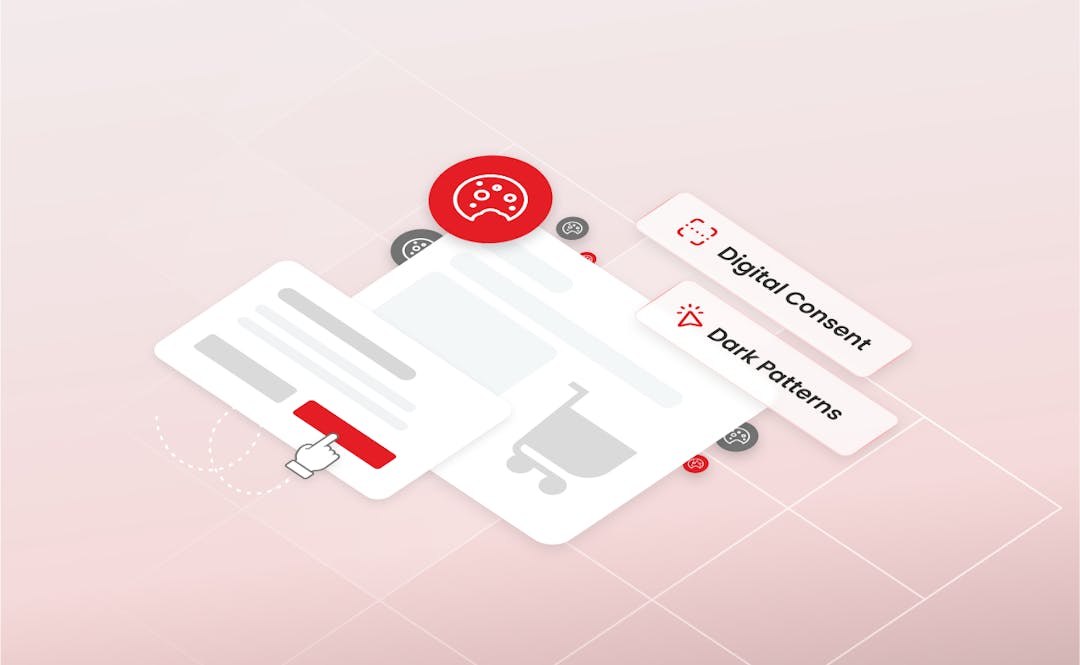
Dark patterns in cookie consent banners undermine user autonomy and breach privacy laws. Regulators worldwide now demand “symmetry of choice,” ensuring rejecting cookies is as simple as accepting them. With growing enforcement and fines, businesses must adopt transparent consent practices, leveraging Consent Management Platforms (CMPs) to build trust and compliance.
Accidental US citizens: Belgian tax authority will not share data with the US
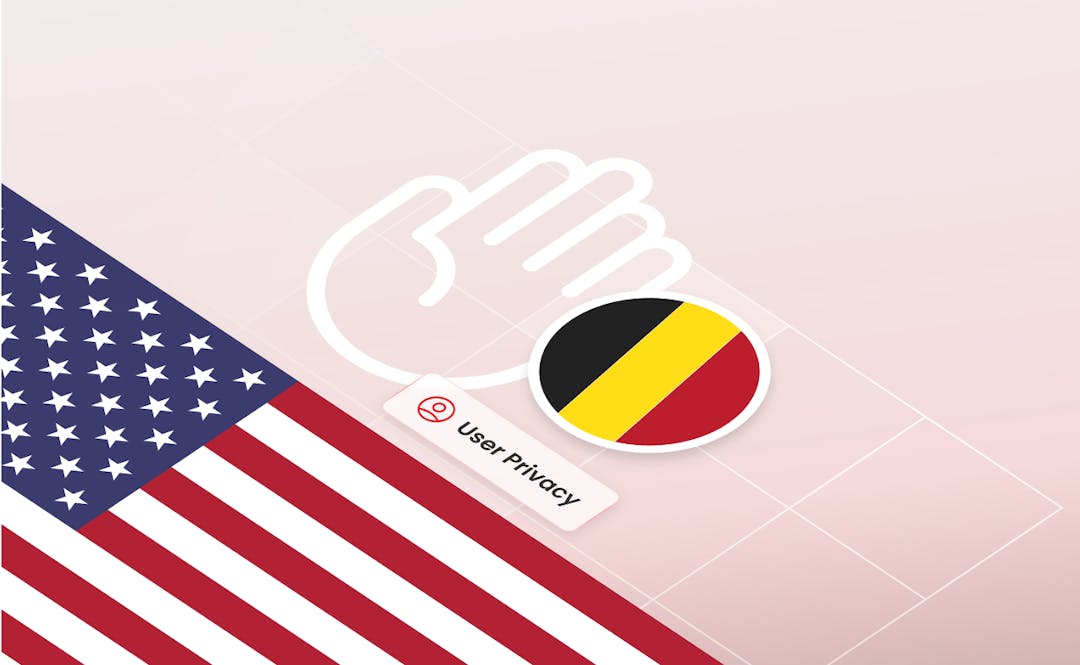
Belgium’s Data Protection Authority ruled that sharing citizens’ financial data with the US under FATCA violates GDPR, shielding “accidental Americans” from unwanted reporting. The decision underscores tensions between US tax law and EU privacy standards, raising broader questions about international data transfers, transatlantic relations, and the balance between taxation and privacy.
The changing face of global data governance: The launch of the CBPR and PRP systems
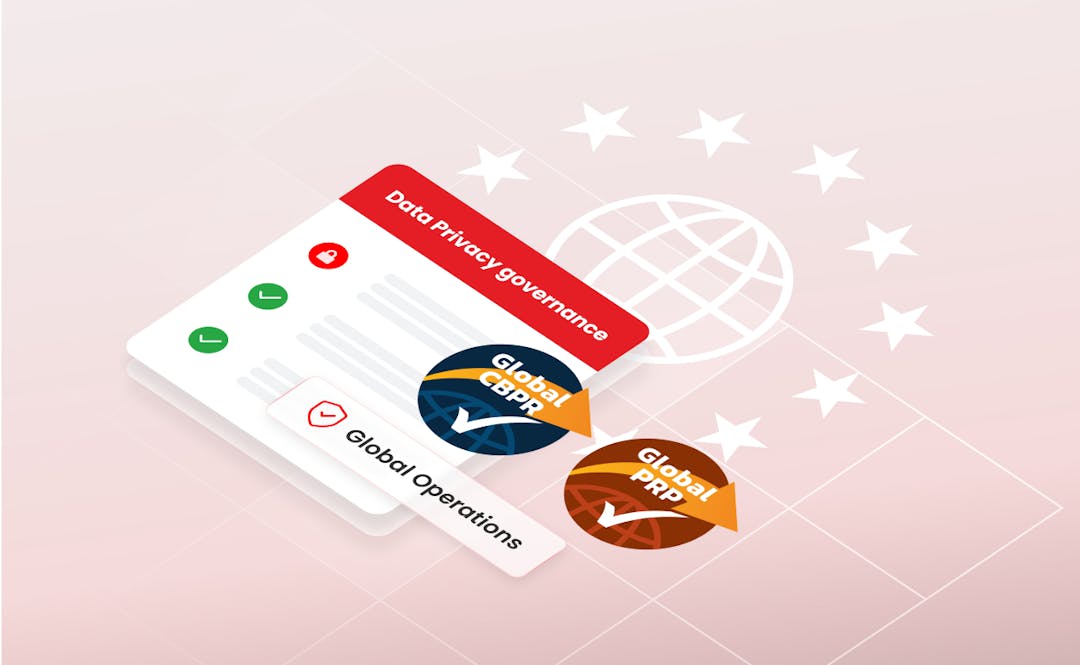
The launch of the Global CBPR and PRP systems marks a major step in harmonizing international data privacy. These certification frameworks simplify cross-border compliance, build user trust, and set global standards for controllers and processors—helping businesses navigate fragmented regulations while signaling commitment to privacy-first practices.
Europe, AI and data privacy: Do GDPR and other regulations hinder innovation?
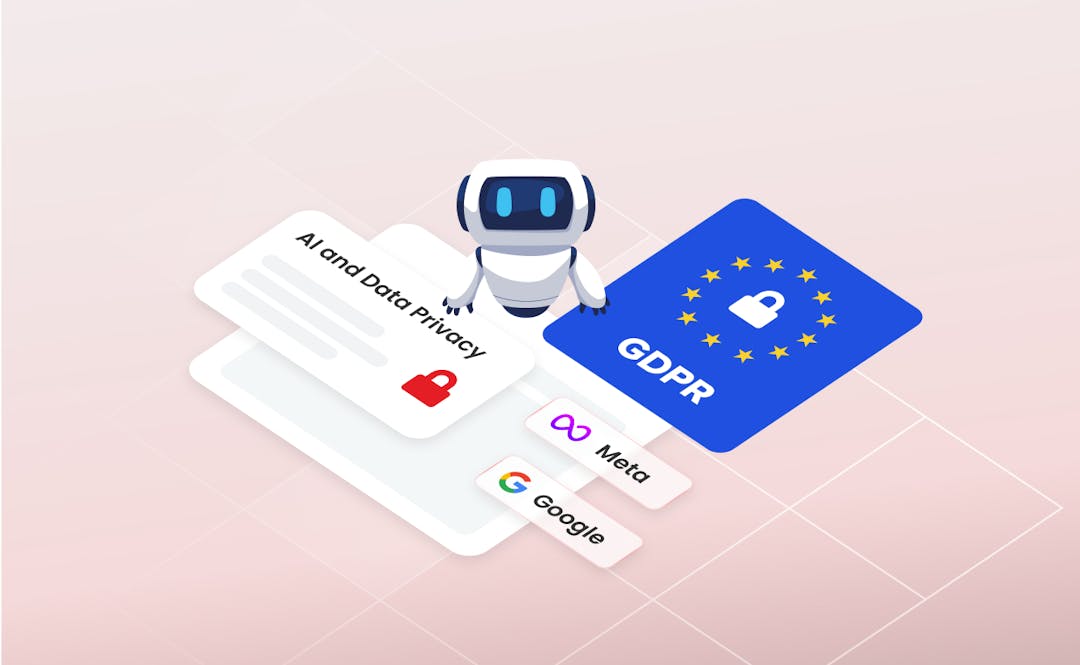
The EU’s GDPR and upcoming AI Act aim to safeguard privacy, but critics argue they hinder innovation. Conflicts arise over transparency, data minimization, and accountability. Balancing AI growth with strong privacy protections requires privacy-first design, compliance monitoring, and ethical practices—ensuring innovation advances without sacrificing fundamental rights.
Keep snacking on those cookies
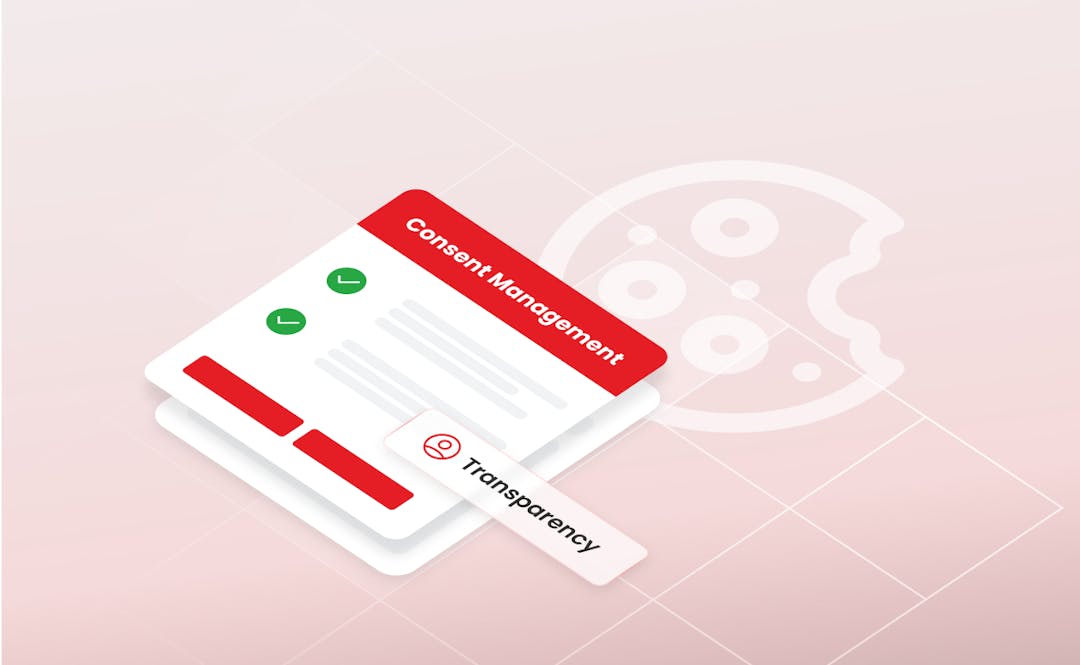
Third-party cookie phase-out faces delays, inconsistent browser policies, and complex compliance challenges. Marketers must adopt privacy-first, consent-auditable, first-party data strategies, avoiding dark patterns to build trust, ensure regulation compliance, and remain competitive.
Get prepared for more robust enforcement of “right of erasure”
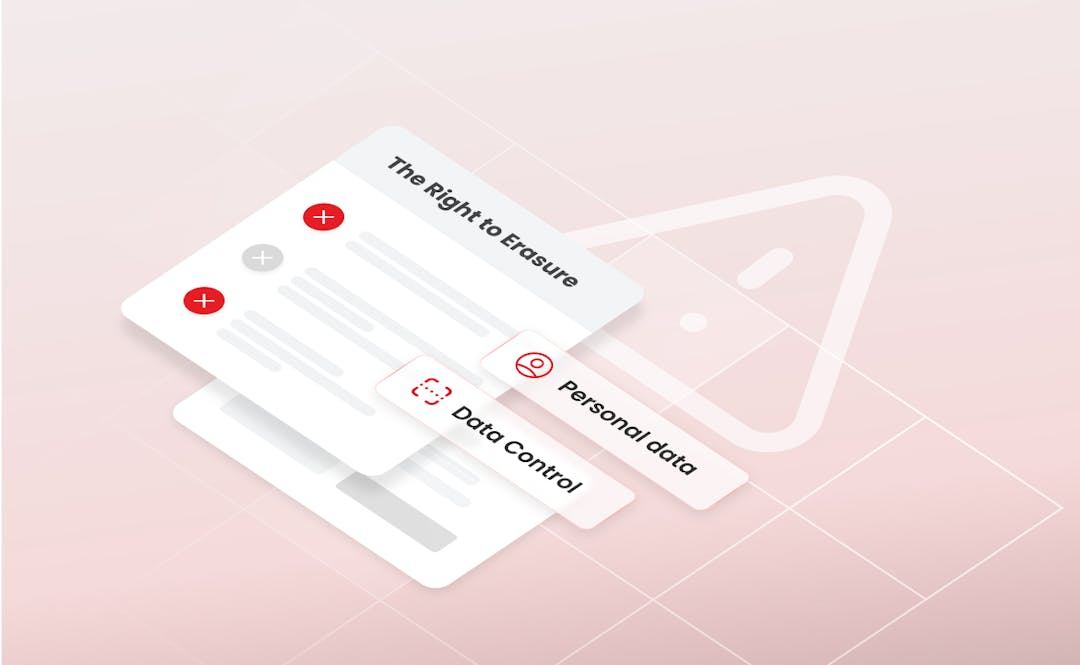
EDPB’s 2025 enforcement targets GDPR Article 17, auditing erasure compliance, including cookies. Rising deletion requests, high costs, and non-compliance risks demand automated workflows, consent tracking, legal readiness, and robust privacy operations to avoid penalties and build trust.
Privacy is personal, but doesn’t erase potential for personalization
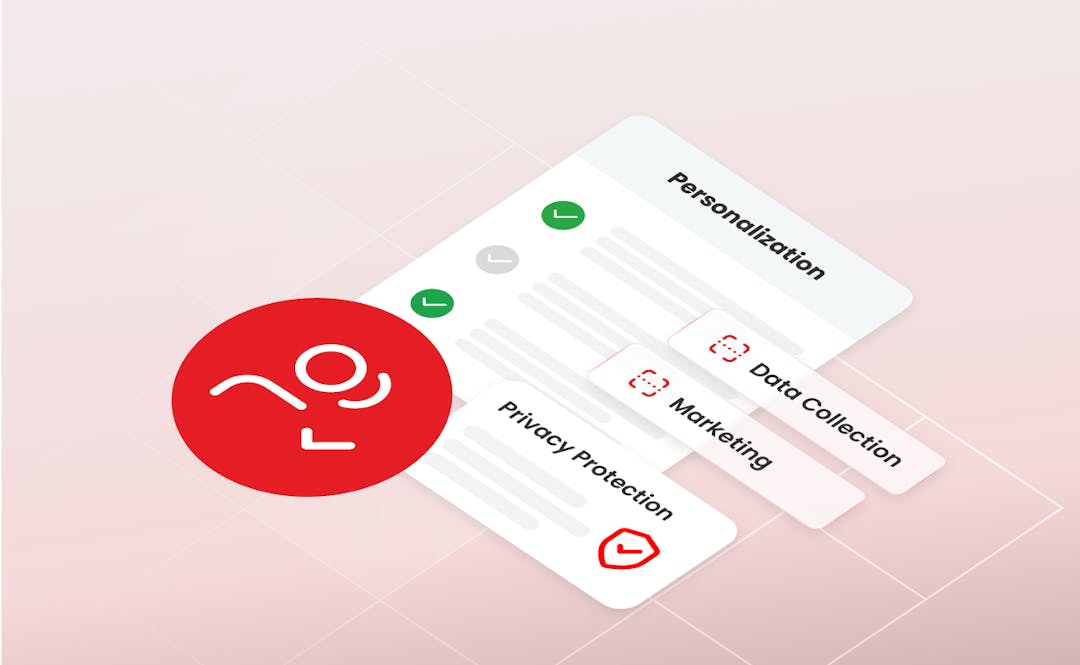
Privacy-first personalization blends relevance with respect for data rights. By using consent-driven strategies like zero/first-party data, preference management, contextual targeting, and responsible AI, businesses can comply with regulations, build trust, and deliver meaningful experiences—proving personalization can thrive without invasive tracking in today’s privacy-conscious digital landscape.
States rights and US data privacy fragmentation
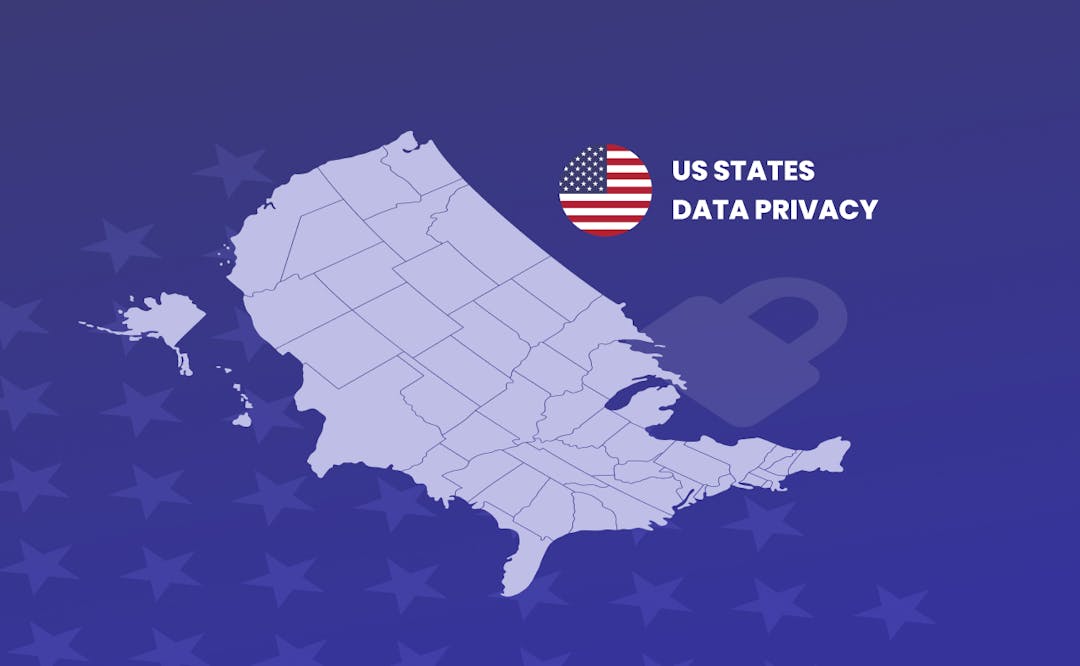
With no federal data privacy law, 20+ U.S. states have enacted their own regulations, creating a complex patchwork. This fragmentation raises compliance costs, causes consumer confusion, and underscores the urgent need for national legislation.
The future of data privacy: What EU GDPR reforms mean for businesses and consumers
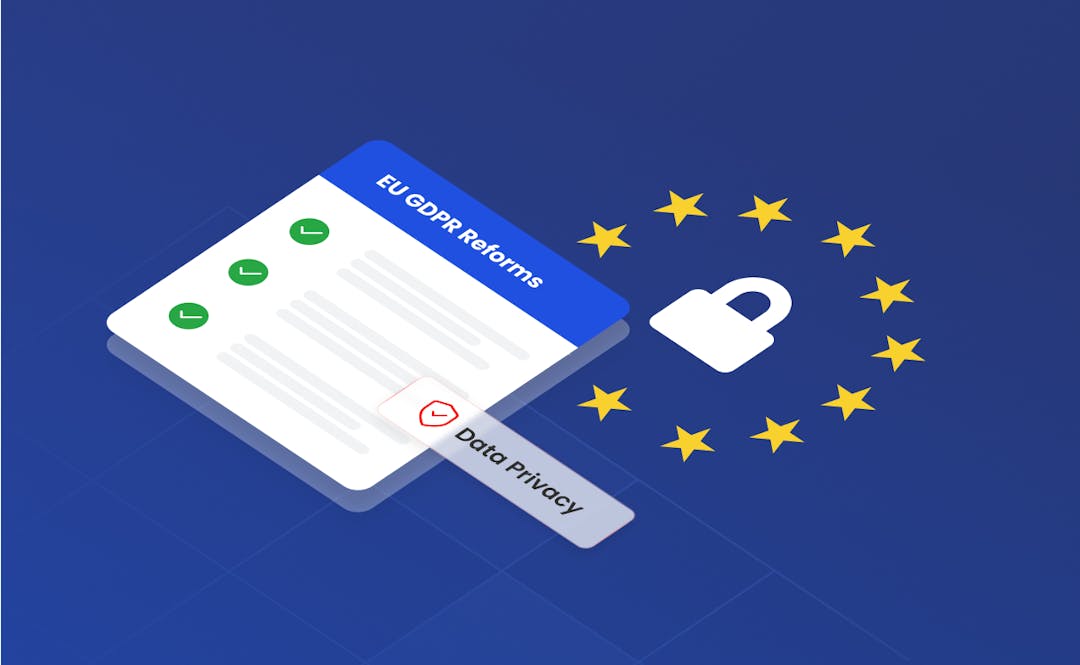
The EU is proposing reforms to the GDPR to ease compliance for businesses, especially SMEs, and improve enforcement across borders. While the changes aim to reduce red tape, privacy advocates warn they could weaken user protections. The outcome will depend on balancing business needs with strong data privacy standards.
A cautionary tale of data protection gone wrong: Kosovo
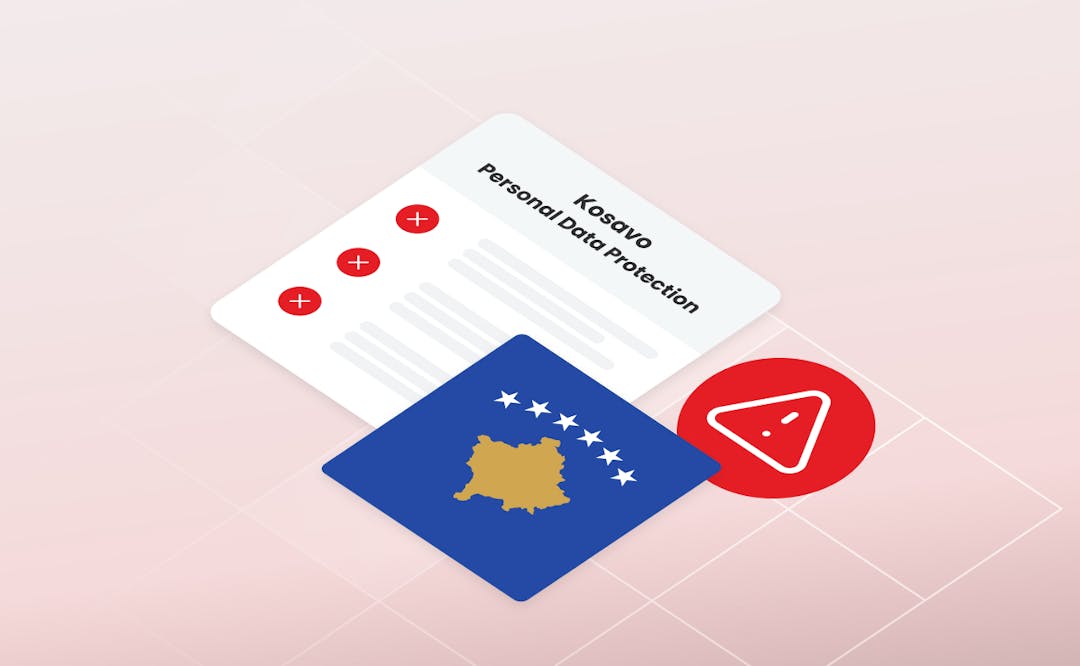
Kosovo's experience shows the dangers of weak data privacy protections. Rapid digitization without proper safeguards has led to frequent data breaches, misuse of personal information, and a lack of accountability. Many citizens are unaware of their rights, and enforcement by authorities is minimal. The situation highlights the need for strong legal frameworks, public awareness, institutional oversight, and privacy-by-design technology to protect personal data and ensure proper consent.
Consent isn’t a dirty word - Turn consent into a brand advantage
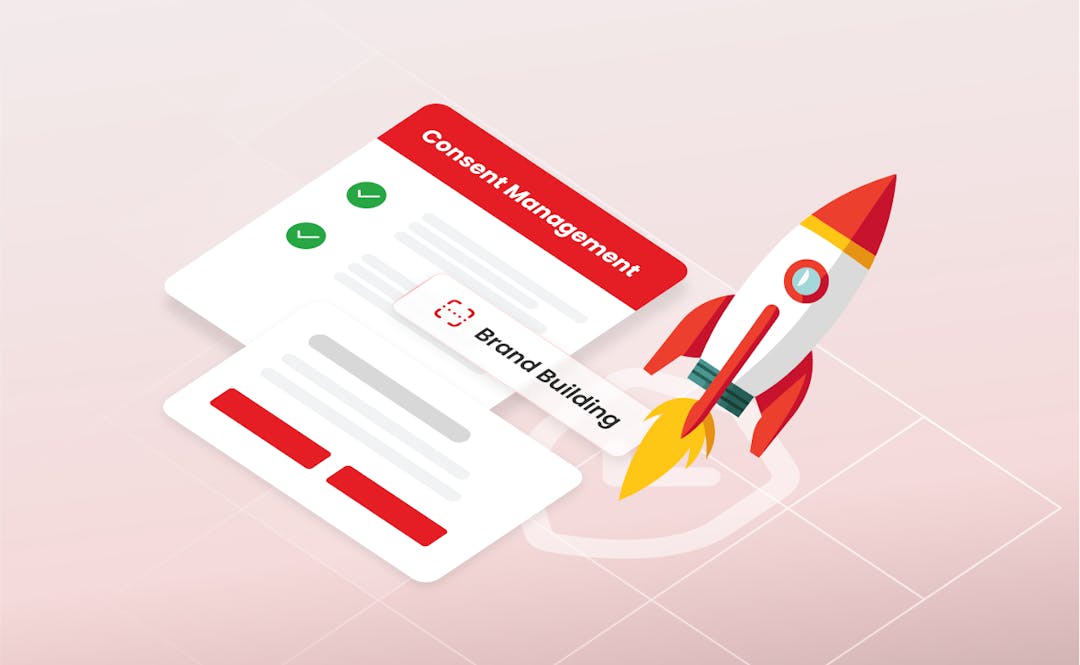
Consent Management Platforms (CMPs) help businesses operationalize privacy by capturing, managing, and auditing user consent. They're essential tools for brands navigating modern data protection laws like GDPR, CCPA, and others.
Data privacy reverberations from the IAPP Summit
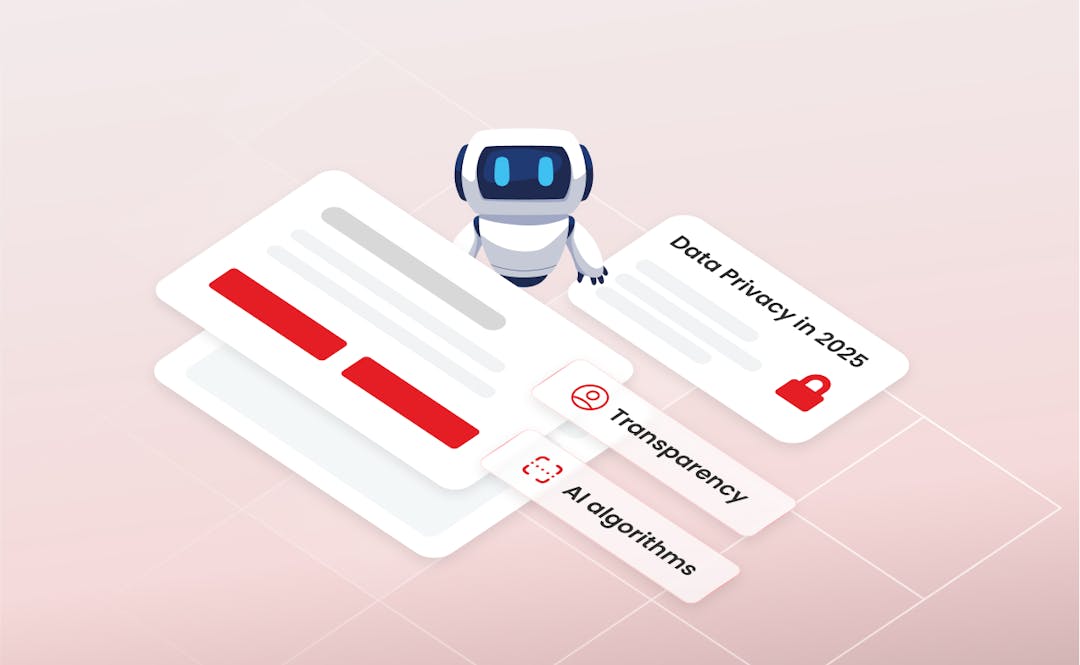
The international privacy landscape is always changing, but according to feedback from the annual International Association of Privacy Professionals (IAPP) Global Privacy Summit, this year is different.
Rethink your marketing approach to data privacy consent, cookies, and compliance
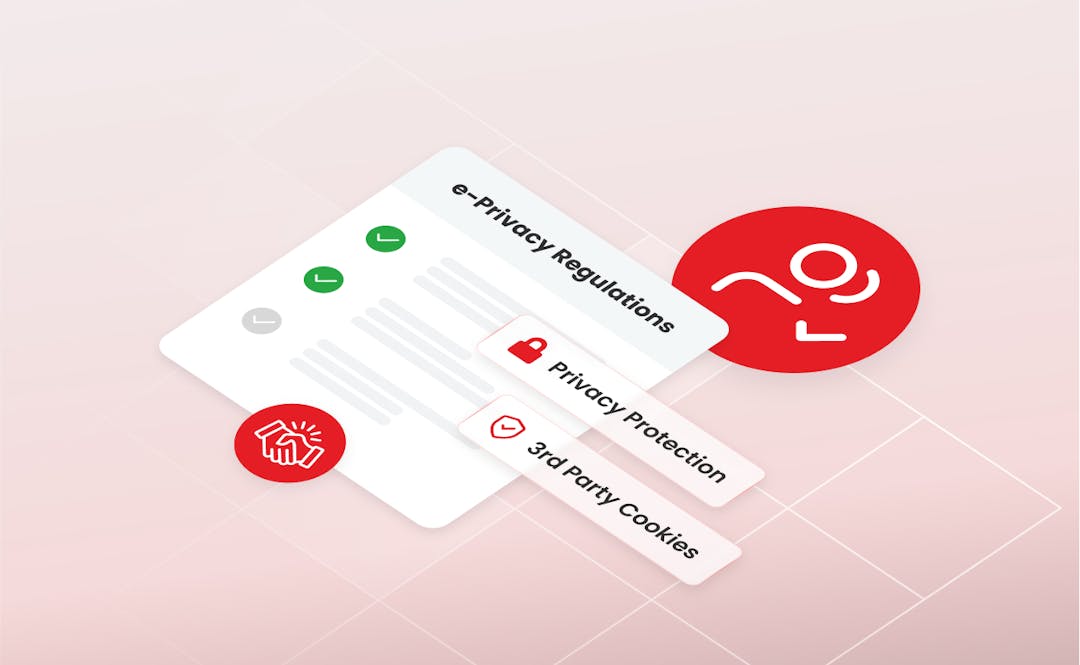
It’s been a time of considerable uncertainty for marketers and the digital marketing discipline as a whole. With GDPR and other data-privacy focused regulations introduced (and often shifting), roadblocks en route to implementing the e-Privacy Regulation in the EU, lack of clear guidance on adtech practices, and a lot of back and forth on whether third-party cookies are on the way out or not, there are more questions than answers. But the bottom line for marketing teams is whether there is a sweet spot where they can balance personalization with privacy and consent with compliance.
Mongolia: New data privacy kid on the block
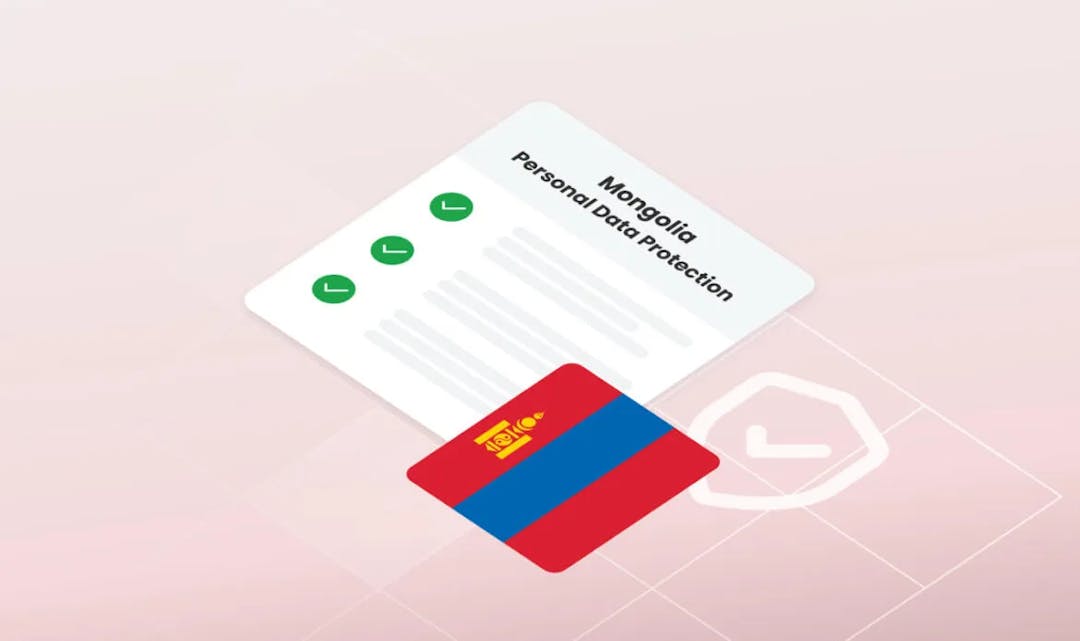
Mongolia: Probably not the first country that springs to mind for any reason, let alone when considering data protection, privacy and consent. Yet as Mongolia launches its Law on Personal Data Protection, it joins the vast majority of the world in upholding digital privacy and safeguarding personal data in an increasingly global and interconnected digital world. It’s also a milestone in terms of moving data and privacy in the right direction in less (digitally) developed countries and in forging the principle of privacy as a component of human rights.
How Financial Brands’ Non-Compliance with Data Privacy Regulations Threatens Their Reputation and Bottom Line
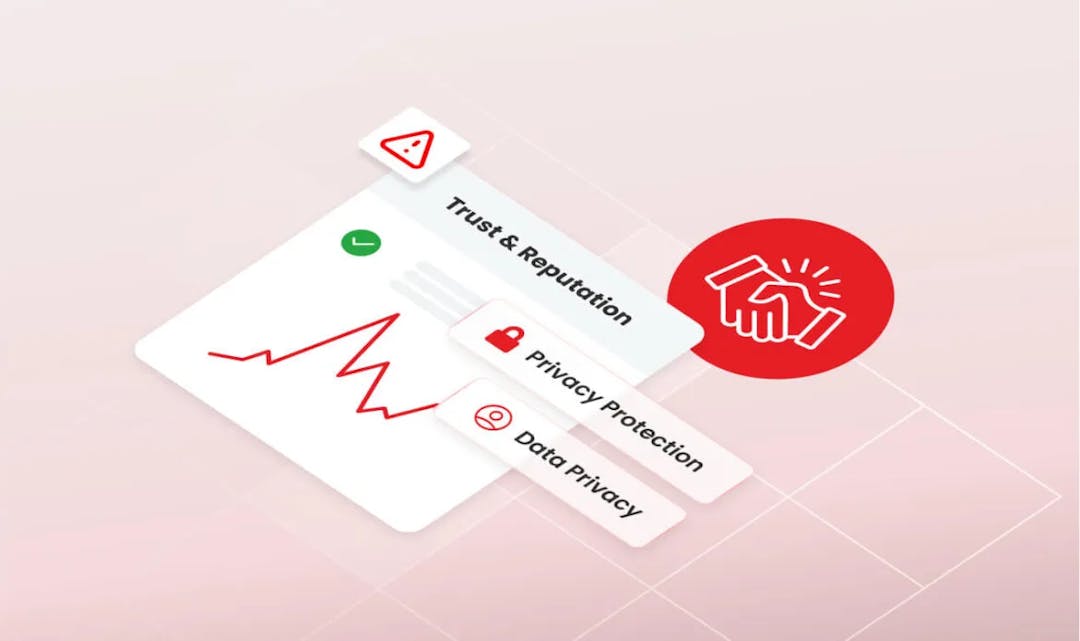
According to the 2025 Thales Digital Trust Index, trust in digital services has dropped across nearly every sector over the past year, with not a single industry reaching 50% trust among consumers. And financial services – while leading the pack at 44% — still didn’t come out well in terms of consumer trust.
Germany tries one-click cookie consent
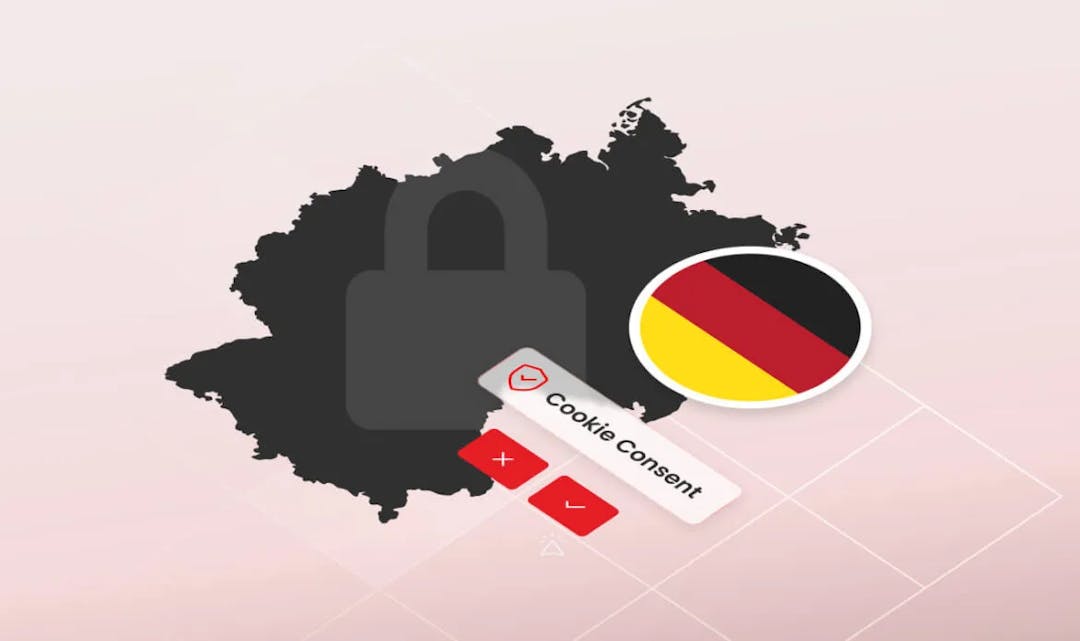
Germany, known as one of the most data privacy-obsessed countries in Europe, is trying out a different approach to cookie consent. On 1 April 2025, a new consent regulation, the Consent Management Ordinance (or EinwV), took effect, which aimed to make cookie consent more user friendly while preserving data privacy. No easy feat, given the often confusing challenges of GDPR.
Ready for Microsoft Advertising’s Consent Mode? As of May 5th, you need to be
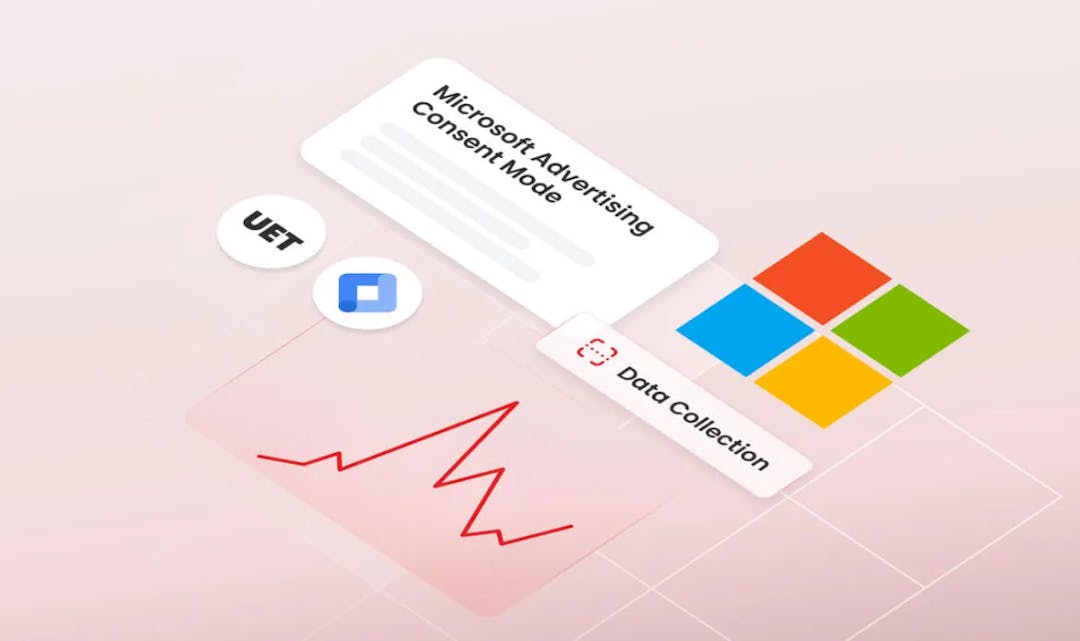
As of 5 May 2025, website owners beware: You will need to be ready for Microsoft Advertising’s Consent Mode. Microsoft Advertising will require all websites using its tracking tools to send a “consent signal” when visitors come from the European Union, United Kingdom or Switzerland. Citing its concern with protecting users’ personal information for both regulatory and consumer trust purposes, Microsoft takes this step in an effort to align with major global privacy laws, such as the EU’s GDPR.
Data privacy and protection is still the wild west
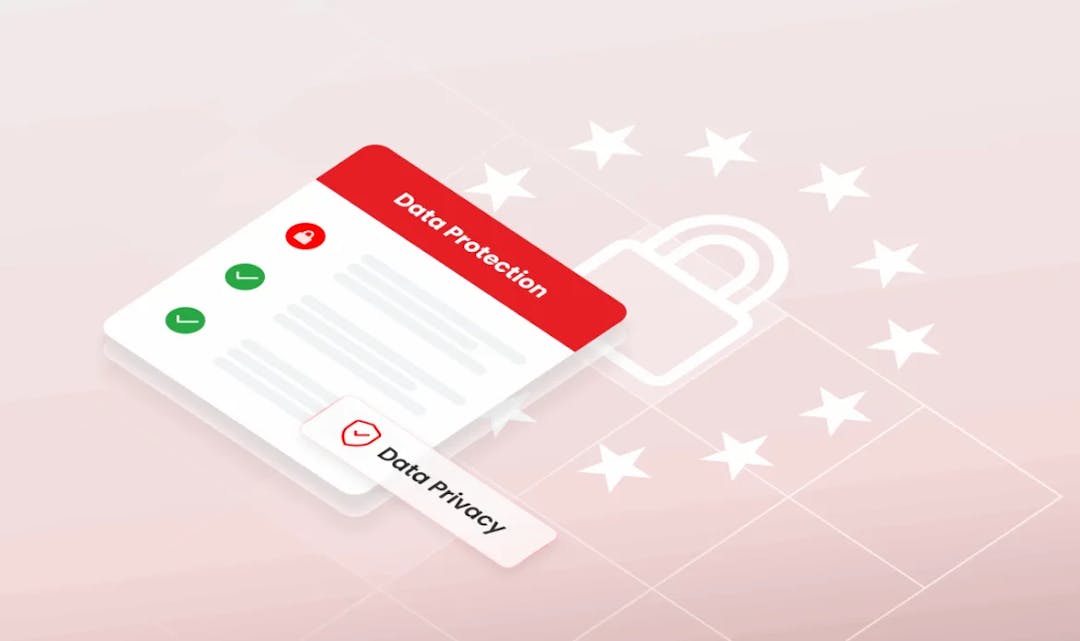
It’s easy to talk a good game about giving consumers control over their data and being committed to transparency beyond just compliance. But reality doesn’t always line up with the talk. According to new analysis from Consumer Reports, a US-based nonprofit consumer organization, companies may brand themselves as privacy champions but in reality, they don’t do much in practice to give consumers control over personal data and may well be circumventing data protection and privacy laws.
Mexico’s new data protection regime enters into force
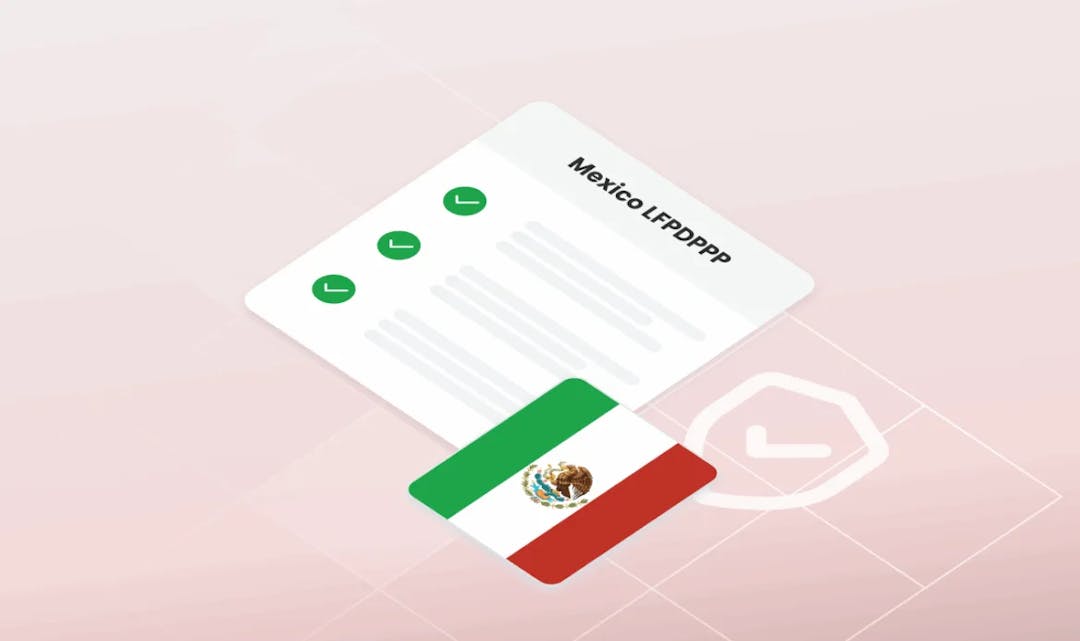
After some controversy surrounding the dismantling of several autonomous watchdogs in Mexico, including Mexico’s Institute for Information Access and Transparency (INAI), the updated data protection program, the General Law on Transparency and Access to Public Information (LGTAIP) took effect in Mexico on March 21, 2025. At the same time, the General Law on the Protection of Personal Data Held by Public Sector Entities (“LGPDPPSO”), the Federal Law on the Protection of Personal Data Held by Private Parties (“LFPDPPP”), and an amendment to Article 37, Section XV, of the Organic Law of the Federal Public Administration (“LOAPF”) also came into force.
GDPR is open for business – Balancing data privacy with pro-business practices
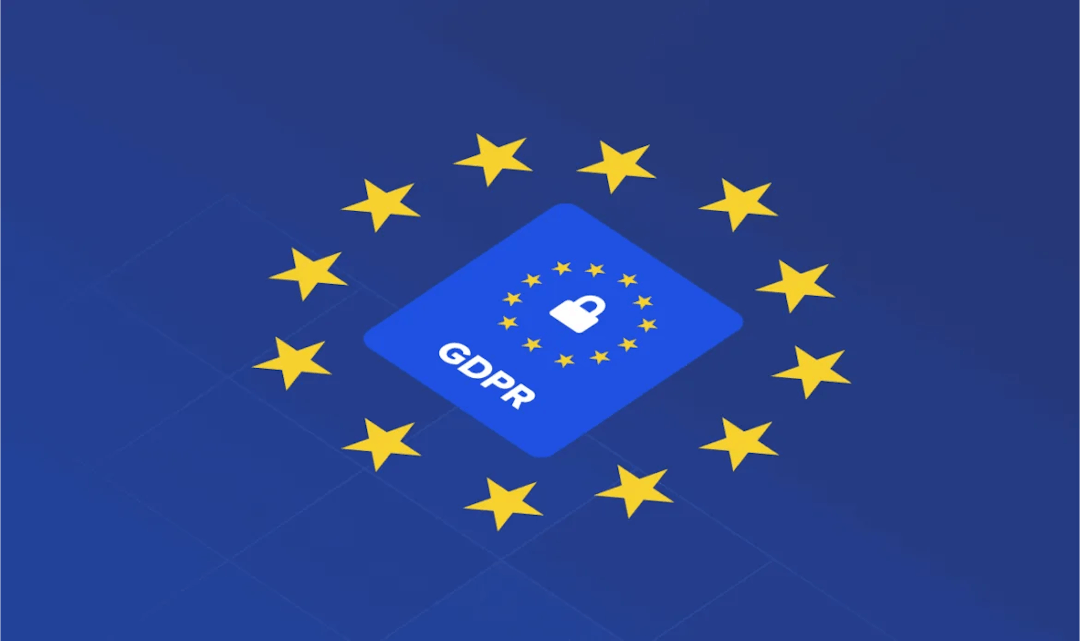
When the General Data Protection regulation took effect in 2018, it changed the landscape for businesses across industries, causing disruptions in their ability to collect and use data and changing how business thinks about, manages and protects data privacy. While the law has introduced positive, pro-consumer, pro-privacy change, the legislation has not been without its challenges (and challengers).
What is Cyberwashing in data privacy?
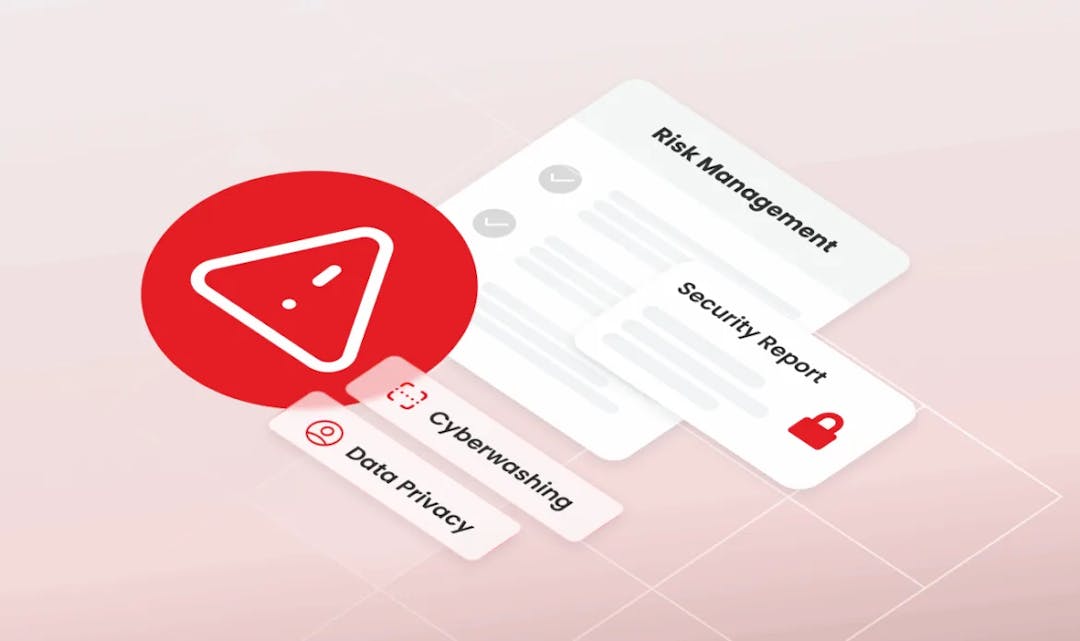
The gulf between consumer trust and businesses is growing as data breaches, poor and opaque data handling, and privacy violations make headlines. Businesses, despite best intentions, seem almost as puzzled by data protection and privacy concerns and solutions as consumers are, and indeed, often fail to see the big picture in terms of cybersecurity threats they face. This can lead to a worrying tendency: organizations “cyberwash” their cybersecurity and privacy approaches, leading not only to further erosion in consumer trust but to real financial and compliance consequences.
A changing data privacy landscape in Nigeria
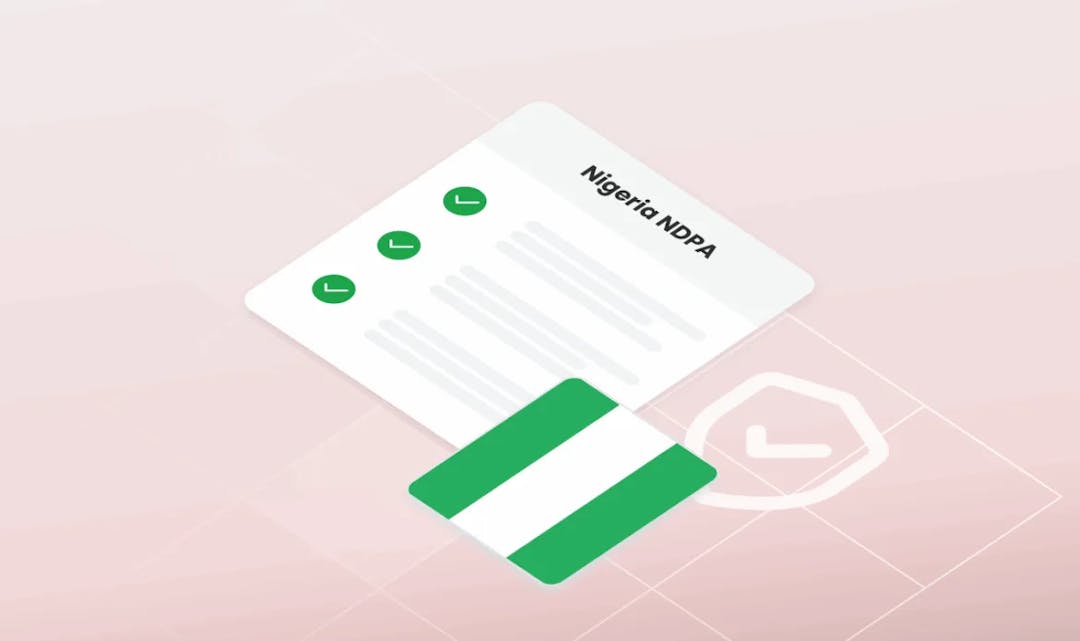
While data privacy in Nigeria has been covered by the Nigeria Data Protection Act (NDPA) and the NDPR Implementation Framework, the Nigeria Data Protection Commission (NDPC) released new data privacy guidance in March 2025 to help clarify some of the murkier parts of existing legislation. From March 20, the General Application and Implementation Directive (GAID) takes effect. The NDPR has technically been repealed as a part of this change, but its principles will still work in parallel with new GAID provisions.
Digital marketing strategies and tools: A target for litigation?
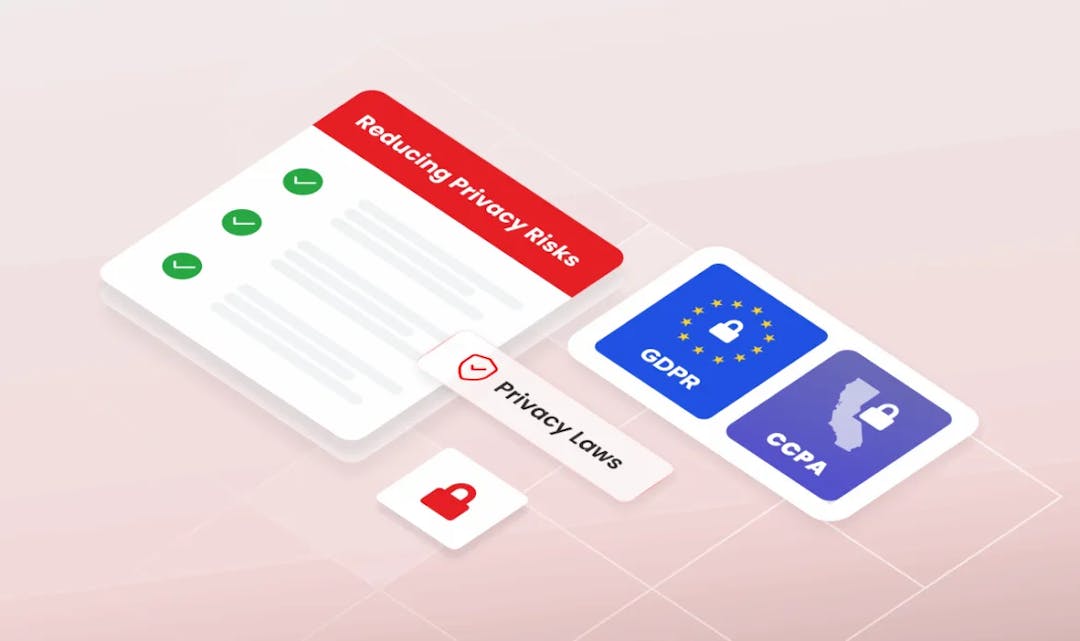
The data protection and privacy landscape is increasingly challenging for businesses and their digital marketing efforts. Most companies are familiar with GDPR and CCPA and similar measures to protect data and give consumers control over the data they share. And the European Union is in the process of introducing simplifications to GDPR to make the compliance burden easier for businesses trying to maintain their competitive edge. But, at the same time, privacy law is many tentacled and more than just GDPR. In the convoluted world of using the law creatively, enterprising law firms have applied existing, older laws to contemporary data protection problems to introduce lawsuits claiming that modern marketing tools, like pixels, cookies and chatbots, constitute violations of a variety of invasion of privacy statutes.
New India data protection law – Set to implement DPDPA data protection law in phases
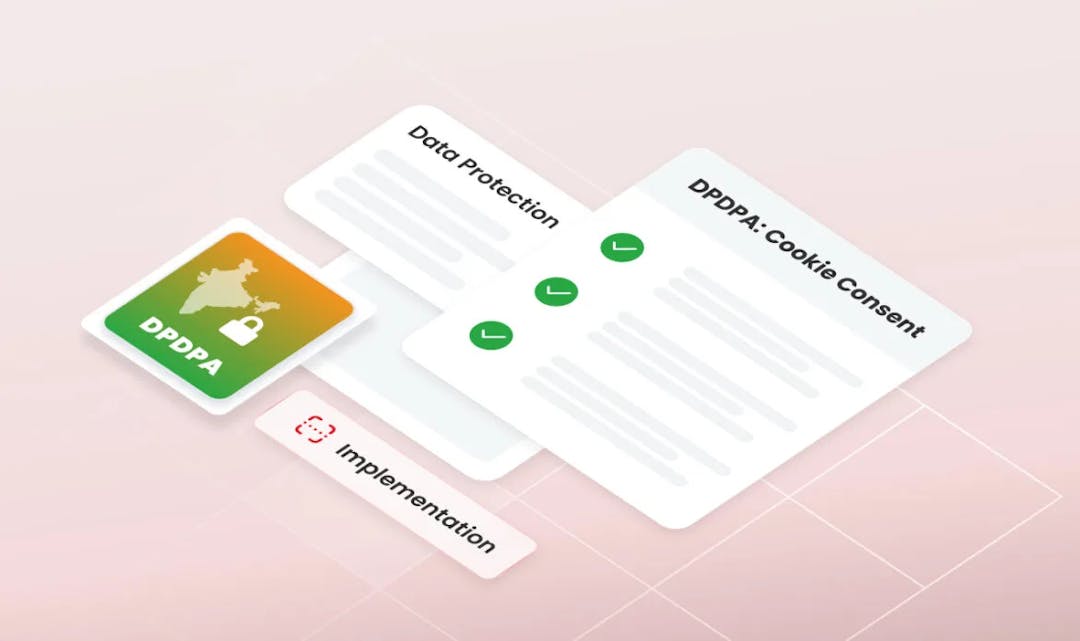
After years in the making, India is finally implementing its Digital Personal Data Protection Act (DPDPA). India’s DPDPA has been many years in the making, having been slow to implement its rules as a single, cohesive data protection and governance framework. The Indian Ministry of Electronics and Information Technology (MeitY) has been at the center of India’s move toward being a leader in digital infrastructure, but India has nevertheless taken its time to create a comprehensive approach to data privacy, only introducing the concept in 2023.
CookieHub Now ISO 27001 Certified!

We’re thrilled to announce that CookieHub has successfully achieved ISO 27001 certification—an internationally recognized standard demonstrating our ongoing commitment to maintaining the highest levels of data security and privacy excellence.
Consent matters: Why cookie consent and compliance is more than a checkbox
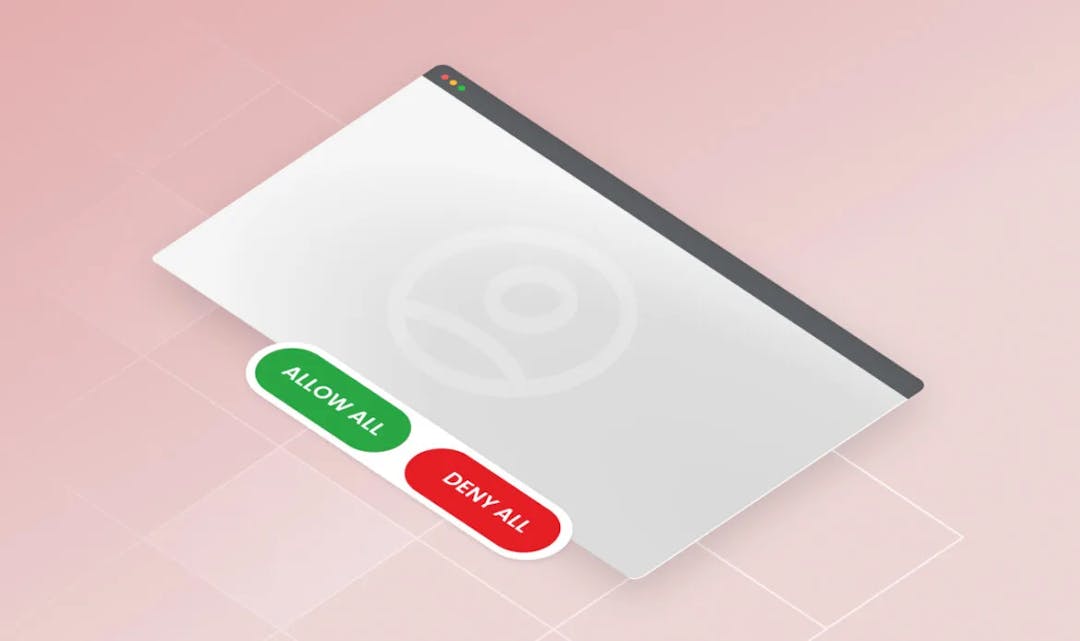
Data privacy and protection is critical for businesses, and their compliance with an ever-evolving regulatory landscape is the invisible hand ensuring that the flow of data continues. For consumers, too, data privacy is a growing concern, but understanding exactly how their data is collected and used is not entirely clear to them.
Switzerland and data protection: Not neutral on cookies
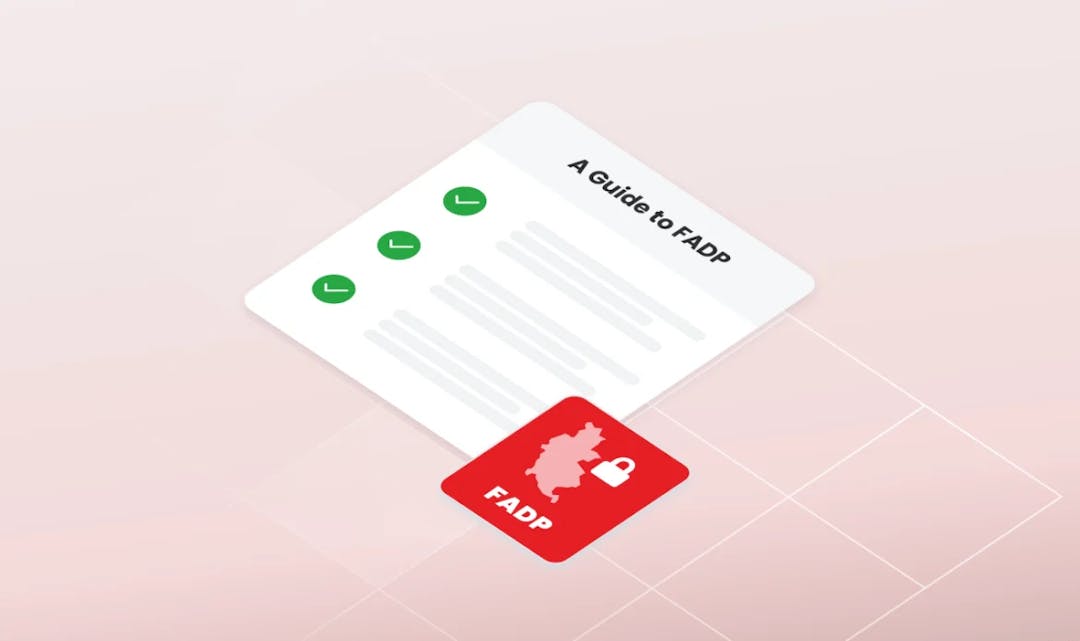
The Swiss Federal Data Protection and Information Commissioner (FDPIC) recently launched new guidance on cookie use. Extending the Federal Act on Data Protection, or nFADP, which took effect in September 2023, the revised Swiss approach to cookies indicates that clarity and choice may trump consent. That is, consent remains important in serving the personality rights of users, but transparency and specificity comes into even sharper focus.
Using data responsibly: Build trust with customer-centric marketing
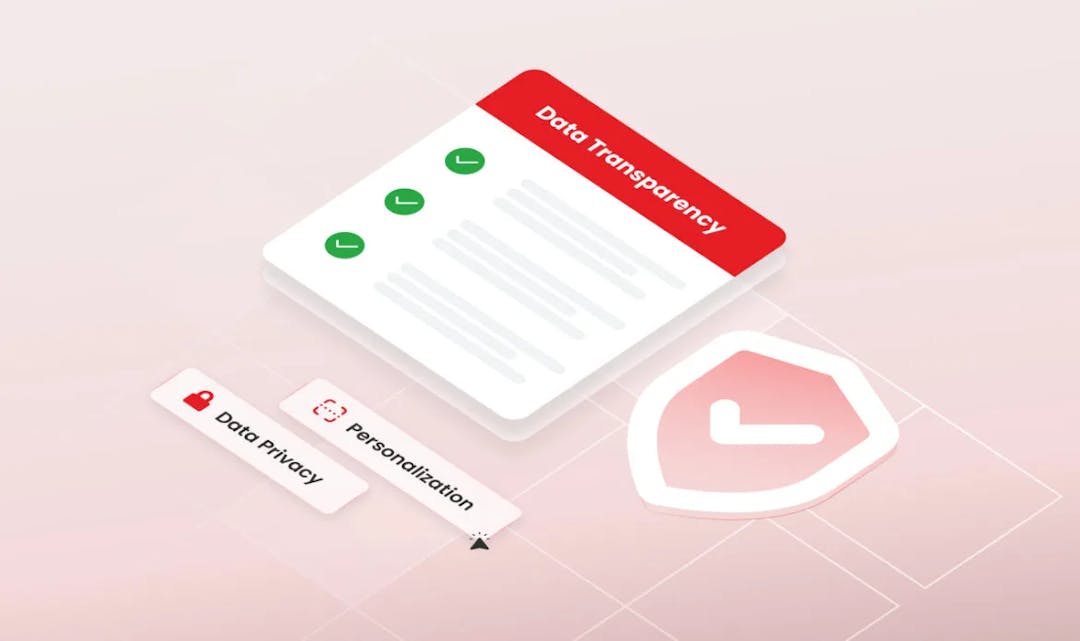
Personalization is the bread and butter of most companies’ marketing strategies. Personalization, according to BCG research, contributes up to 30% in marketing cost reduction and 20% to revenue increases. Effective personalization relies on access to consumer data, which is becoming more difficult for companies to source.
Norway’s New Electronic Communications Act (2025): Everything your website needs to know
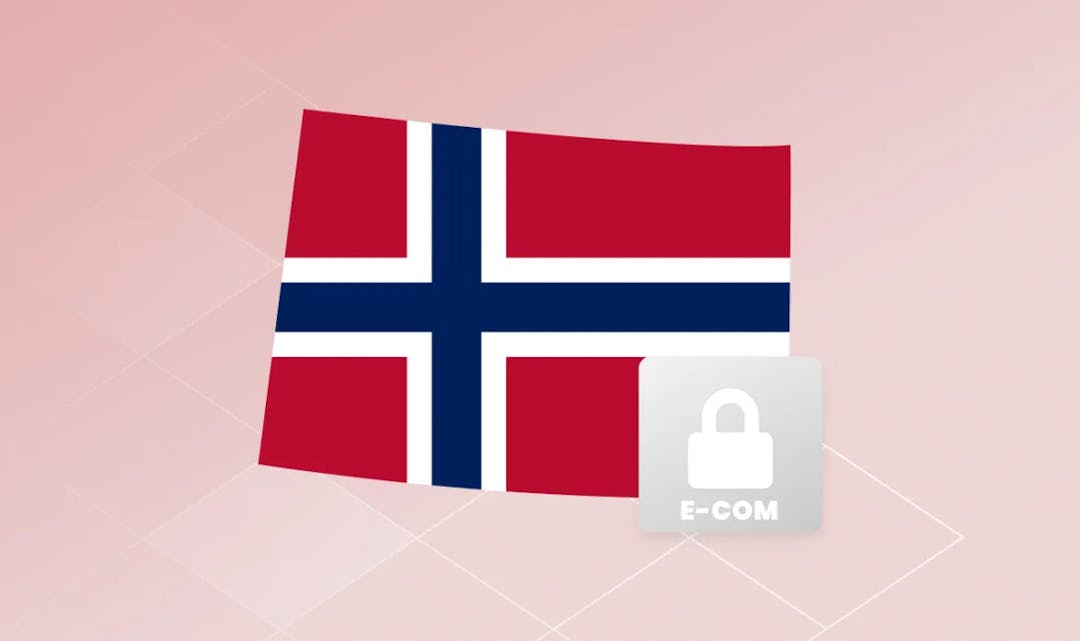
Norway is making significant changes to its digital privacy regulations with the introduction of the new Electronic Communications Act, which came into effect on January 1, 2025. One of the most important updates in this law affects how businesses handle cookie consent and online tracking.
Understanding Cross-Domain Cookies with CookieHub
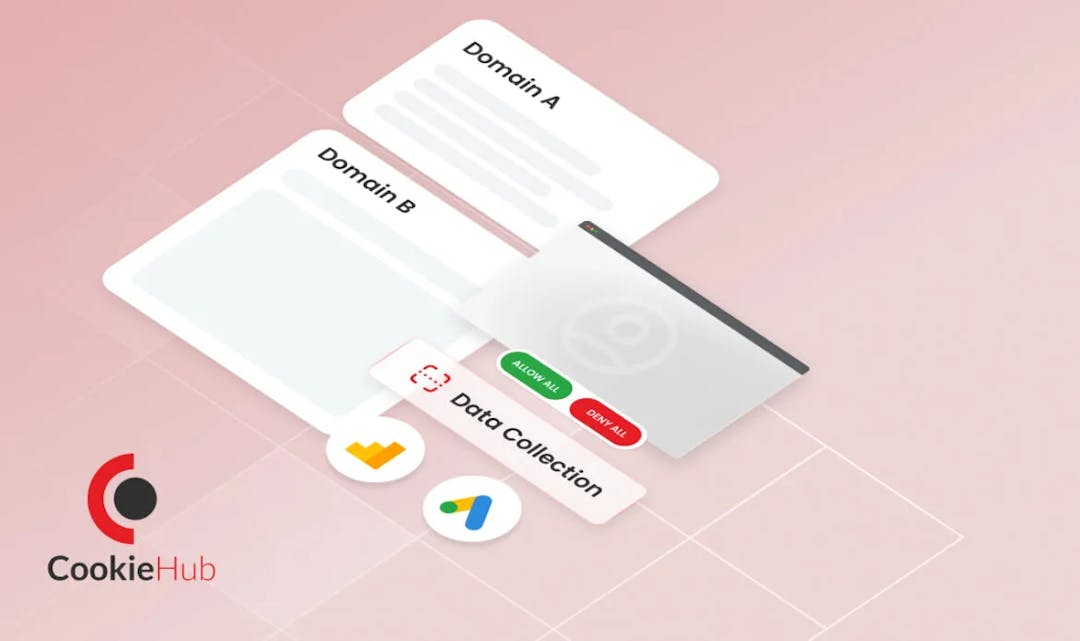
Managing user consent across multiple domains can be a complex task, especially for websites operating under strict privacy regulations like GDPR or CCPA. CookieHub simplifies this challenge with its Cross-Domain Cookies feature, which facilitates the seamless transfer of user consent information across domains.
What Are Cookies? – Guide to Website Cookies & Privacy
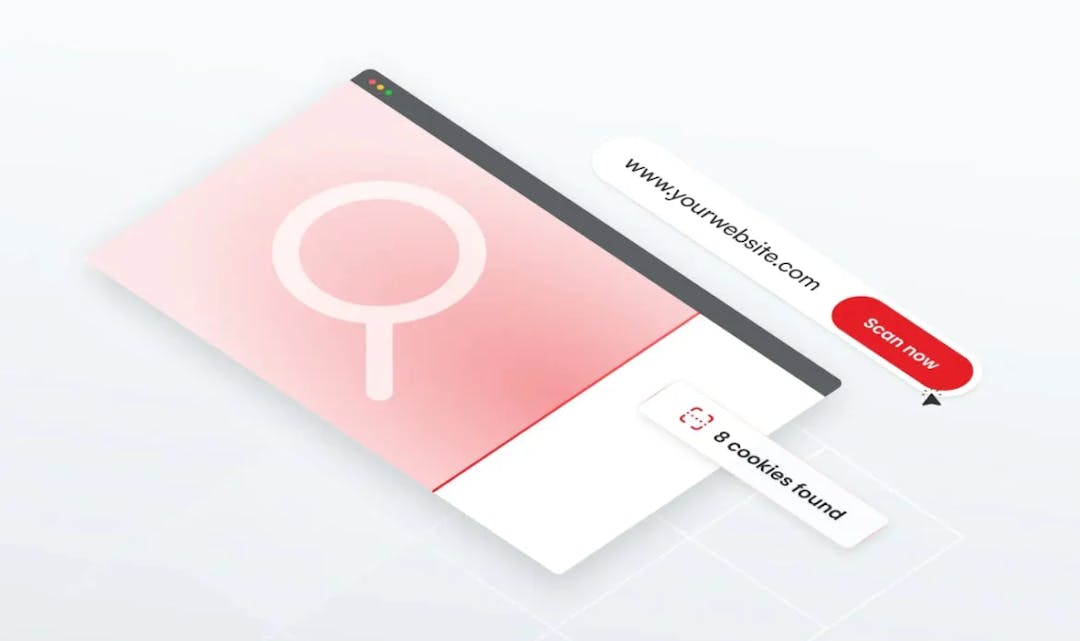
Cookies are small text files that websites store on a user’s device to enhance browsing experiences and gather information about user interactions. They play a pivotal role in web functionality, enabling features like remembering login details, preserving shopping cart contents, and delivering personalized content.
How to Create a Cookie Policy for Your Website: A Step-by-Step Guide
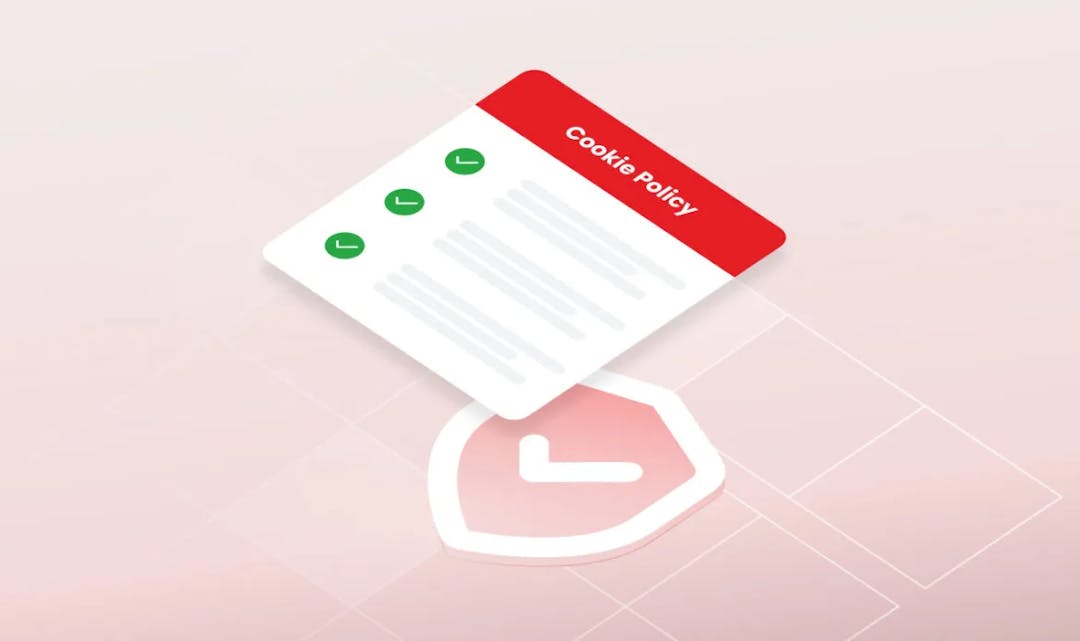
A cookie policy isn’t just a nice-to-have; it’s essential. Privacy regulations like the GDPR and CCPA require websites to disclose their cookie practices, and a transparent cookie policy builds trust with your users by explaining how their data is used. If you’re unsure where to start, this guide will walk you through the steps to create a comprehensive cookie policy tailored to your website’s needs.
Do I Need a Cookie Banner?
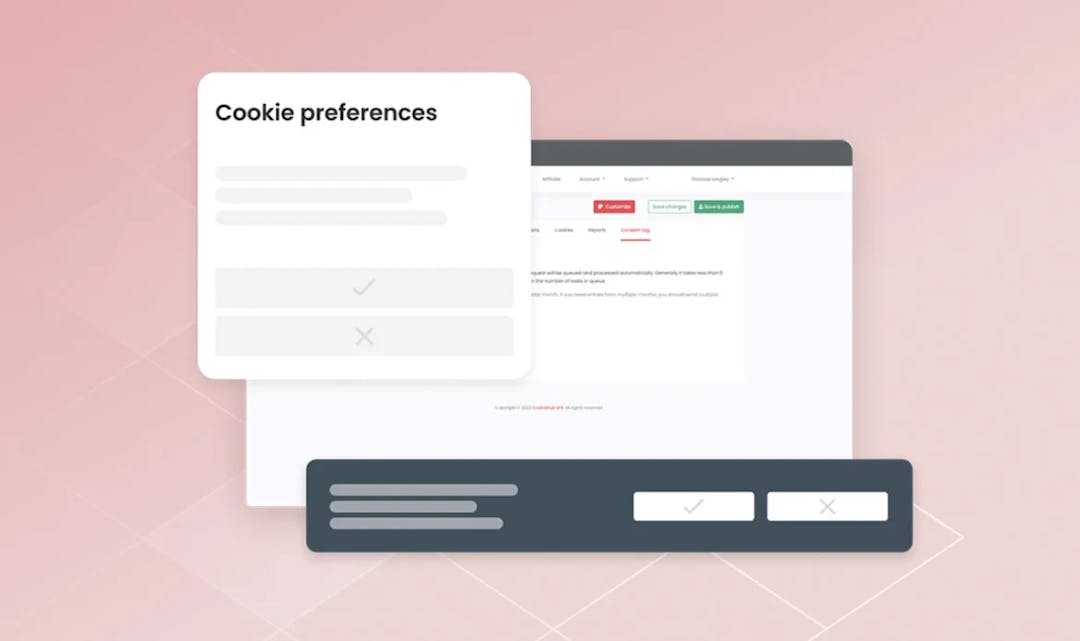
As data privacy concerns rise, website owners must stay compliant with regulations and protect user privacy. One of the key tools in this effort is the cookie banner. But do you really need one? This article will break down everything you need to know about cookie banners, their function, and their impact on your website.
What is Google Consent Mode V2 and who does it affect?

As data privacy concerns continue to grow in the online arena, keeping up with compliance requirements is a key responsibility for website owners. The rollout of updates to Google Consent Mode (informally referred to as “V2”), is a major step in remaining compliant with changing privacy laws.
What is Consent Management?

As the digital arena has rapidly expanded, so have the number of ways personal data can be collected and processed by businesses. This, of course, has resulted in widespread data privacy concerns, with a nearly continuous stream of privacy laws being designed to protect users online. Sitting at the forefront of all this is “consent management,” a key process that ensures businesses comply with global data protection laws and respect customer preferences.
The Difference Between Marketing, Analytical, and Functional Cookies
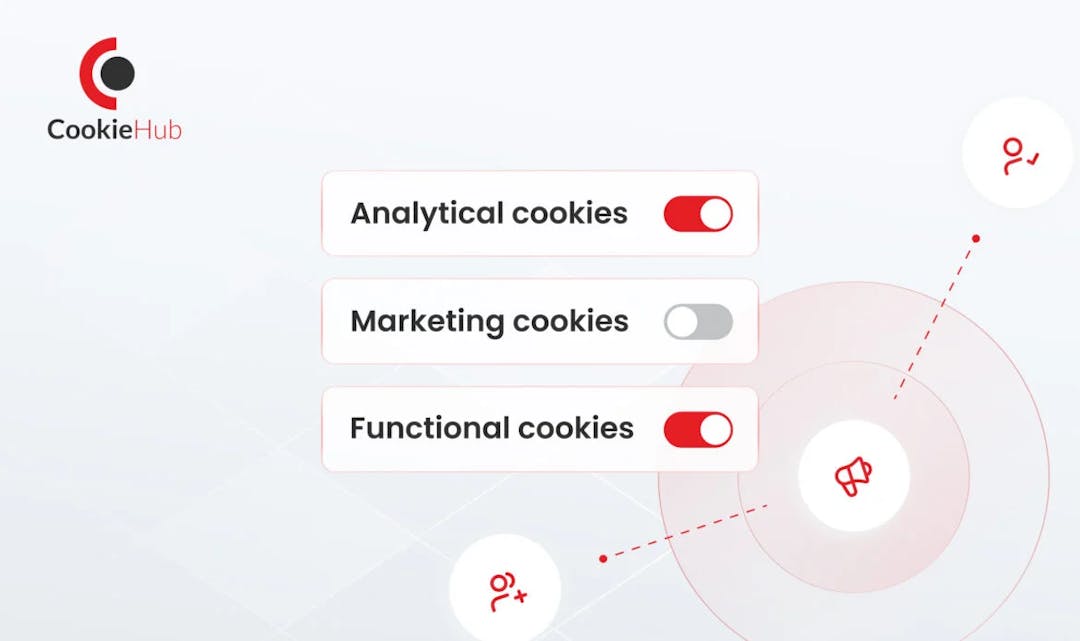
In the good old pre-internet days, advertisers played a remarkably broad and inaccurate game when it came to marketing—guessing that a football fan might also like beer was about as subtle as it got. The advent of cookies in the digital age, however, redefined the notion of personalized marketing and data analytics.
What are First-Party & Third-Party Cookies?
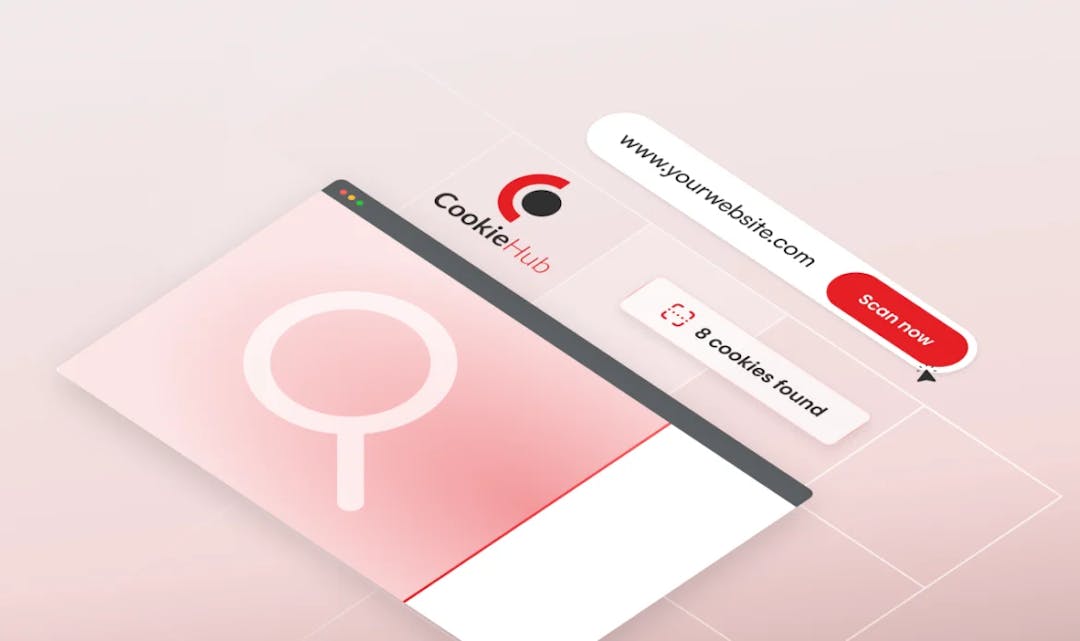
The term “cookie” (in internet browsing, at least) originally came from “magic cookie,” a programming expression referring to data exchanged between programs used for authentication. As the web evolved, programmers adapted the concept to describe data sent by a website and stored on a user’s device.
CookieHub is a Google Gold CMP Partner

We are happy to announce that CookieHub has been recognized as a Gold CMP Partner by Google. This recognition highlights our commitment to providing leading privacy and consent management solutions, and it marks a milestone in our journey to help businesses worldwide stay compliant with global data privacy regulations.
Understanding California Consumer Privacy Act (CCPA): Comprehensive Guide
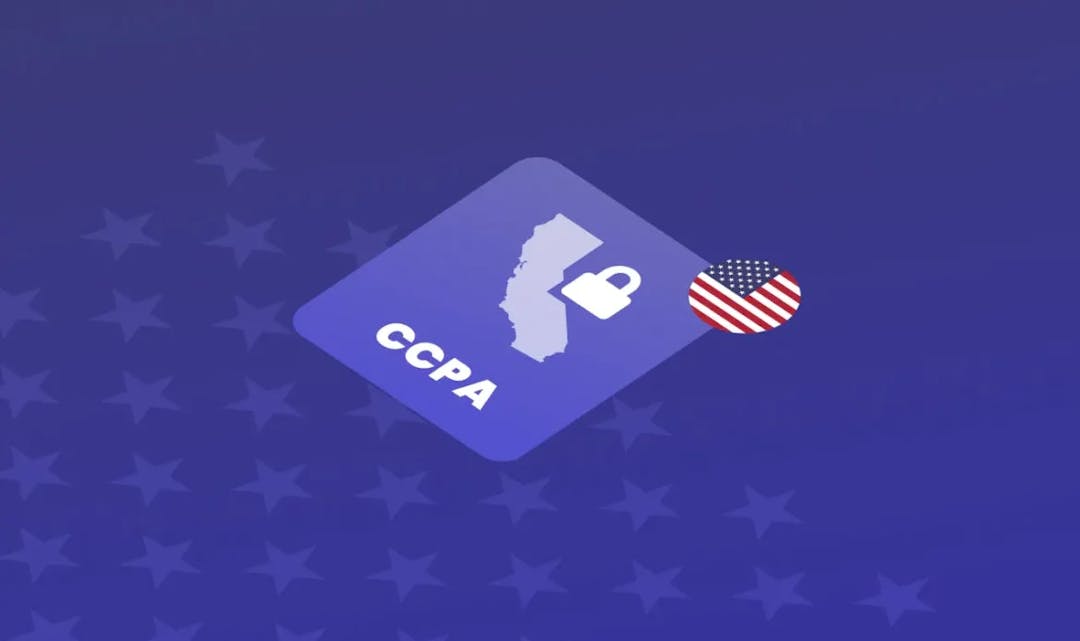
The California Consumer Privacy Act (CCPA) is a comprehensive data privacy law that enhances the privacy rights and consumer protections for residents of California, USA. It aims to give California residents more control over their personal information collected by businesses and imposes stringent obligations on businesses to ensure data protection. For a more detailed exploration of which businesses the CCPA applies to and the specific criteria involved, you can delve deeper into the topic here or get more information directly from the Department of Justice.
How to Install Consent Mode v2: Step-by-Step Guide
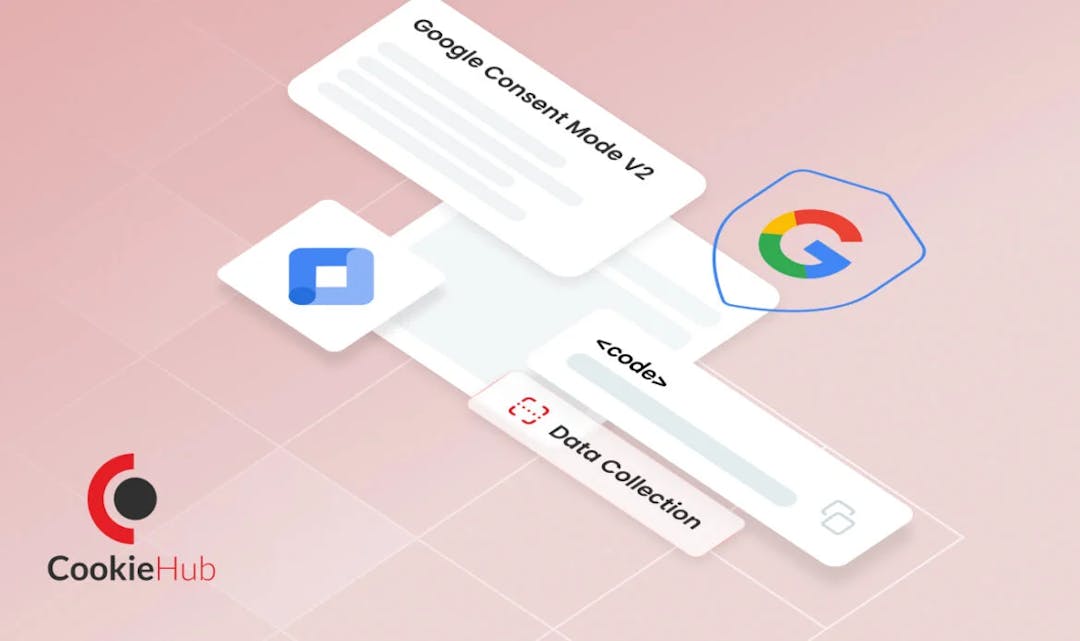
In this guide, we’ll walk you through the installation process, troubleshooting common issues, and customizing settings for Consent Mode v2.
CookieHub Becomes Google CMP Partner
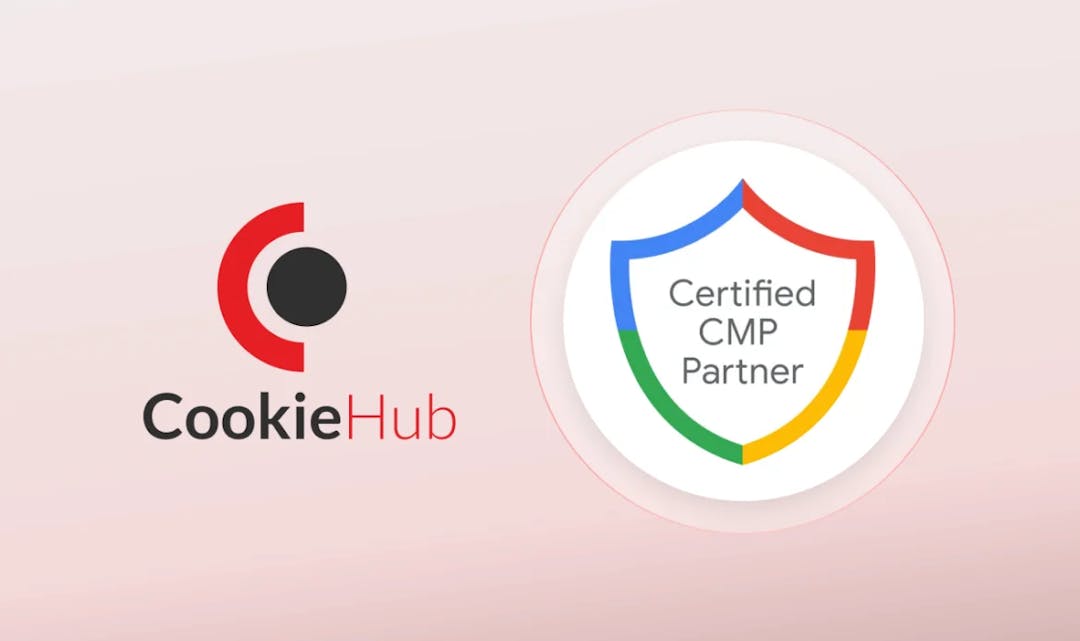
In recent years, numerous data protection laws have been enacted in a bid to enhance data privacy for internet users worldwide. Stringent laws, like the EU’s General Data Protection Regulation (GDPR), mandate that websites obtain explicit consent from users before utilizing their data, particularly for targeted advertising purposes. With hefty fines for non-compliance, reaching up to €20 million or 4% of global annual revenue, regulations like GDPR need to be observed with great care.
The EU Digital Markets Act
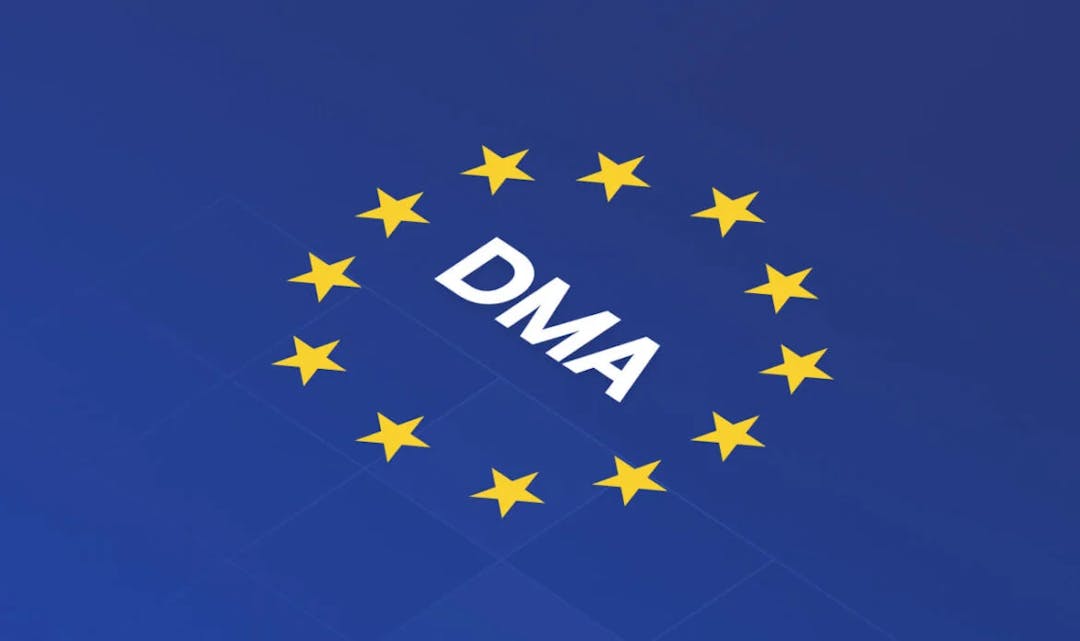
The Digital Markets Act (DMA) is at the center of a transformative era in the European Union’s digital economy management. This landmark legislation is aimed at reconfiguring the operational dynamics of major technology firms, creating a digital marketplace that is fair for all parties. Introduced at a time marked by the ascendancy of tech giants and rising concerns over their influence on market competitiveness and consumer choice, the DMA target is a leveling of the competitive playing field. Beyond this, it carries profound implications for online privacy and individual autonomy, standing as a critical legislative milestone in the digital sector. Here’s everything you need to know to ensure that you and your business are fully compliant.
Google’s Upcoming CMP Requirements in Switzerland
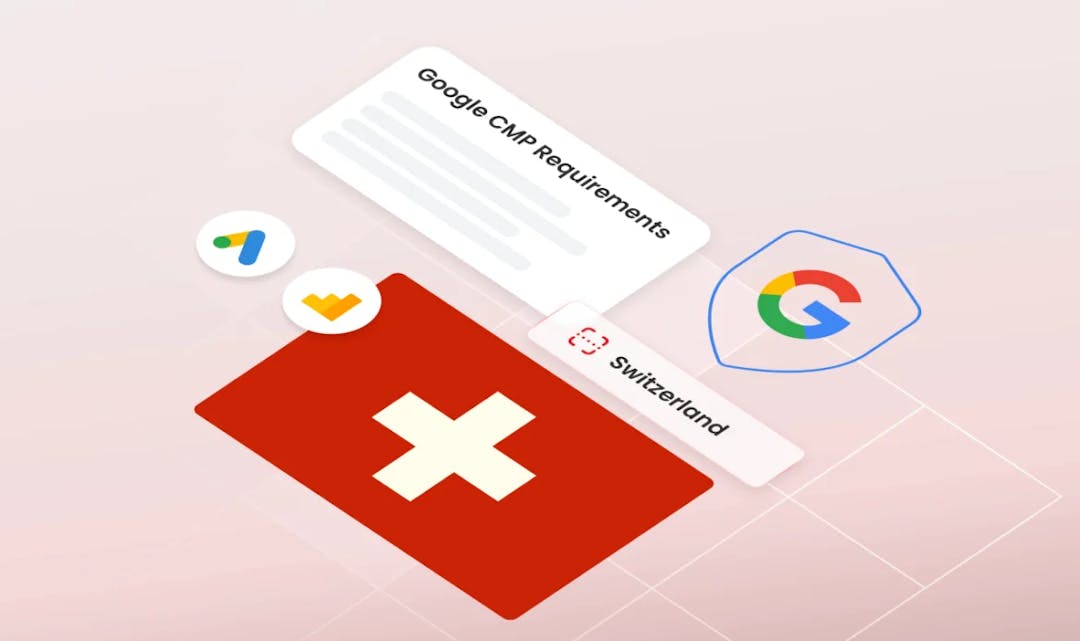
With Google expanding its compliance mandates in Switzerland, websites that cater to Swiss users will soon need to engage a certified Consent Management Platform (CMP) that’s integrated with the Transparency & Consent Framework (TCF). The same precision that Switzerland brought to their internationally renowned watches is now being applied to its data privacy—with Google’s extended regulations aiming to harmonize data privacy laws in Switzerland with the well-established regulations that exist in the European Union and the United Kingdom.
A Complete Guide to Quebec Law 25
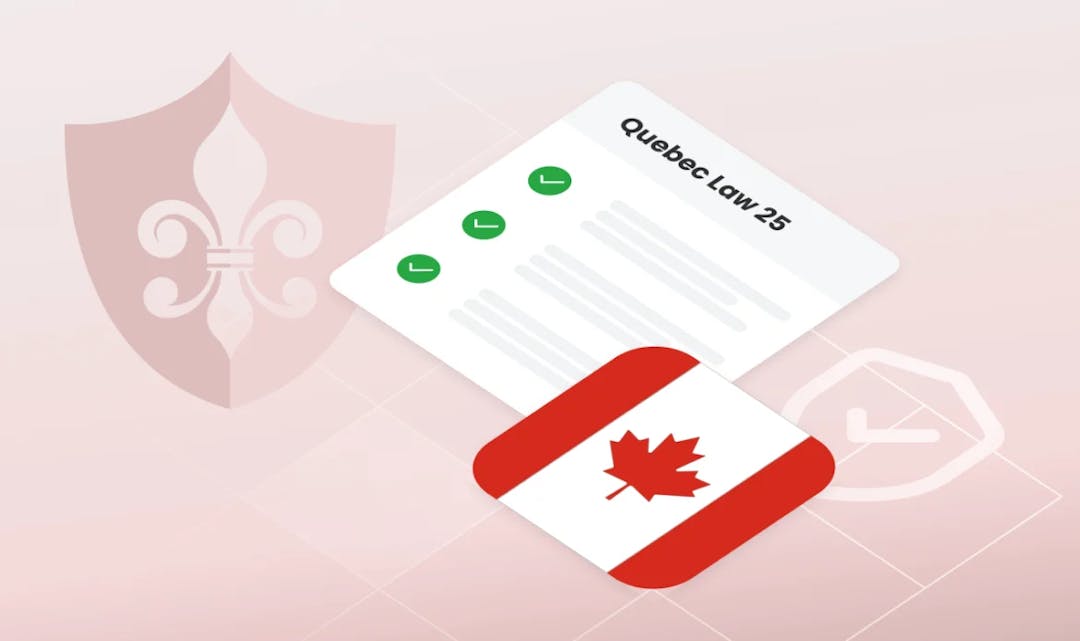
Quebec’s Law 25, formerly known as Bill 64, marks a significant change in the province’s approach to data privacy. Enacted by the Quebec National Assembly in September 2021, the legislation aims to modernize privacy regulations and reinforce the protection of personal data held by private sector organizations and public sector bodies.
The Argentina Personal Data Protection Law (PDPL)
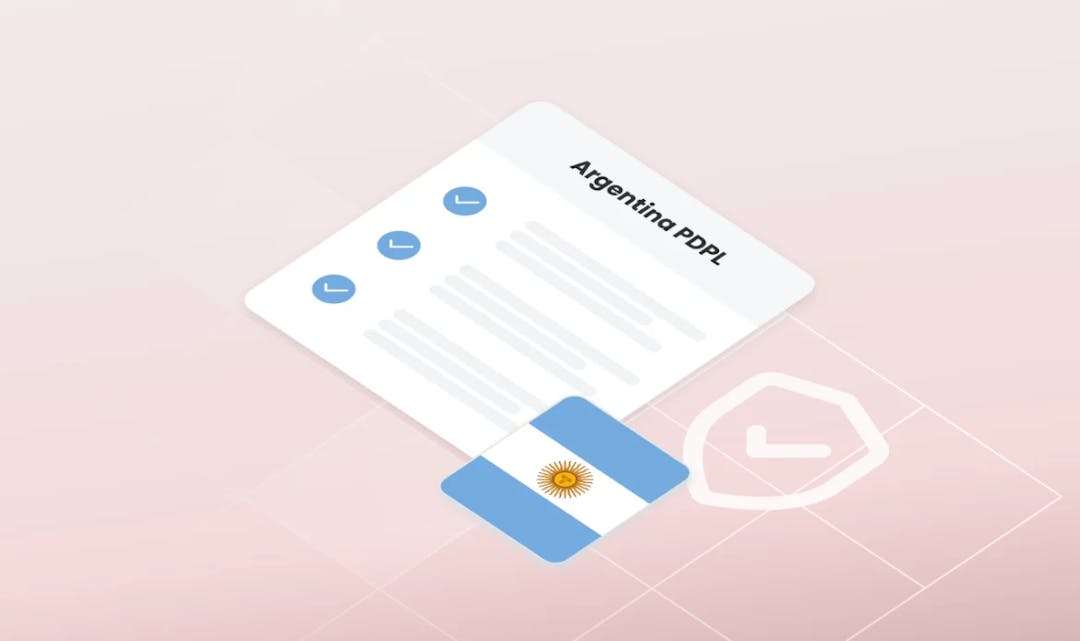
Argentina’s Personal Data Protection Law (PDPL) is the cornerstone of digital legislation in the region. Comparable in its importance and scope to the European Union’s General Data Protection Regulation (GDPR), the PDPL is the guiding framework for Argentina’s public and private sectors, dictating how personal data should be responsibly managed and protected.
The Australia Privacy Act
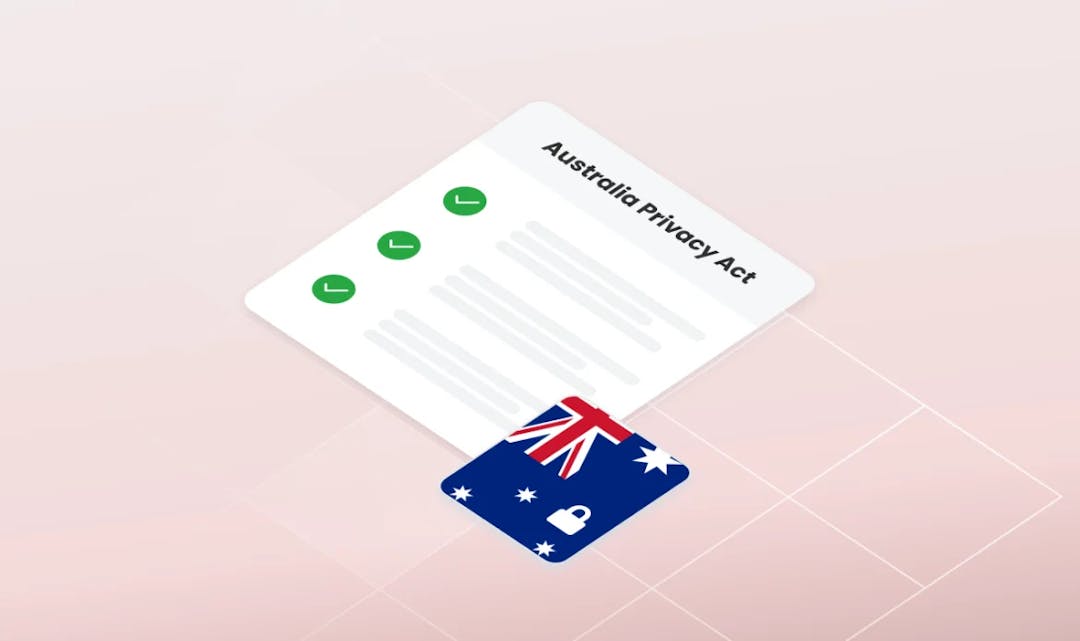
Digital data protection in Australia is centered on the Privacy Act of 1988. This legal framework was designed to address privacy and data security complexities and was initially established in response to growing concerns about personal information safety.
Global Privacy Control

In this blog, we introduce Global Privacy Control, elaborating on its functionality, benefits, and the role it plays in the current digital privacy environment. We aim to shed light on how GPC operates, its alignment with existing privacy laws, and the implications for both internet users and website operators.
An Easy Guide to Google Consent Mode V2
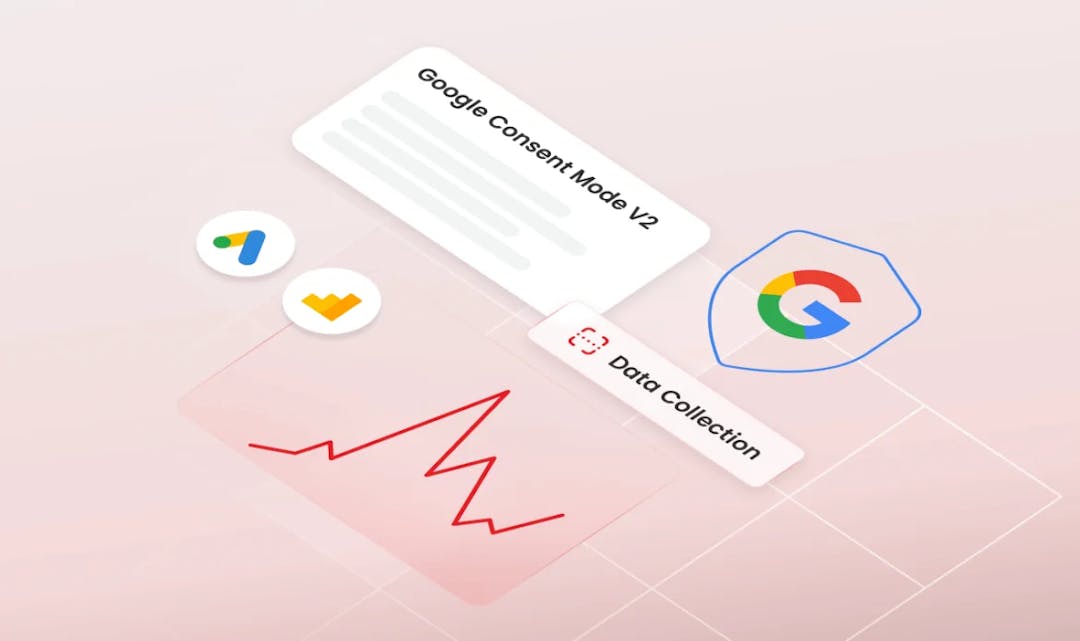
The launch of Google Consent Mode v2 signifies a major step in Google’s attempts to balance the needs of advertisers to collect user data with the rights of users to maintain their privacy. Unveiled in late November 2023, Google Consent Mode V2 is an evolved version of its predecessor and comes with a number of key new features. In this article, we’re going to explore this new incarnation, its implications for server-side tracking, its correlation with the Digital Markets Act, and the role that cookie banners play in compliance.
The India Digital Personal Data Protection (DPDP) Act, 2023
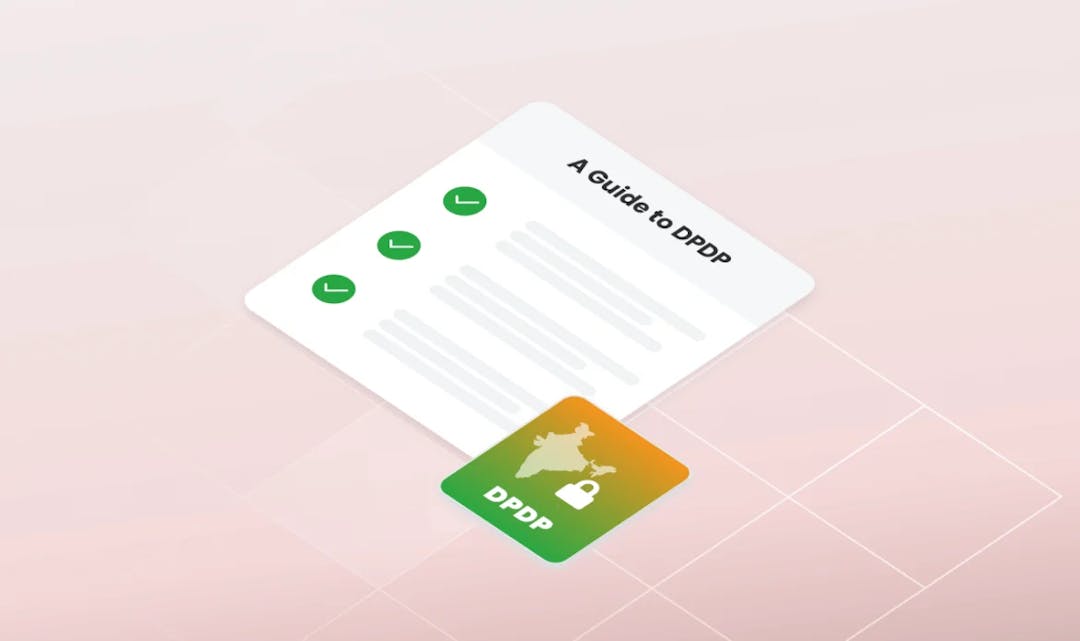
Data protection rules and regulations are critical in determining the safe storage and processing of personal data. In acknowledgment of this, India has taken a substantial step forward with the launch of the Digital Personal Data Protection (DPDP) Act, 2023. This legislation marks a key advancement in enhancing the digital privacy rights of individuals while also establishing clear guidelines and standards for how organizations handle data.
TCF v2.2 and What You Need to Know
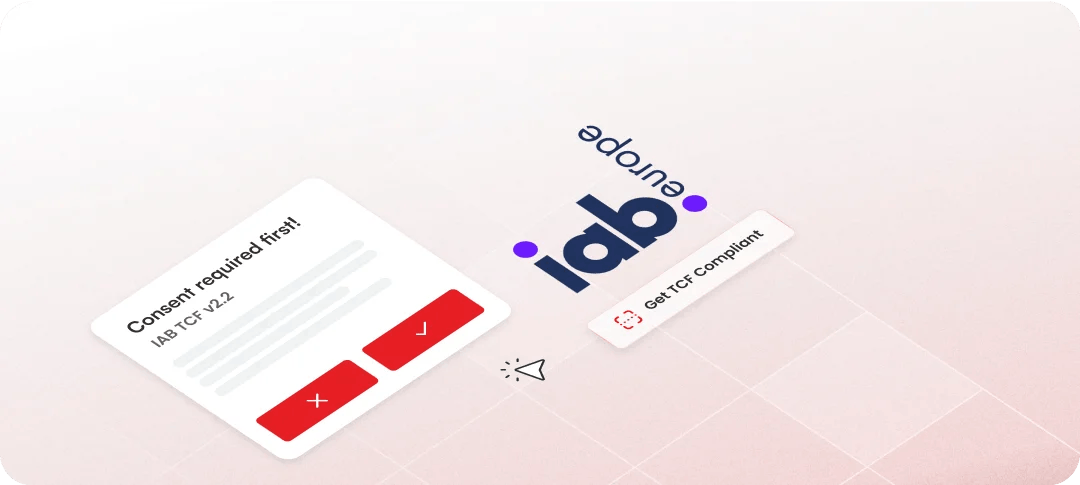
Advertising is a different beast today than it was even just a handful of years ago. The digital-first consumer environment means that there are both new opportunities to leverage and challenges to overcome.
Cookiehub CMP Is Now a Certified Google Partner
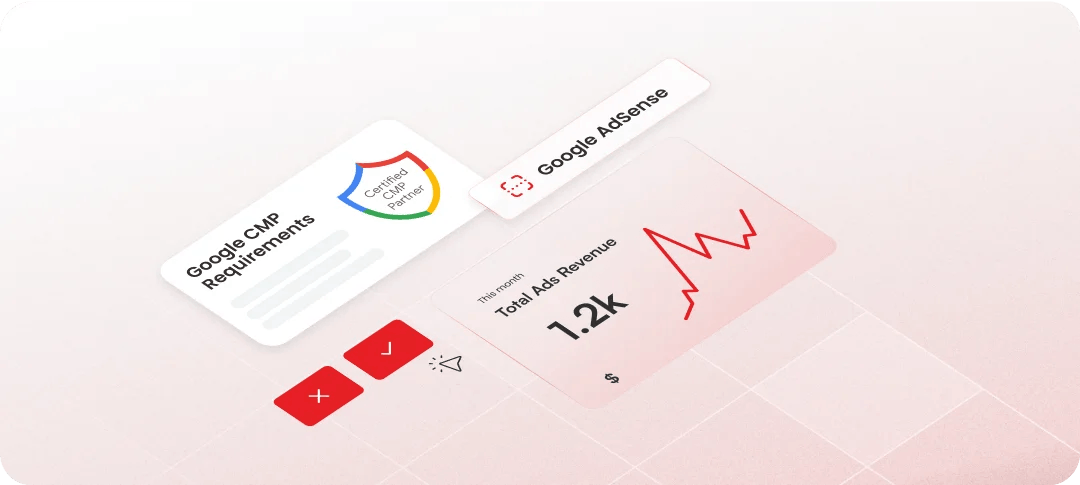
Digital privacy has been a hot topic over the last few years, as consumers worldwide are becoming increasingly aware of their rights regarding data protection. With data breaches and the misuse of personal information continuing to make global headlines, there’s an escalating demand for transparency and assurance from the websites and platforms we interact with daily.
Switzerland’s Data Protection Evolution: A Comprehensive Look at the New FADP

Switzerland stands at the forefront of several nations endorsing and bolstering data protection. While the digital era has drastically transformed the way data is collected and shared, keeping it properly protected remains a priority across borders.
The Florida Digital Bill of Rights: Navigating the New Frontier of Data Privacy
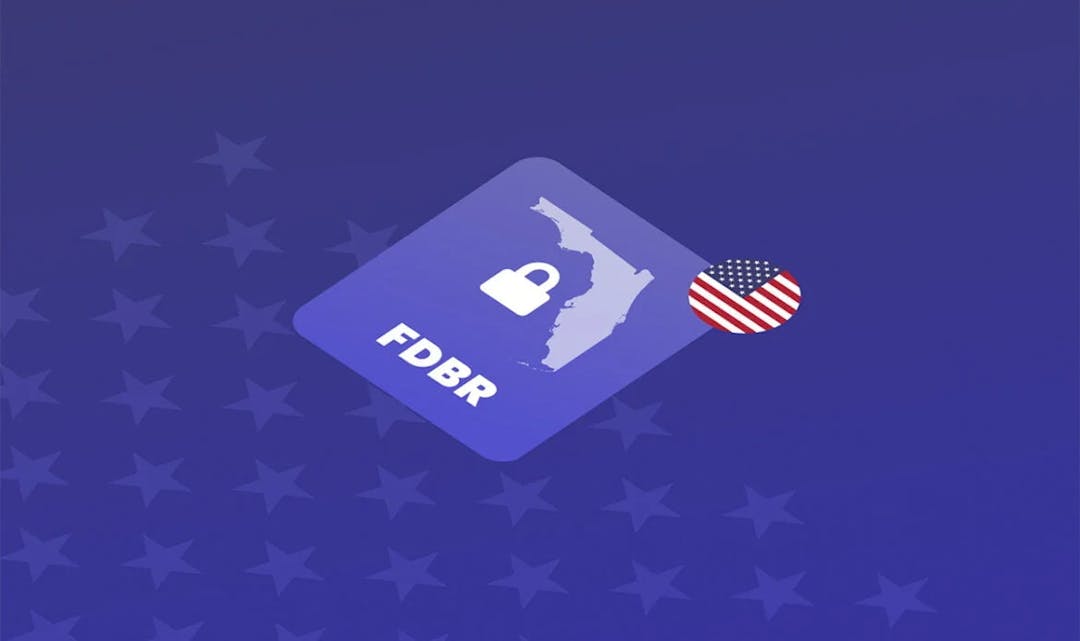
The Florida Digital Bill of Rights (FDBR), also known as SB 262, has emerged as a significant piece of legislation for companies doing business within Florida’s borders. Ushering in a new era of digital privacy standards—and with the importance of securing the personal data of consumers being more pressing than ever—Florida’s endeavor into this territory is both timely and crucial.
The Lone Star Data Safeguard: A Look into the Texas Data Privacy and Security Act
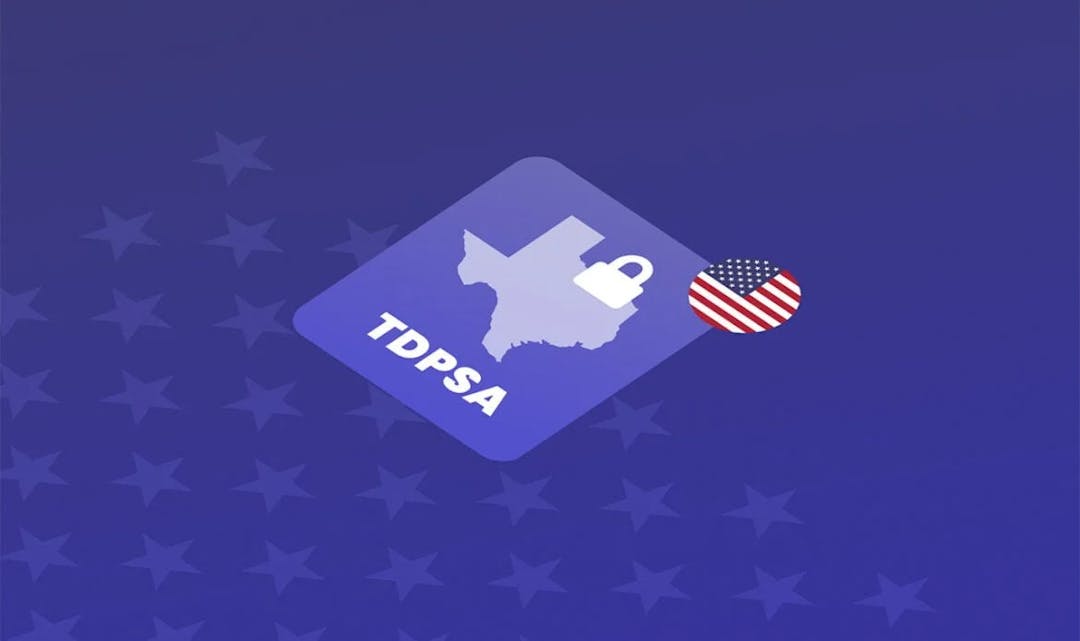
On June 18, a new star emerged in the American data privacy constellation: Texas proudly took its place as the eleventh state to champion consumer privacy rights by enacting the Texas Data Privacy and Security Act (TDPSA), with the ink drying on HB 4. Countdown has begun, with the TDPSA set to come into effect on July 1, 2024—the very same day as its Floridian counterpart, the Florida Digital Bill of Rights.
CCPA vs GDPR: Key Similarities & Differences Businesses Must Understand
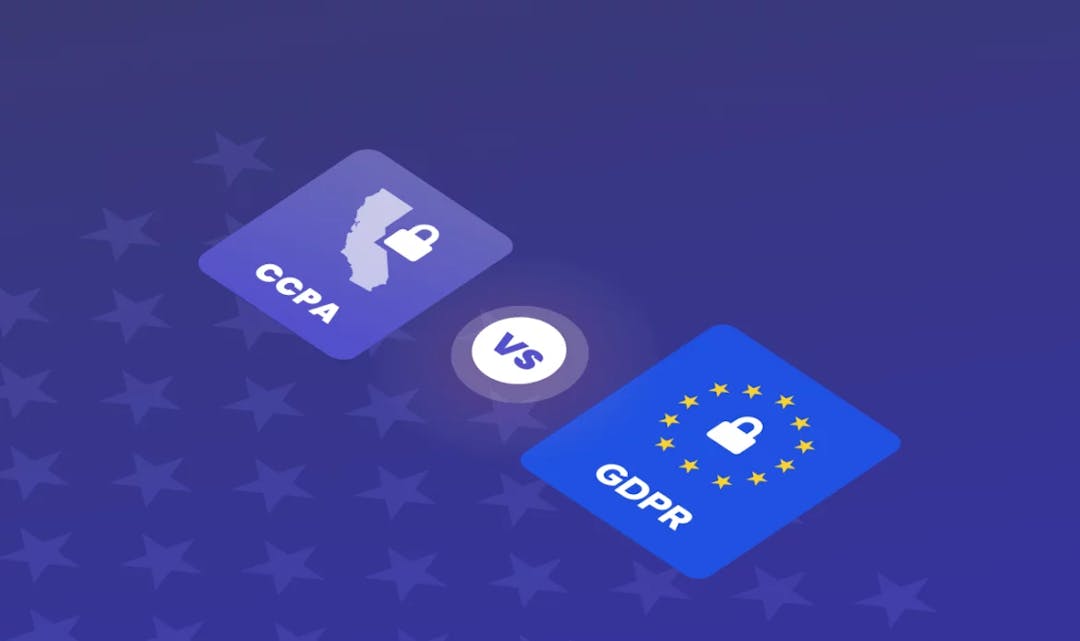
The European Union’s (EU) General Data Protection Regulation (GDPR) and the California Consumer Privacy Act (CCPA) have many similarities: they were introduced around the same time, they both give consumers greater rights over their data and they both have impacts on a global scale – but there are important differences too.
What Rights Does the CCPA Provide to Consumers?
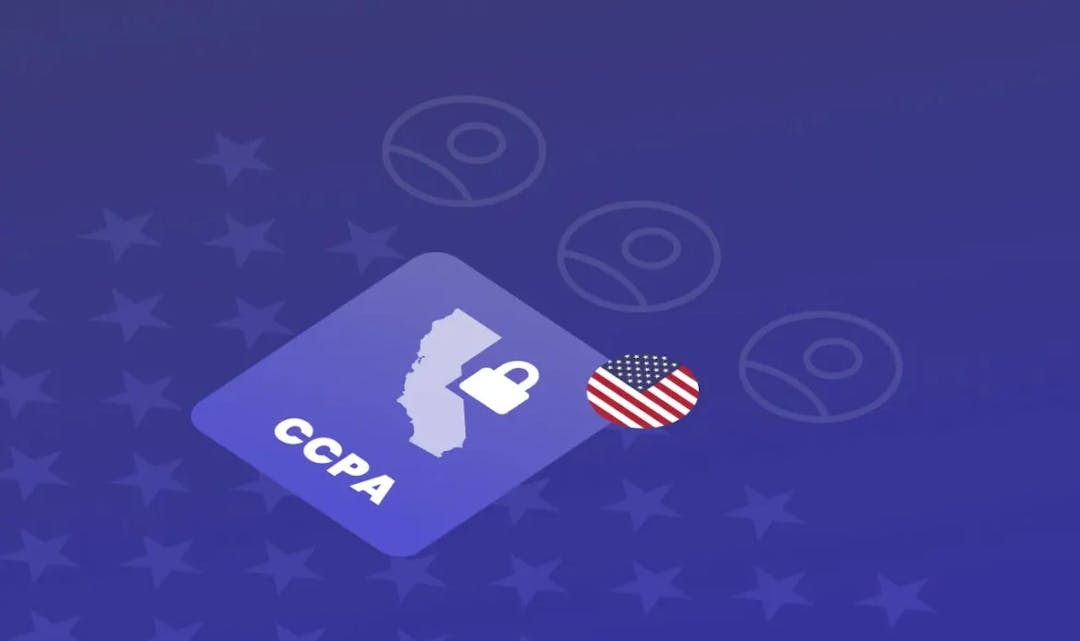
The California Consumer Privacy Act (CCPA) is a landmark in consumer rights regulation, the first of its kind in the USA. It aims to give consumers greater control over how their personal data is collected and used by businesses.
What are the Penalties for Violating CCPA
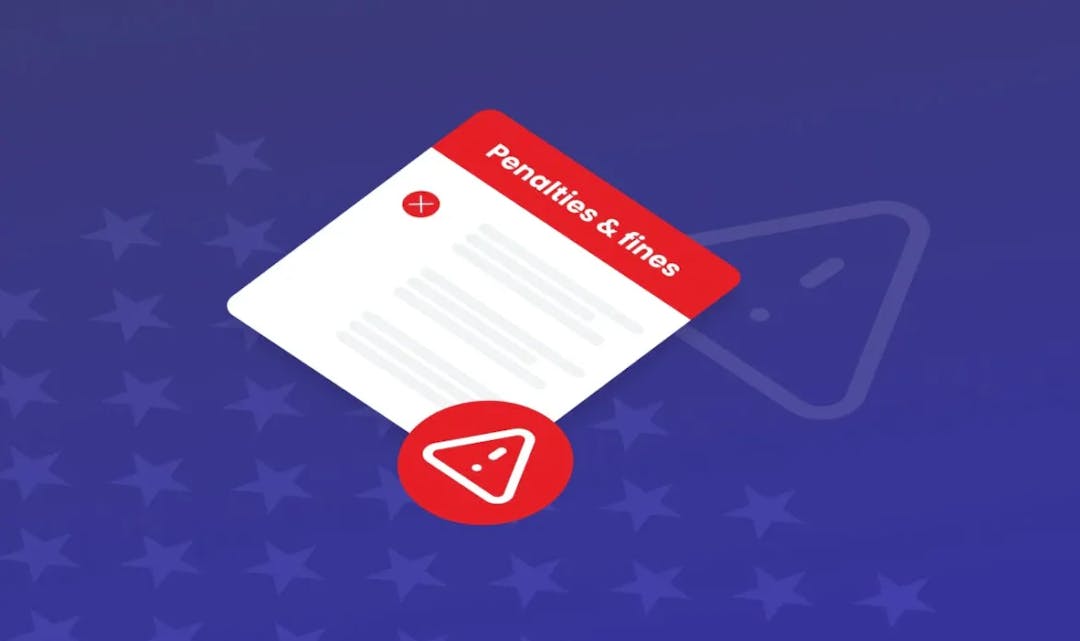
In September 2022, online retailer Sephora agreed to pay $1.2 million for breaching the California Consumer Privacy Act (CCPA) – the first time public enforcement action was taken by the California Attorney General since the law’s introduction in 2020. The move signalled an end to the settling in period for the data law, and the start of a tougher approach to enforcement. If you’re not confident that your organization complies with CCPA, it’s time to step up – or you could face a penalty.
Do I need a Cookie Policy on my Website?
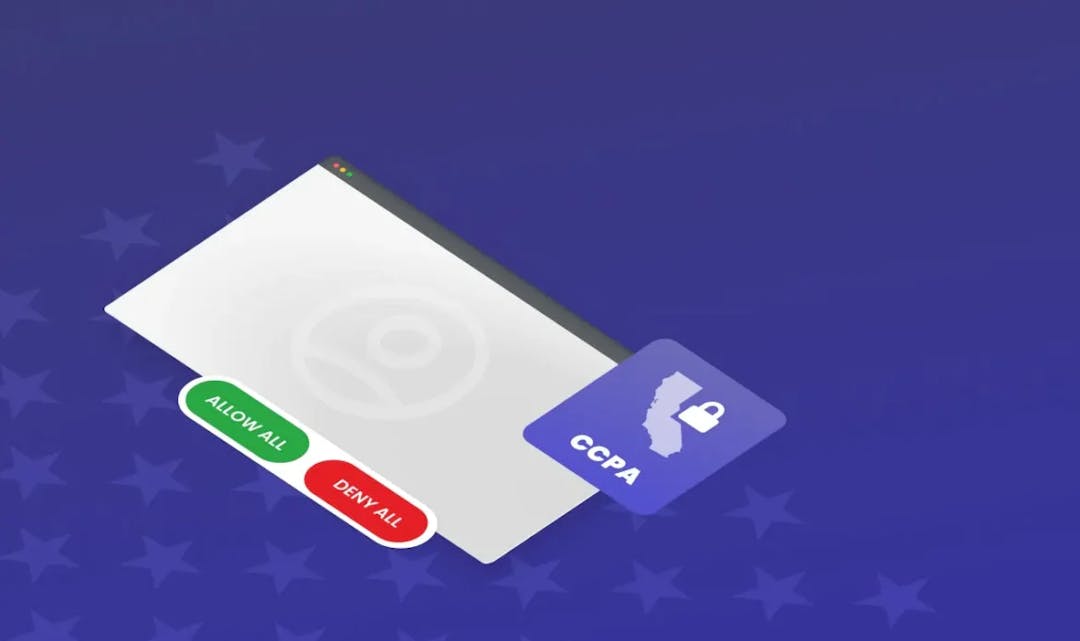
Many regions around the world require a cookie policy as part of data protection laws – for example, California’s California Consumer Privacy Act (CCPA) or the EU’s General Data Protection Regulation (GDPR). These laws make a cookie policy a legal requirement and failure to comply may result in fines and penalties.
Guide to the CCPA Opt-Out Requirements
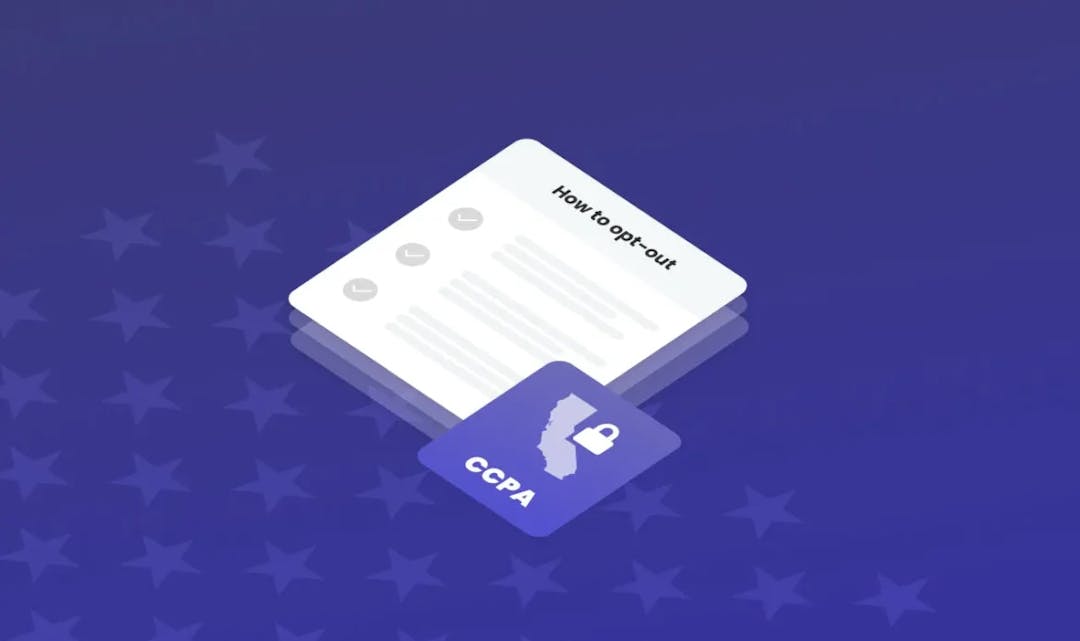
The California Consumer Privacy Act (CCPA) is focused on giving consumers greater control over the personal information collected about them. An important part of this is being able to opt out or refuse permission to personal data being used in particular ways.
Guide to CCPA Cookie Banners
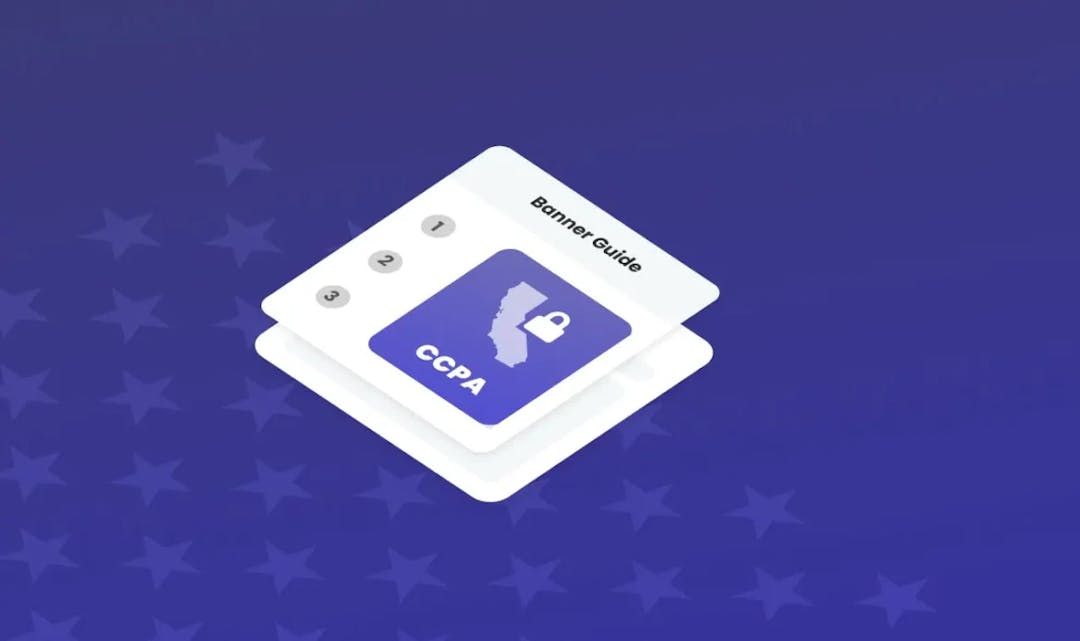
Cookie banners help your site to comply with the requirements of the California Consumer Privacy Act (CCPA) that gives California residents the right to have a say on how their personal data is collected and used. What does a CCPA cookie banner cover, and how can they be made as user-friendly as possible?
CCPA Compliance Checklist
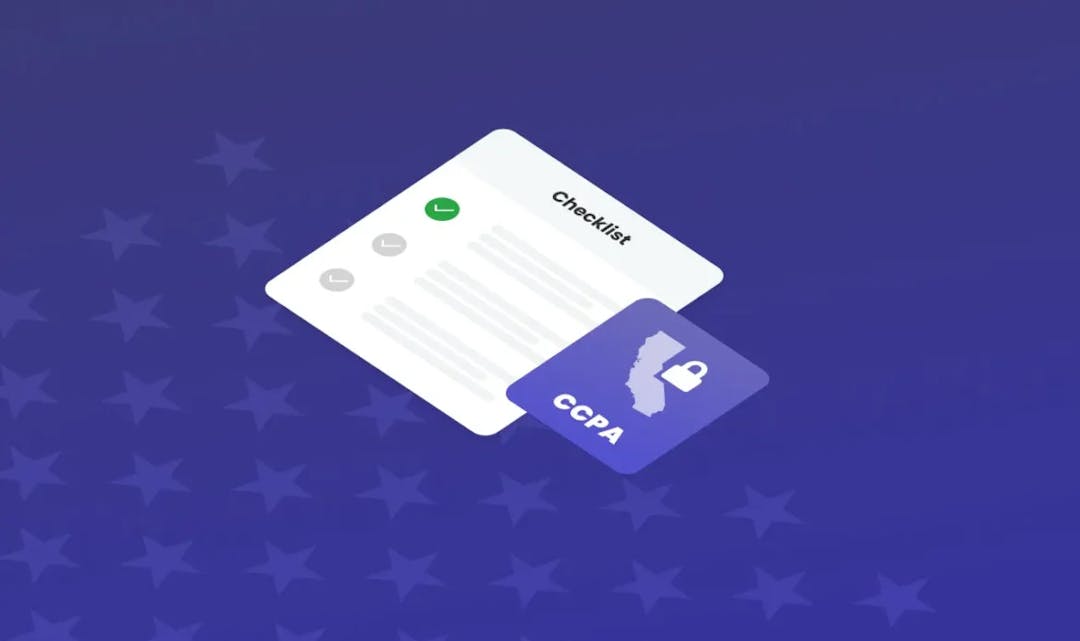
Meeting the requirements of the California Consumer Privacy Act (CCPA) can be daunting. It’s easy to understand the overall purpose, but the fiddly details of exactly what you need to do to comply are often harder to grasp.
Guide to the UK’s Data Protection and Digital Information Bill

The UK government wants to reform data protection laws, removing administrative burden and helping to promote innovation. The challenge is to achieve this without causing disruption or risking trading relationships.
Who Does the CCPA Apply to?
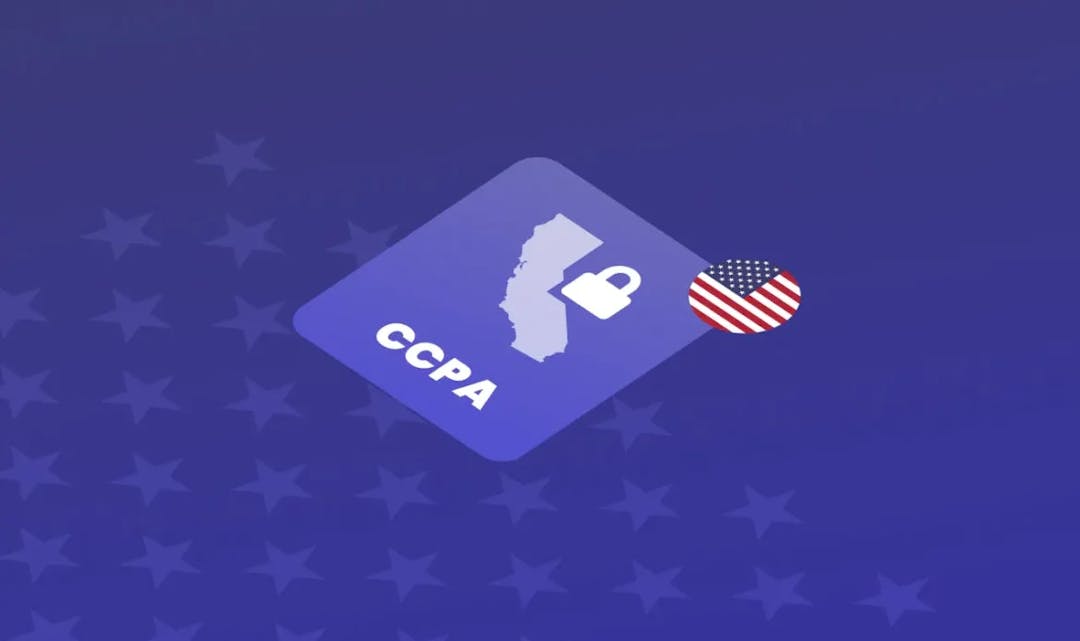
The California Consumer Privacy Act 2018 (CCPA) has impacts far beyond the boundaries of California. The US state has a $4 trillion economy; if California was a country, it would be the fourth-largest economy on the planet.
How to Comply with CCPA
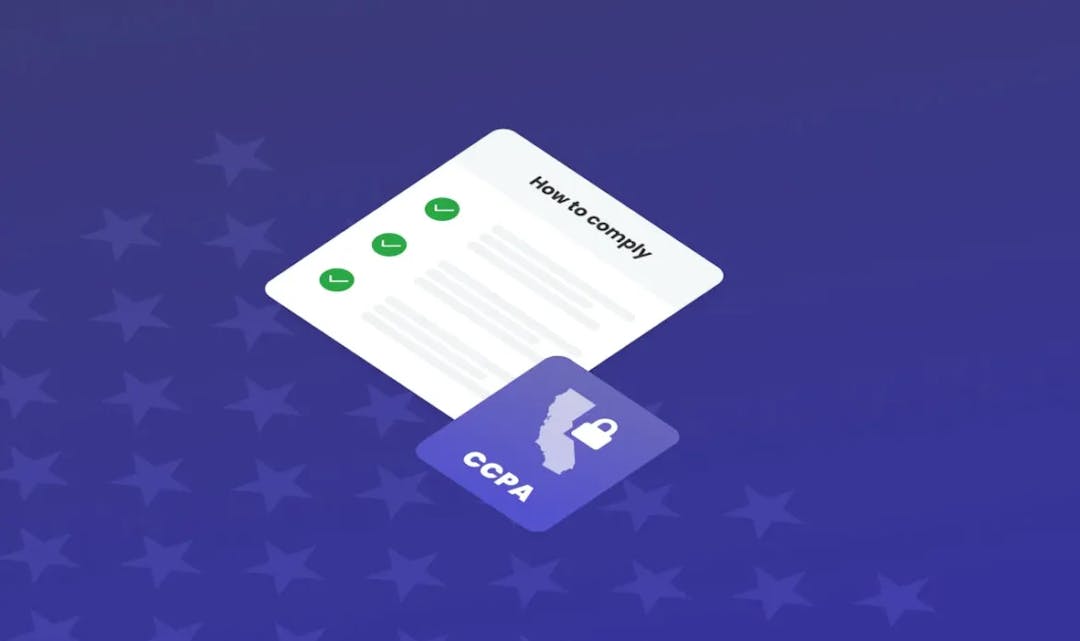
The California Consumer Privacy Act (CCPA) applies to for-profit businesses collecting or processing the data of California residents – even if they’re out of state. Since California has the largest economy in the USA, the legislation has impacted businesses across the country and beyond since it came into force on January 1 2020.
How to check your website’s compliance quickly & easily

In the battle to remain compliant with the constantly shifting global data privacy landscape, websites have a powerful new tool at their disposal. CookieHub, the leading Consent Management Platform, is offering a fast and free compliance check that provides websites with the inside track on every cookie they’re running.
Implementing cookie consent doesn’t get much easier
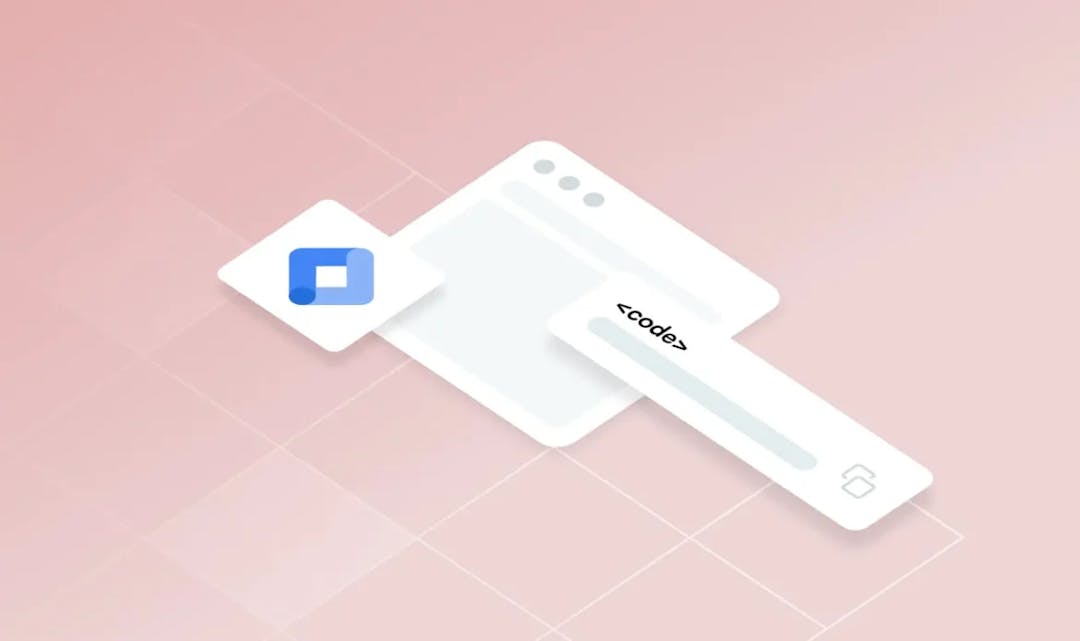
If you’re like most people, the idea of adding code to your website is an uncomfortable idea at the best of times, and borderline terrifying at worst. With lines of JavaScript and HTML code inspiring fear in website owners worldwide, the task of remaining compliant with international data privacy laws is a fraught process for many.
How data privacy laws will change in 2023

Data privacy laws may have started out as a way to help secure high-risk activities such as banking and healthcare, but they now cover everything from day-to-day shopping to streaming services. While that’s undoubtedly a positive thing for customers, when it comes to the businesses serving these customers, staying data-compliant can get very tricky, very quickly.
Hong Kong’s Personal Data Protection Ordinance (PDPO)
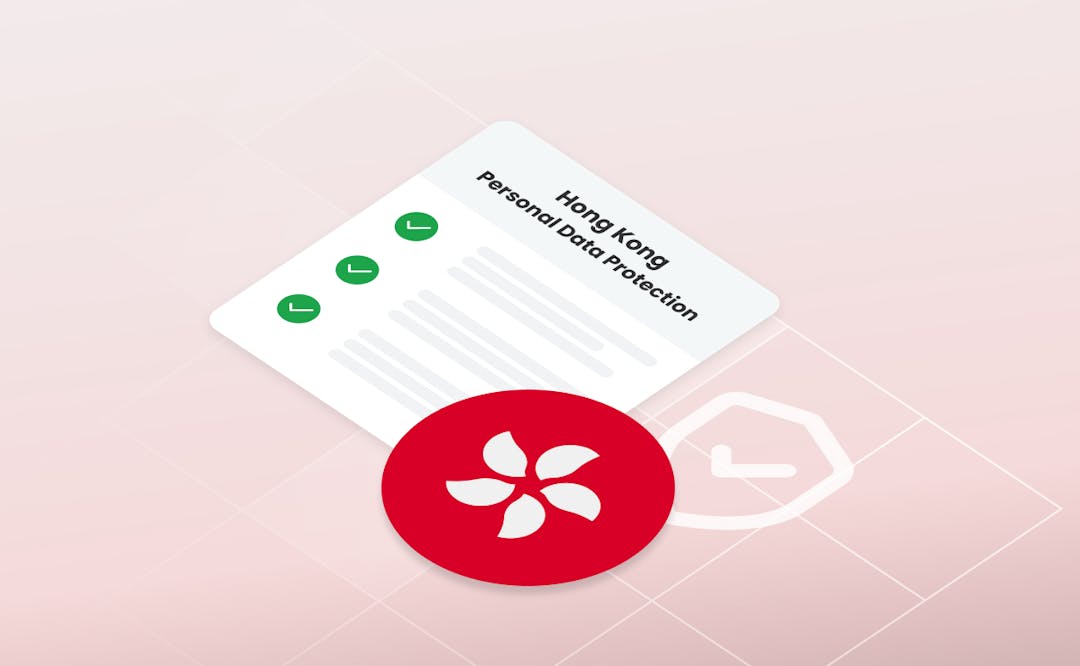
Passed in 1995, Hong Kong’s Personal Data (Privacy) Ordinance (PDPO) is one of Asia’s most established data protection laws. Created in response to a 1994 Law Reform Commission Report, which suggested that Hong Kong establish an updated privacy law in line with the OECD guidelines, PDPO was introduced to provide Hong Kong with the levels of data privacy required to maintain the region’s prominence as an international trading hub.
Thailand’s Personal Data Protection Act – There’s a New Privacy Law You Need to Know About
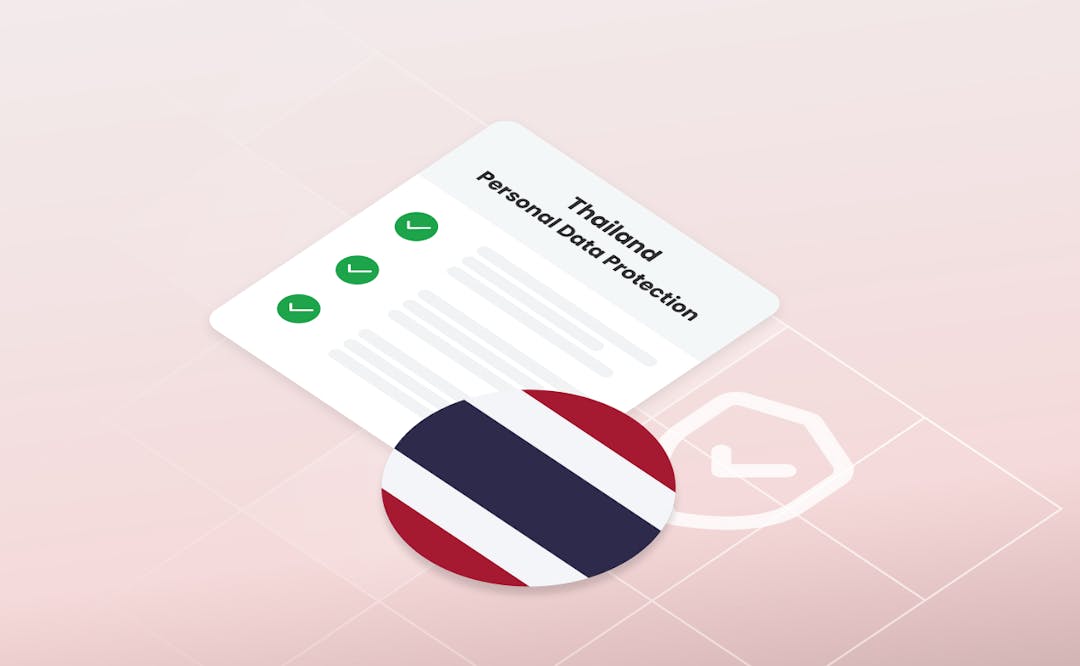
Enforcement of Thailand’s Personal Data Protection Act began on June 1 after three years of delays. Originally enacted in May 2019, this law mirrors the European Union’s General Data Protection Regulation and joins a long list of laws meant to safeguard internet users and protect personal information.
Cookie Checker: Does My Website Use Cookies?
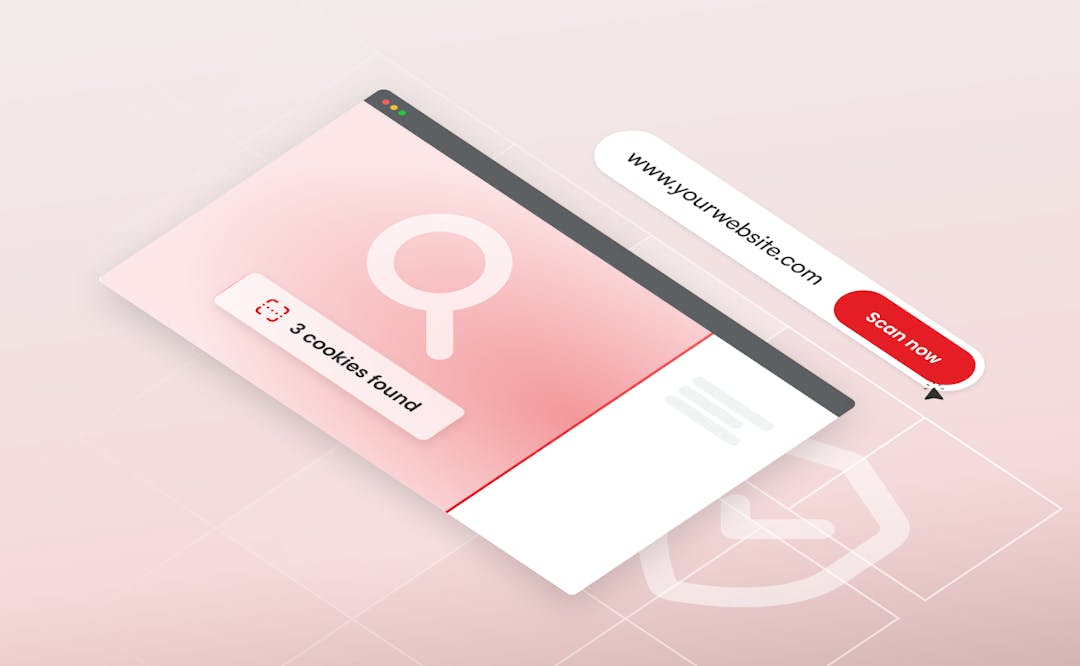
For website owners, cookies are also easy to use and implement. They do not require the resources of a server and occupy only a small amount of memory. They can be configured in numerous ways, can persist for customized amounts of time, and can fuel highly targeted marketing campaigns aimed at highly specific market segments.
Italy’s New Privacy Guidelines: Here Is What You Need to Know
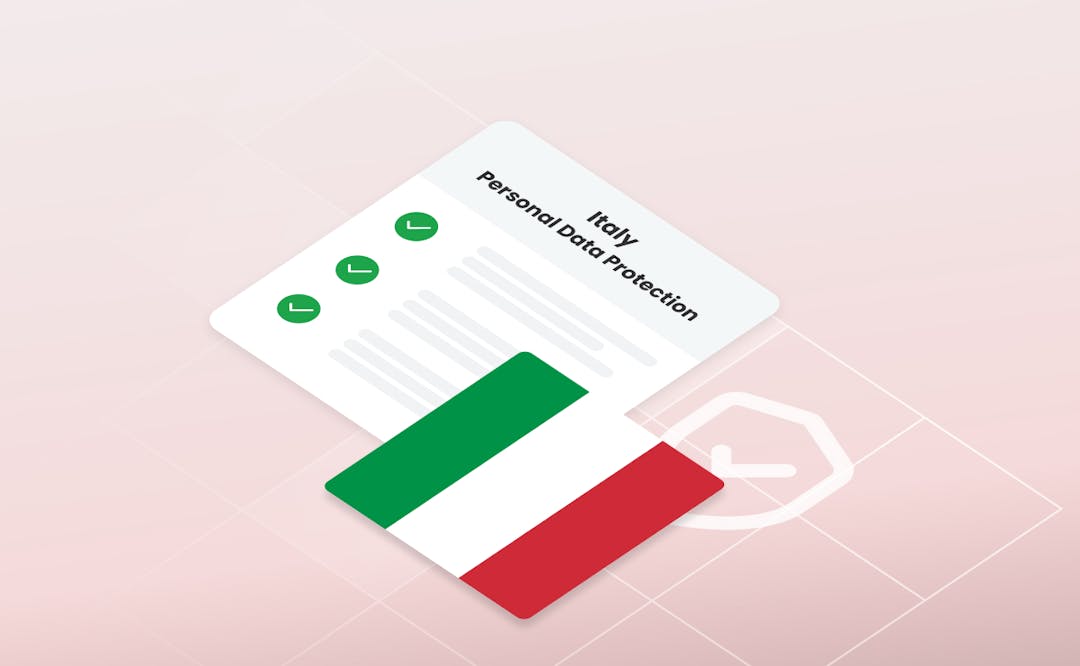
New guidelines from the Italian data protection authority went into effect on January 9, 2022, and these impact any website that uses cookies. The new guidelines were announced last summer and authorities granted website managers a six-month period to learn about the new rules and make adjustments. With the new privacy rules now in effect, website managers need to get on board and understand these regulations and adapt to them.
You Can Do It! Become a Reseller for CookieHub and Join Our Partner Program
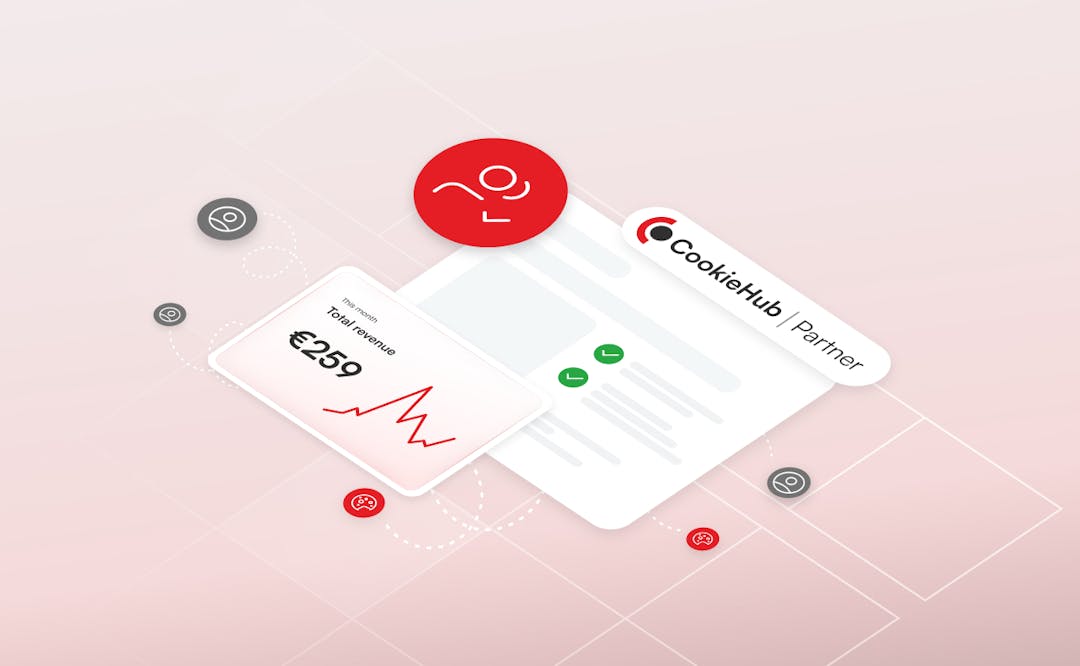
CookieHub makes creating a consent management platform easy and has everything you need to make your website GDPR, LGPD, and CCPA compliant. Now, we are making compliance both easy and lucrative with our reseller program. The best thing is that our reseller program does not only work for web developers and tech gurus — anyone can get on board and start selling today.
What is the CPPA – Canada’s Consumer Privacy Protection Act?
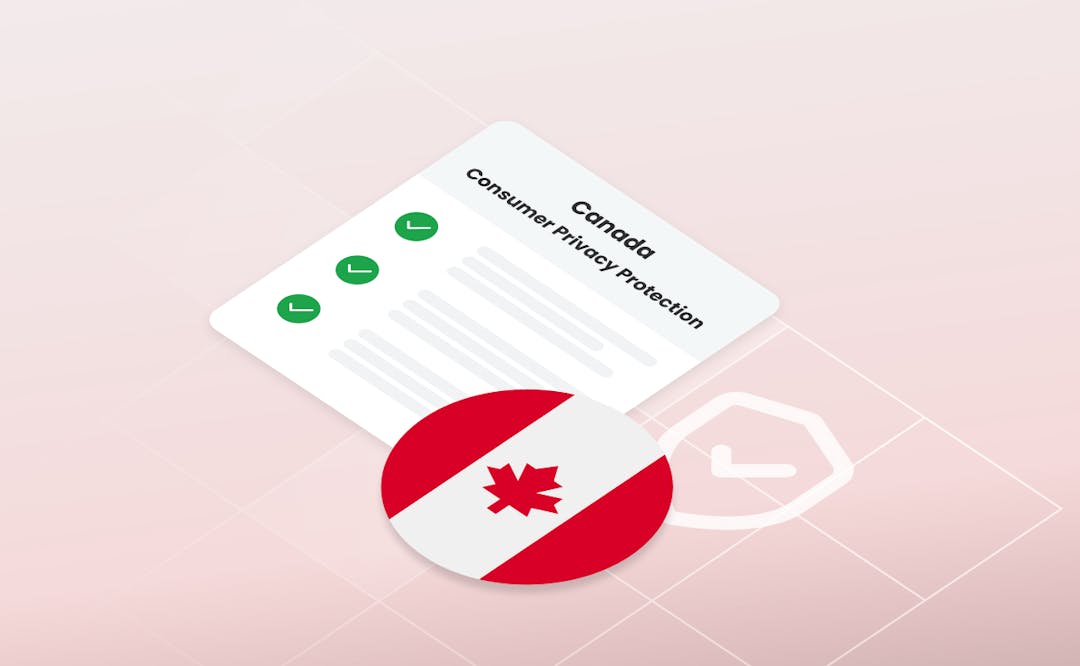
Following other legislators’ footsteps, in November 2020, the Canadian House of Commons introduced the Digital Charter Implementation Act (DCIA), also known as Bill C-11. Like similar data privacy laws, the DCIA aims to regulate the collection, distribution, use and disclosure of consumer information used in commercial activities.
What is the APPI – Japan’s Data Protection Law?
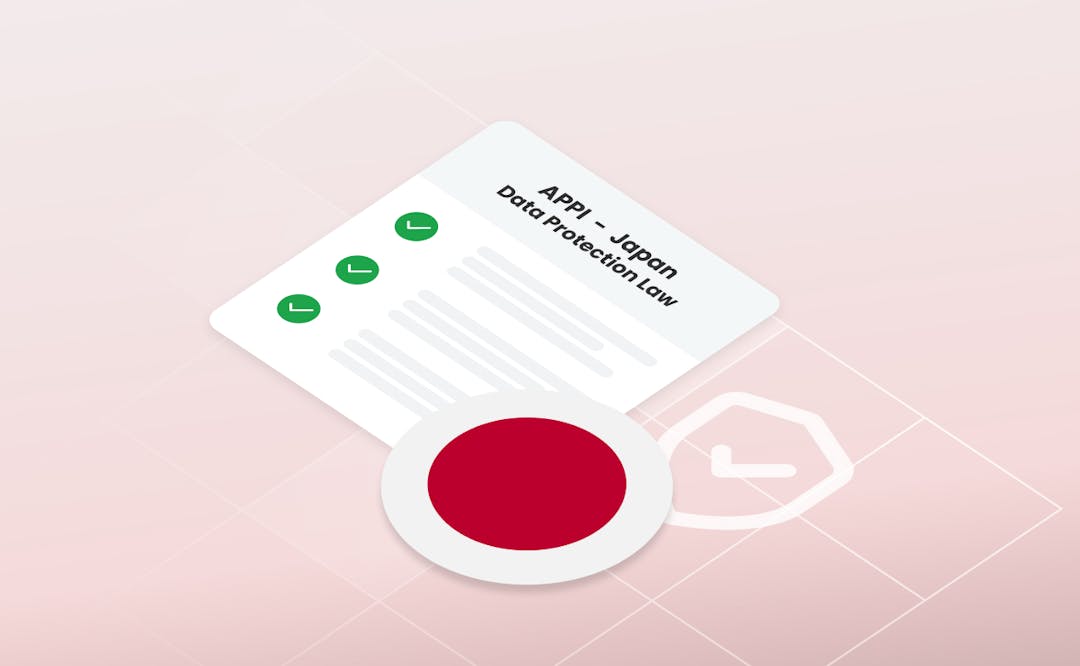
In June 2020, the Japanese government enacted an amendment to the APPI. The new amended APPI will come into effect on April 1, 2022. Like other data privacy laws worldwide, the APPI aims to protect the personal data of Japanese citizens.
What is POPIA – South Africa’s Data Privacy Law?
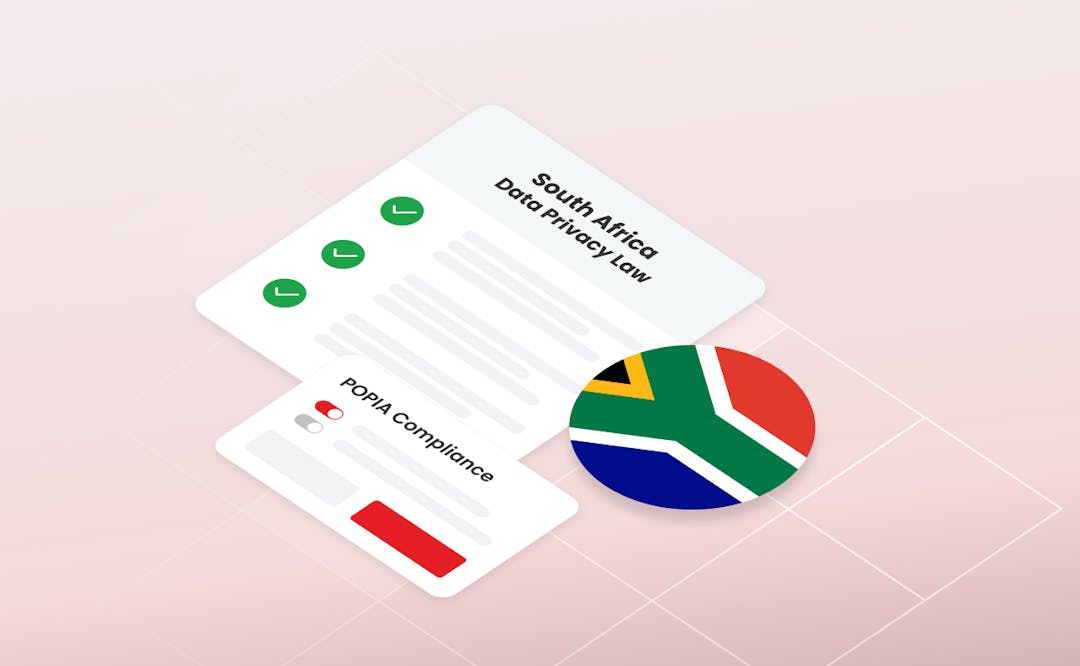
In July 2020, the South African Parliament enacted POPIA. It is the nation’s latest and most prominent data privacy law governing the personal data of South Africans. With a series of new data privacy laws coming into effect worldwide – such as the GDPR and the CCPA – this marks the latest addition, enhancing South African regulations to reflect new global norms.
What Is a Consent Management Platform?
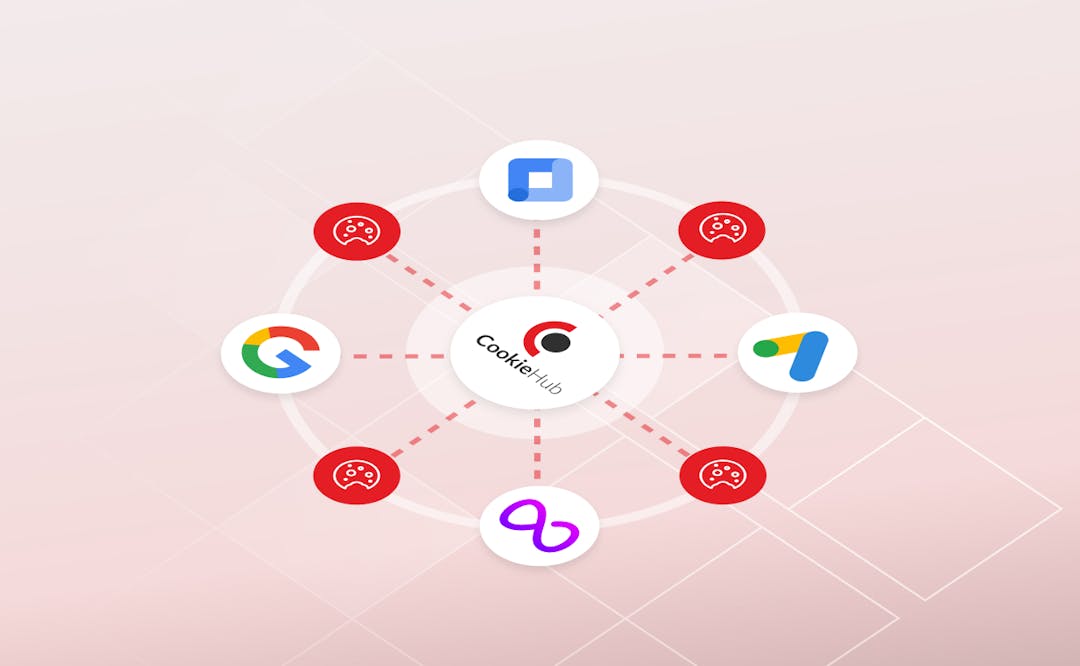
A Consent Management Platform (CMP) is a solution used by websites and mobile applications to manage and store the consent of their users for collection and use of their personal data. CMP’s help organizations to comply with privacy regulations such as GDPR and CCPA by providing a centralized solution for managing and documenting user consent.
What is the CNIL?
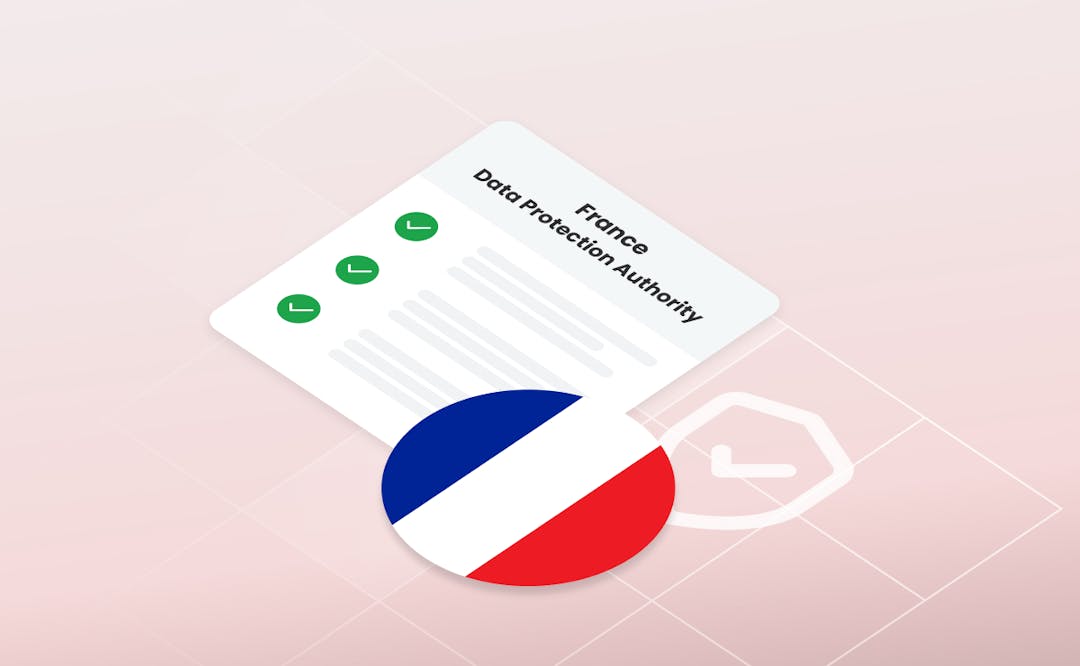
Under the EU Charter of Fundamental Rights, all member states were required to create a data protection authority. These agencies are tasked with protecting the rights of EU citizens’ data in the member state. The French Data Protection Authority in France is the CNIL.
What is the AEPD?
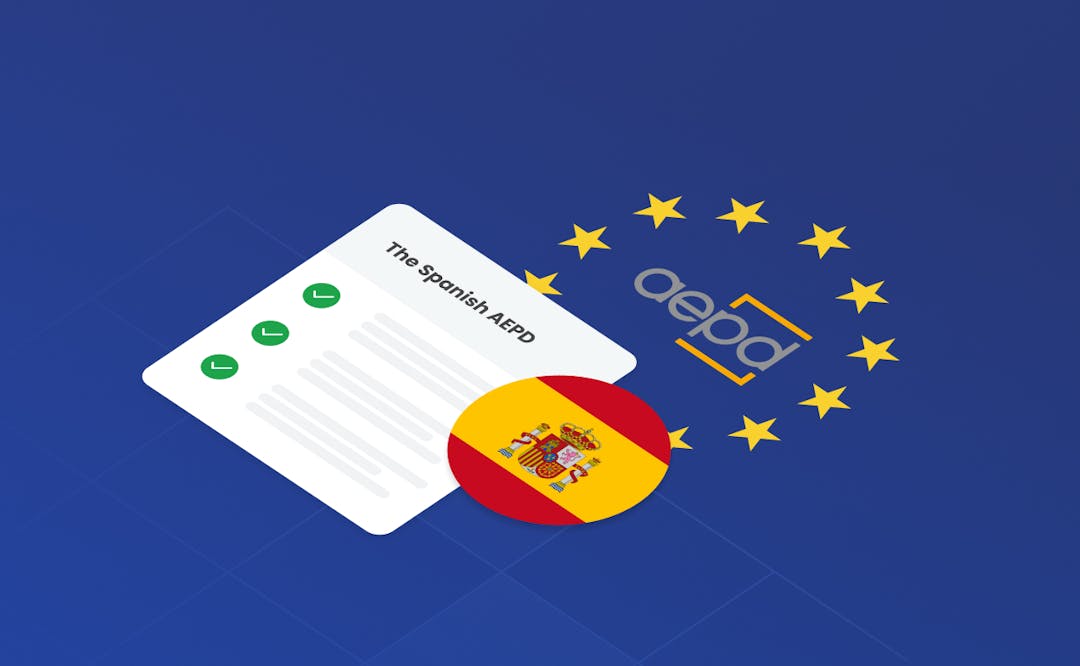
Across the world, businesses and individuals are now commonly aware of the GDPR. That is a legislative framework governing the collection and use of EU citizen personal data. What’s often less appreciated is the role individual member states play in data protection.
What is PDPA – Singapore’s Personal Data Protection Act?
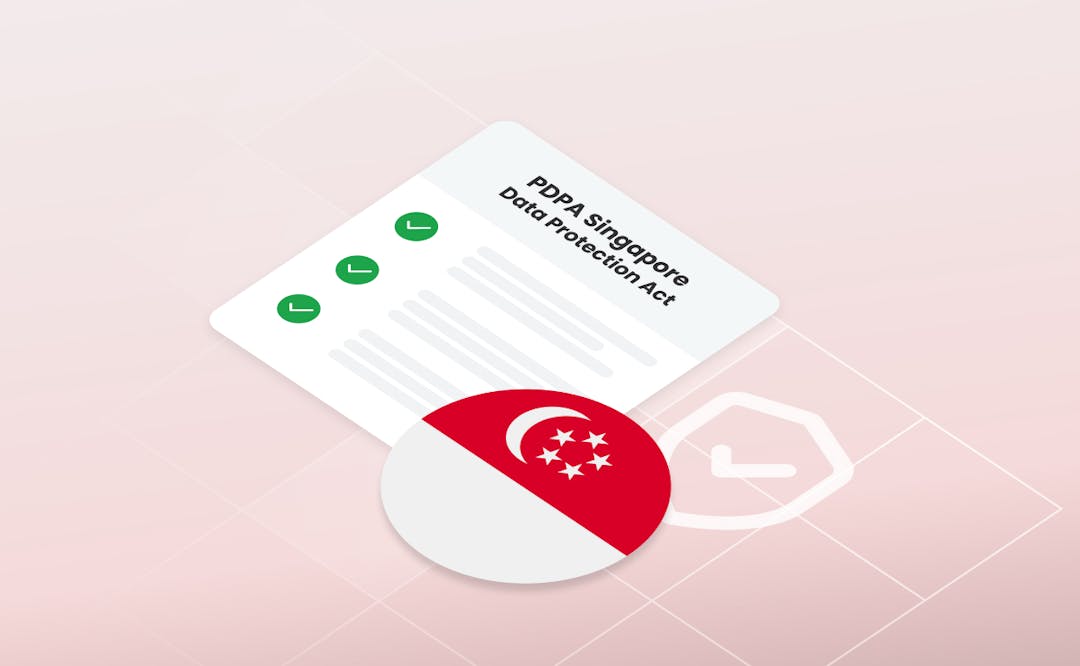
As the internet has become increasingly globalized, national authorities have taken steps to protect citizens’ personal data. That comes after numerous major data breaches from transnational corporations, in addition to the secretive collection of personal data without regulatory oversight. In Singapore, the law on data protection is the PDPA.
What is CCPA? (And How to Become Compliant)
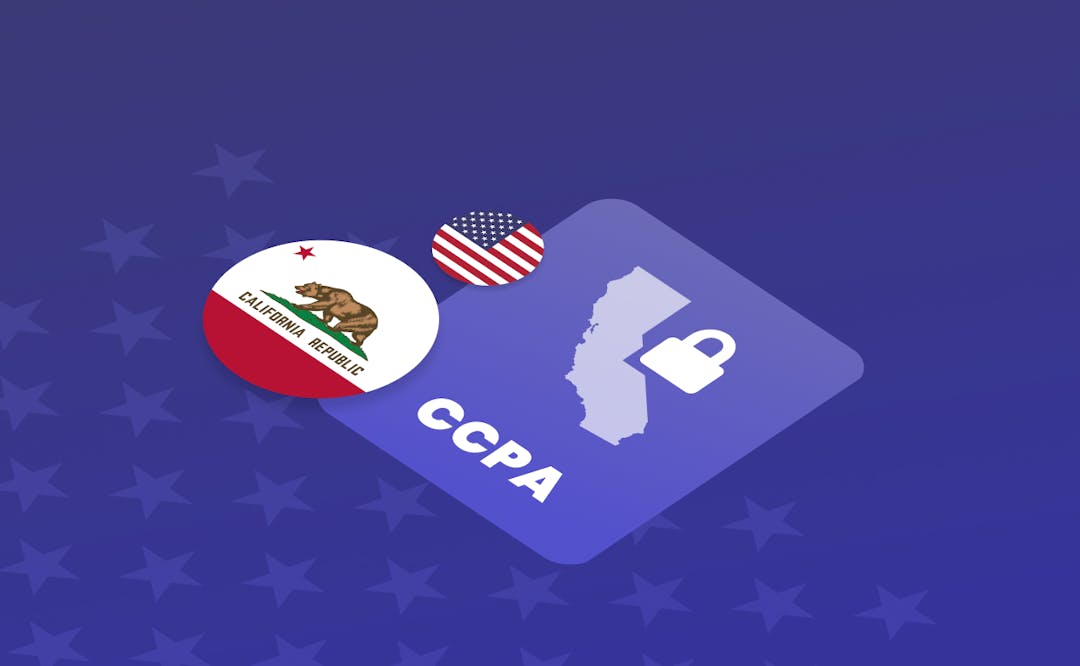
While most people working in data protection have heard of the GDPR, the CCPA receives much less attention. Passed by the California State Legislature, the CCPA attempts to give consumers more control over their personal data. The CCPA and the GDPR share many similarities – as both pieces of legislation aim to address the same issues. Namely the numerous data breaches of personal data from major corporations and the secretive collection of personal data without regulatory oversight.
What is LGPD – Brazil’s General Data Protection Law?
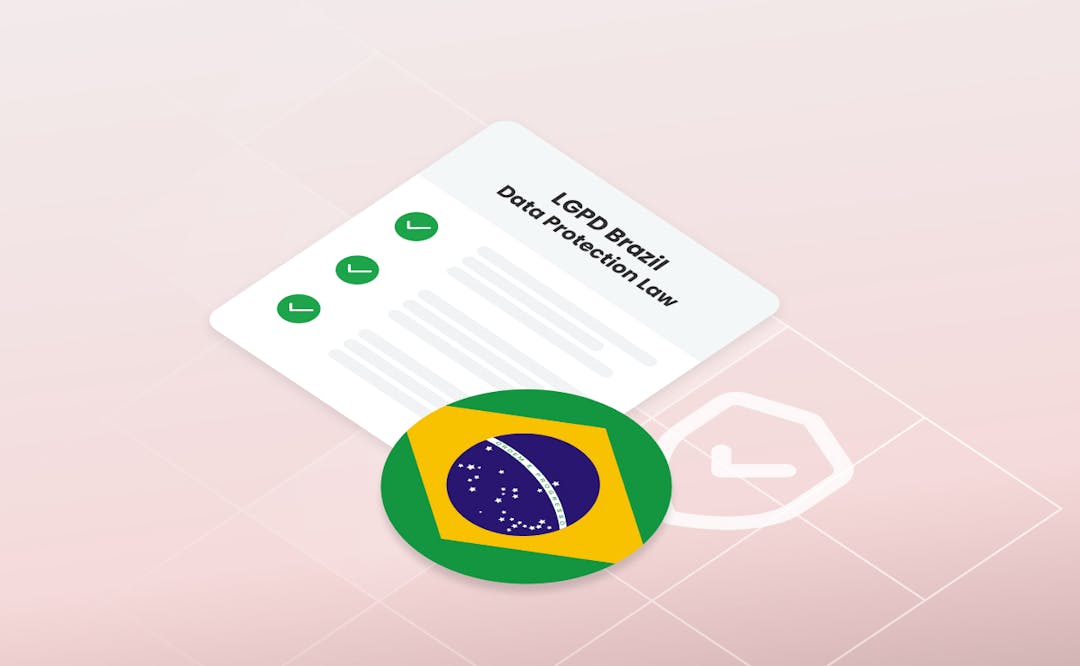
The LGPD is the Brazilian General Data Protection Law (Lei Geral de Proteção de Dados Pessoais). It was passed into law by the National Congress of Brazil on 14 August 2018 and came into effect in September 2020.
Brexit and the GDPR: What You Need to Know?
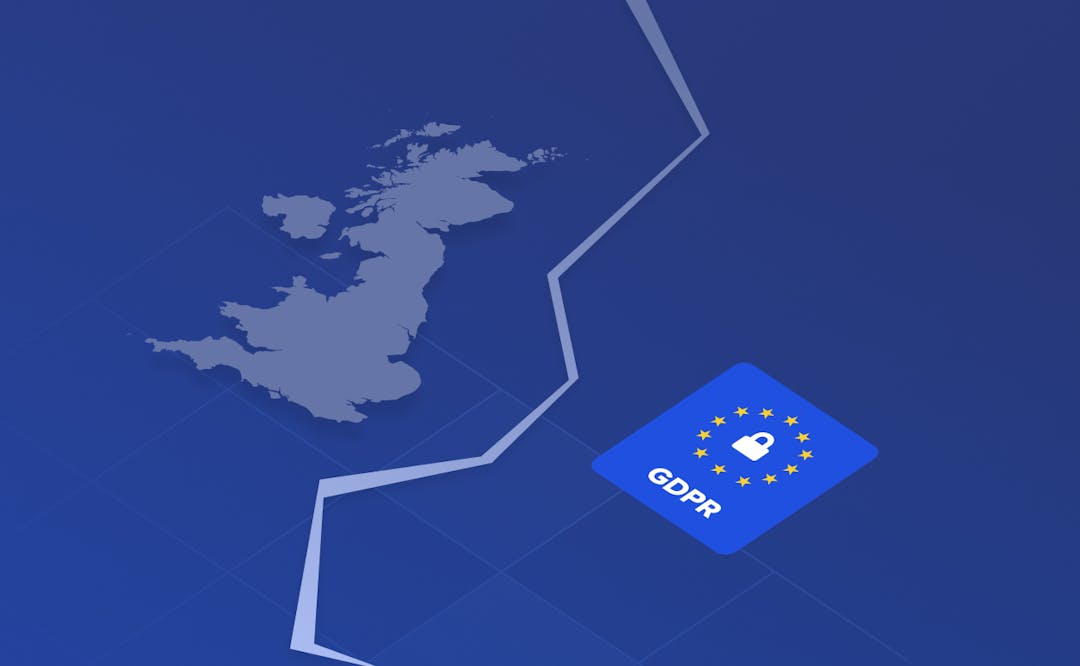
When the GDPR came into full effect in May 2018, the United Kingdom (UK) was still a member state of the EU. Though negotiations for the UK’s exit from the EU (Brexit) had been ongoing since the referendum in 2016, the UK remained obligated to comply with the GDPR.
Does the GDPR Apply to Companies Outside of the EU?
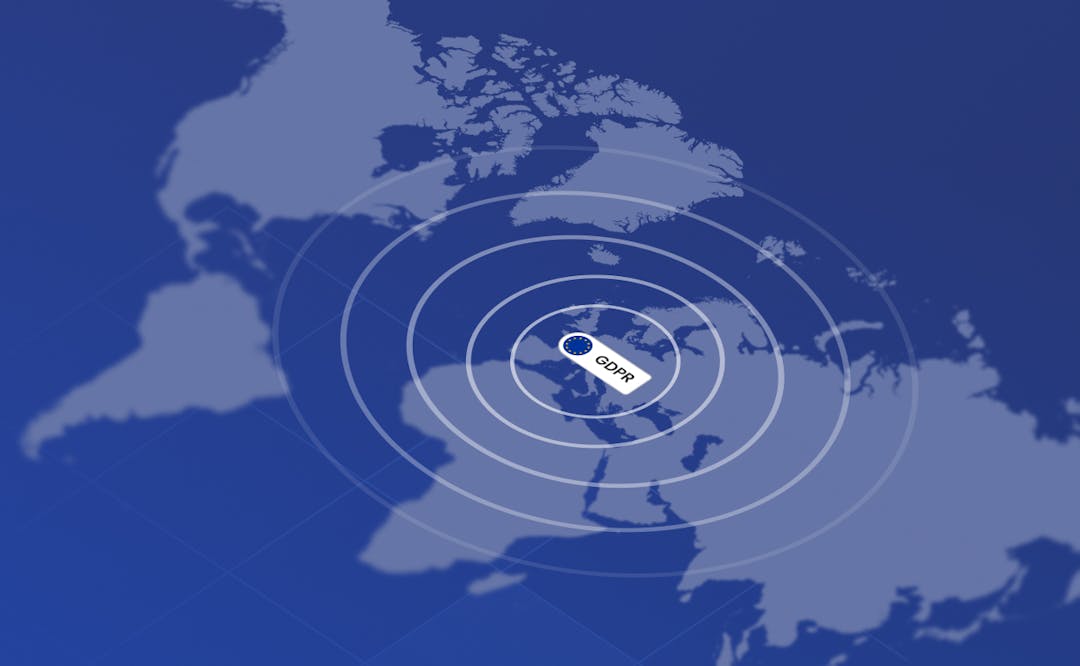
In 2018, the European Union (EU) launched the General Data Protection Regulation (GDPR). It governs the collection and usage of personal data by all private and public entities. The regulation exclusively applies to the personal data of EU citizens. That means that businesses outside the EU are not exempt. Rather, under certain circumstances, the GDPR applies to non-EU companies. Below we’ll explain the conditions where companies outside the EU must follow the GDPR. And also, what happens if they do not.
What are the GDPR consent requirements?
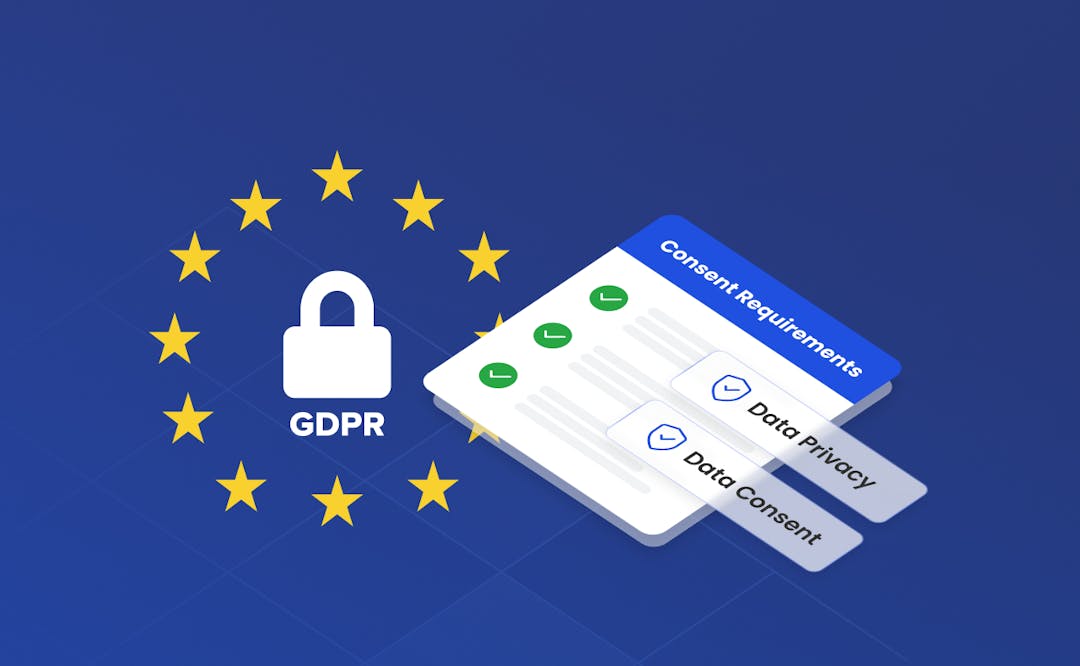
The General Data Protection Regulation (GDPR) is now the foundation of online data protection legislation. As it governs all EU citizen personal data, the Regulation is not only applicable to EU-based organizations. Indeed, any website an EU citizen may potentially access is required to meet the GDPR standards.
What Does the GDPR Mean for Business and Consumer Technology Users?
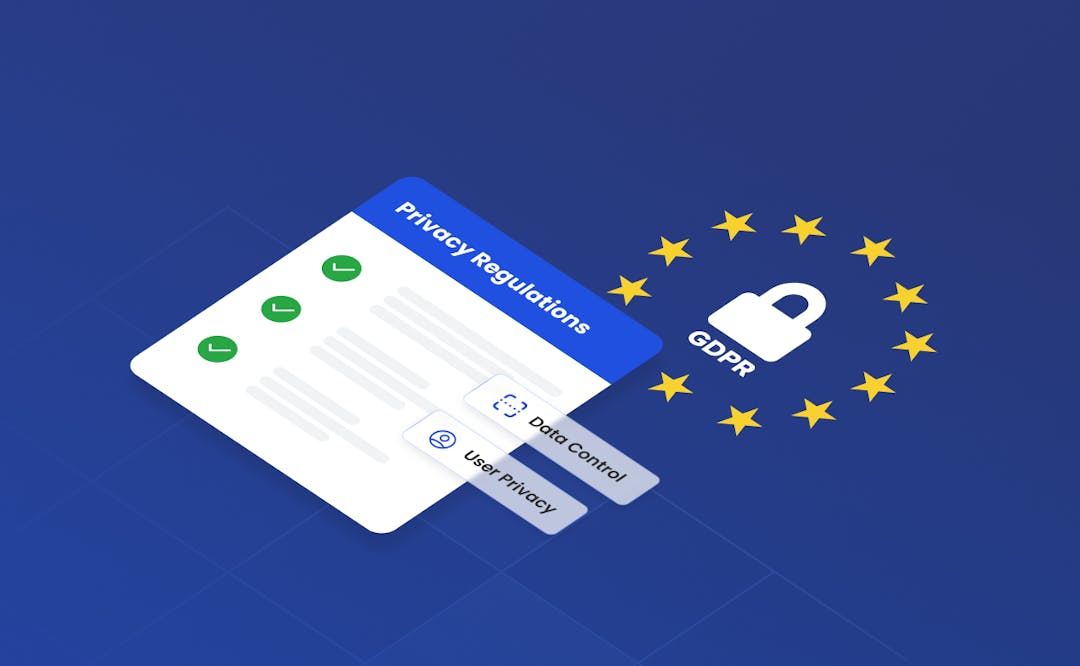
If you’re a business handling personal data, you’ll know: GDPR has changed everything. No longer can organizations freely collect data on people around the world. Now, no matter the organization location, they’re still expected to treat EU citizen personal data in accordance with the GDPR The fundamental goal of the GDPR is to put the consumer in firm control of their personal data.
How to be GDPR Compliant?
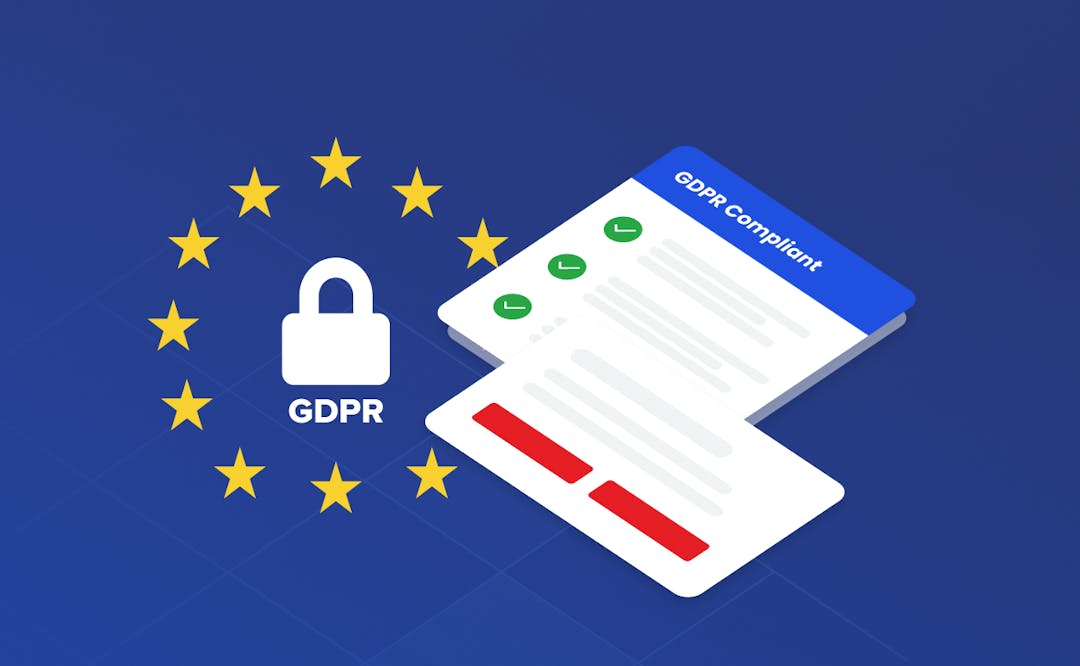
Following years of data breaches and tech companies’ secretive use of personal data, the EU responded with the GDPR. It governs and regulates the collection and use of personal data for EU citizens. That doesn’t just apply to companies based in the EU. It applies to any company to which EU citizens have access – even if the organization does not market to EU citizens directly.
What is Considered Personal Data Under the GDPR?
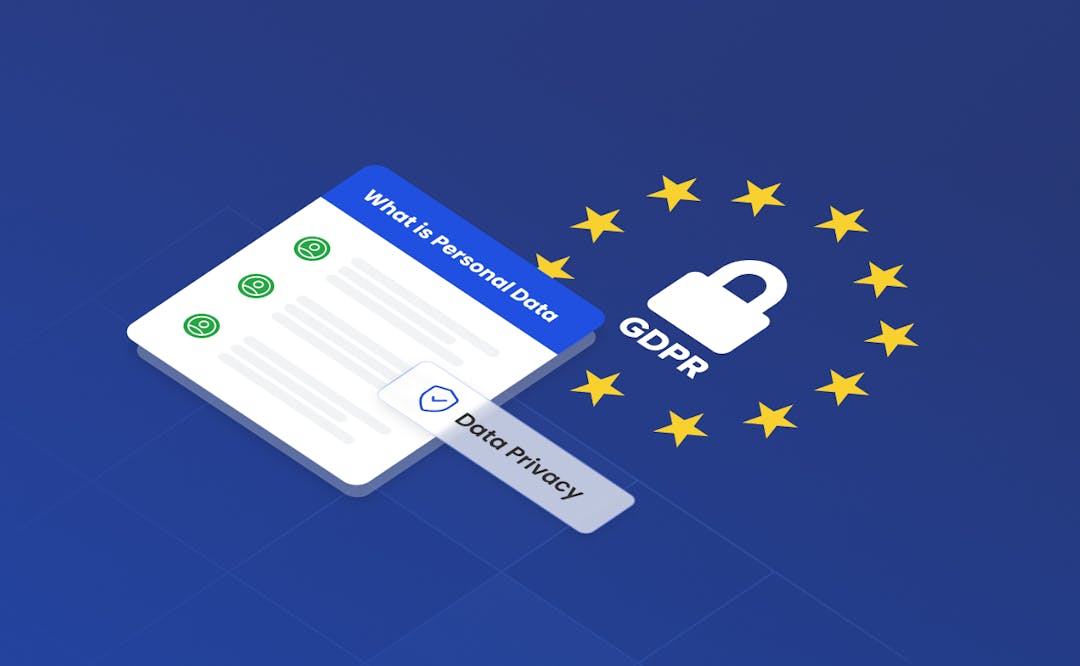
Under the GDPR, personal data is defined as any identifiable information about a person. This can include information such as a person’s name, address, email address, IP address, biometric data, and more. GDPR is the farthest-reaching data protection legislation in the world. It governs the collection, storage, and destruction of personal data for all citizens of the EU. Nor are organizations located geographically outside the EU exempt. This overarching regulation covers any personal data from EU citizens.
What is GDPR?
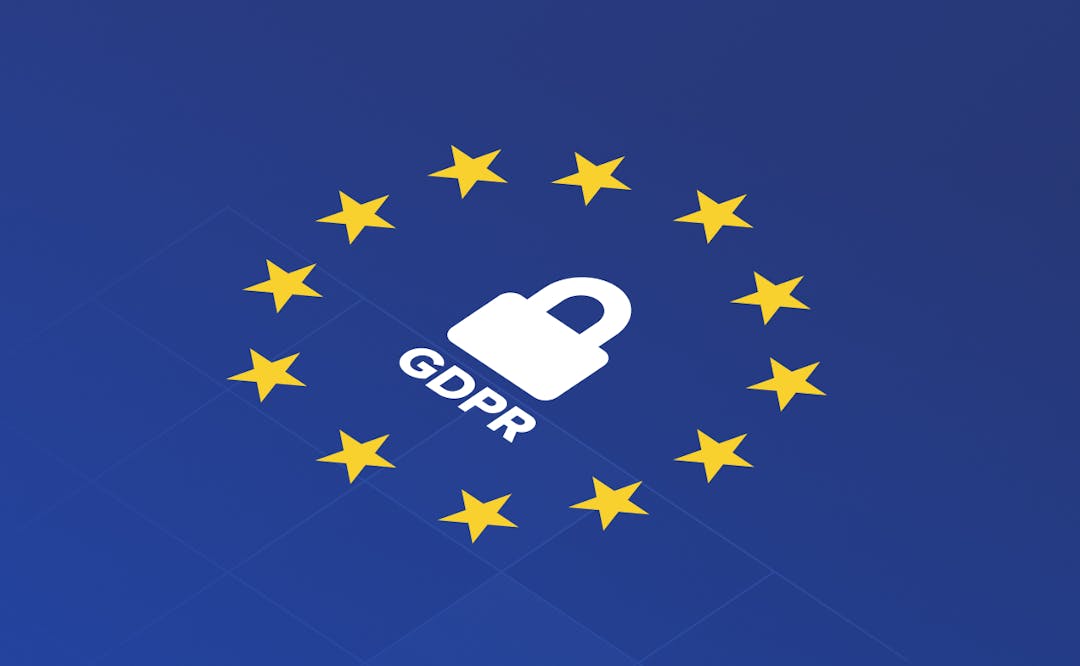
If you work in data protection or are just active online, you’ll likely have heard of GDPR. Drafted and passed by the EU, it is the most stringent privacy and security law worldwide. However, GDPR isn’t exclusively related to EU countries. Because GDPR imposes obligations on organisations anywhere in the world if they find themselves in possession of data from EU citizens.
Cookie Law Definitions
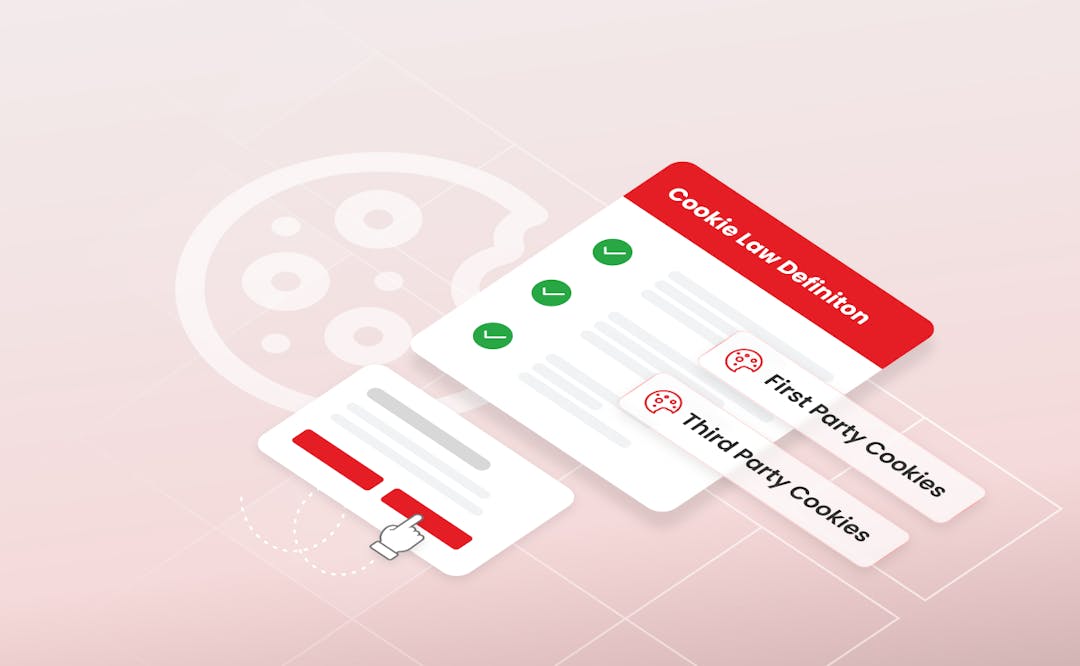
When browsing the internet, it’s highly likely that you’ve encountered countless pop-up windows or banners that state the use of cookies and a request for the end-user to allow cookies. This is because of the privacy protection regulations implemented in recent years (i.e. the EU cookie law-2009 ePrivacy Directive and the GDPR), for the purpose of protecting individuals. These recorded consents serve to protect the marketers and companies from legal ramifications.
What is a Tracking Cookie?
Most everyone is familiar with the term “cookie” when it comes to browsing the web, but if you’d like to learn more about the true purpose of a tracking cookie, keep reading.
©2018-2026 CookieHub ehf.
CookieHub CMP offers tools and services for managing cookies and online privacy.


